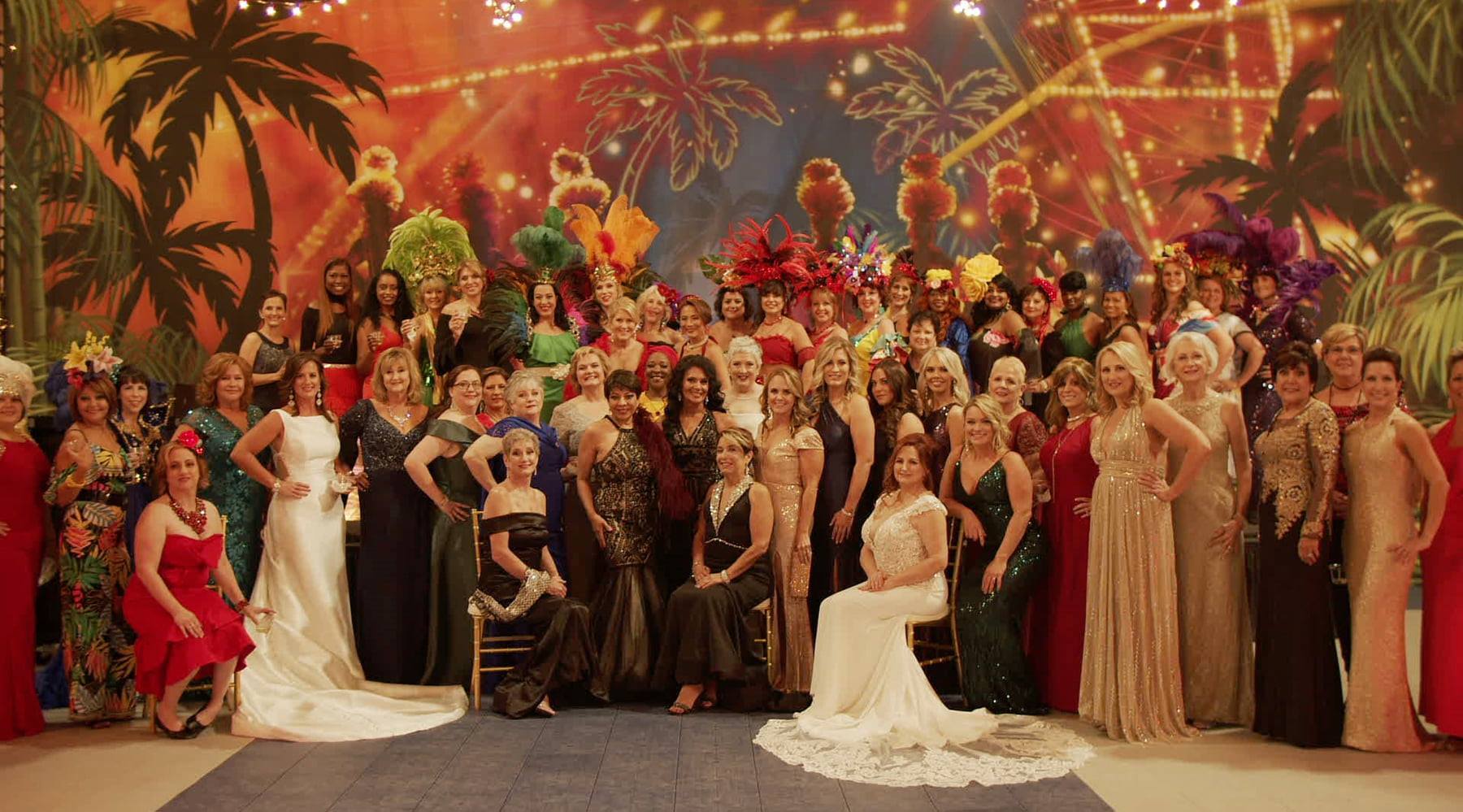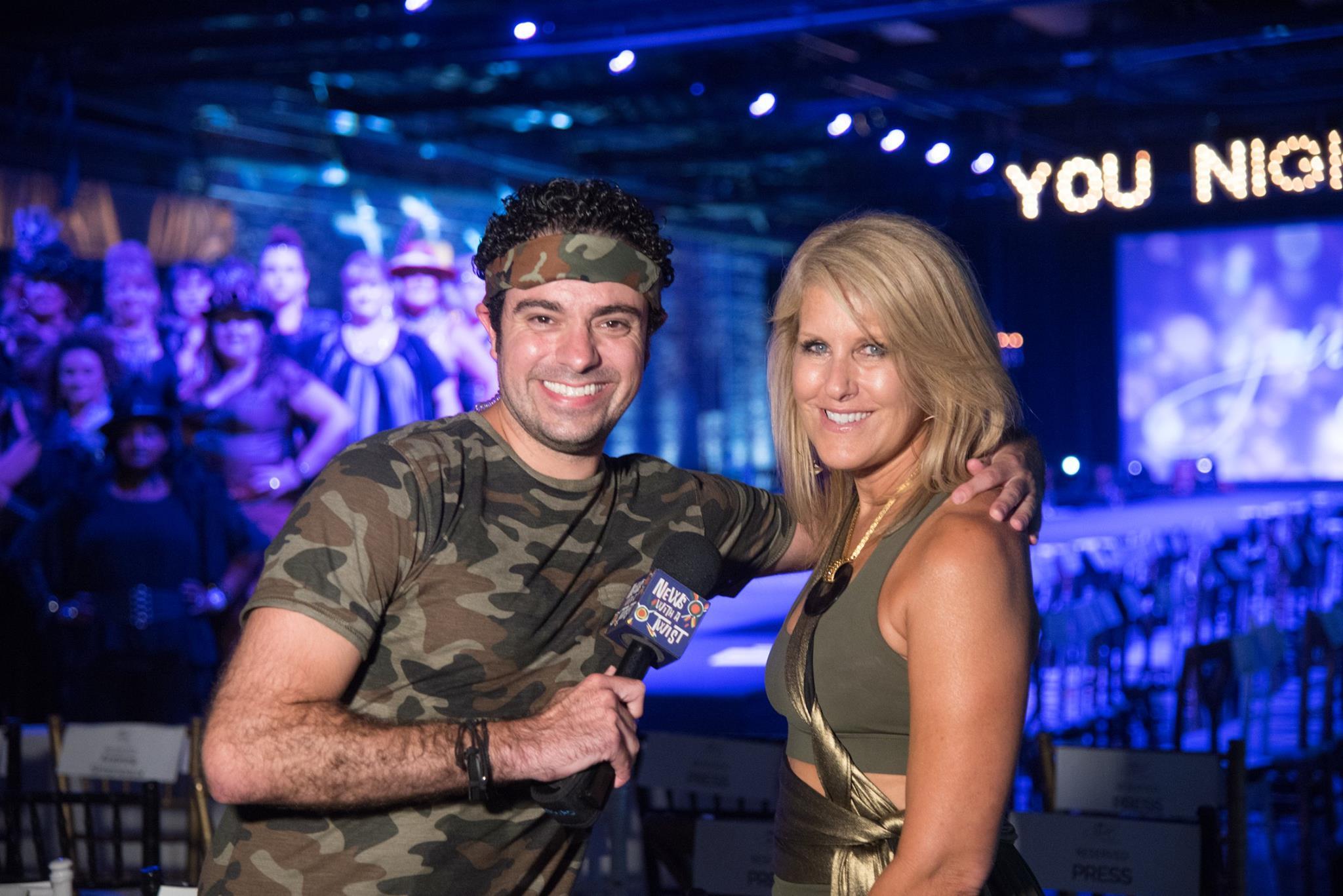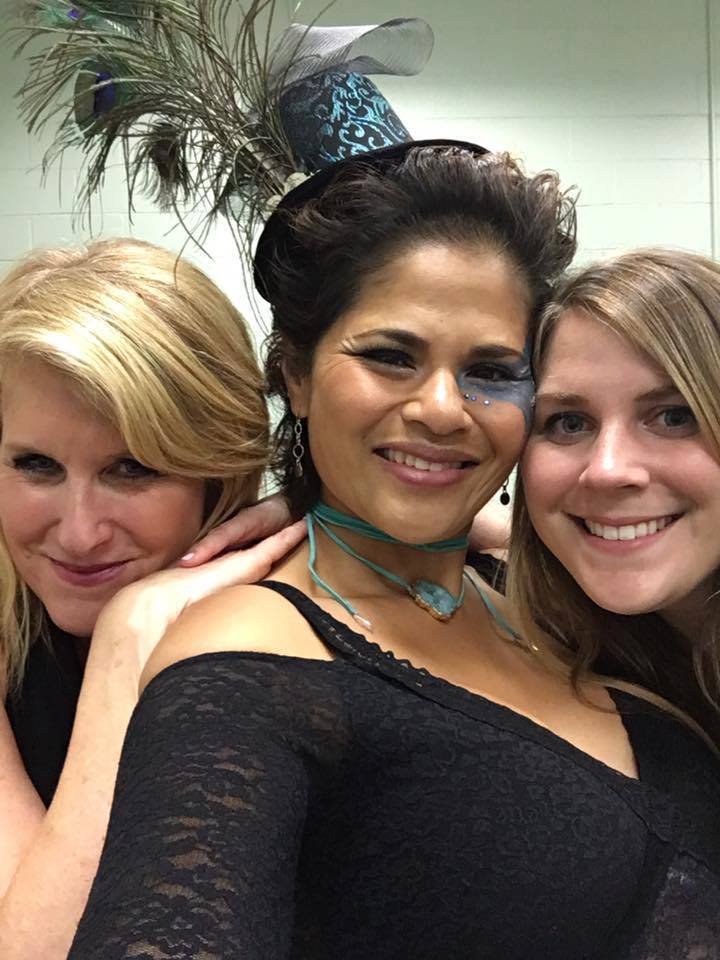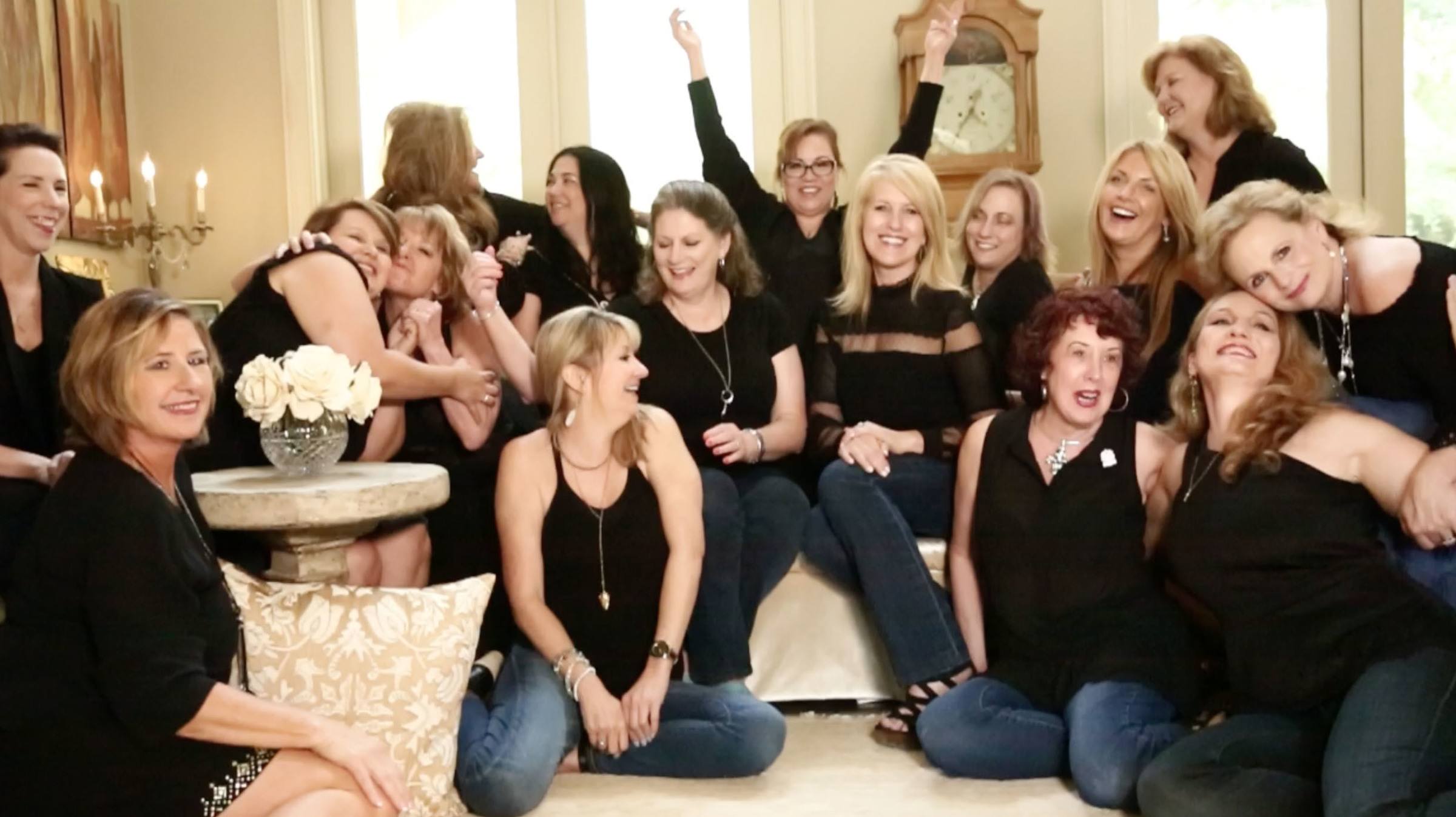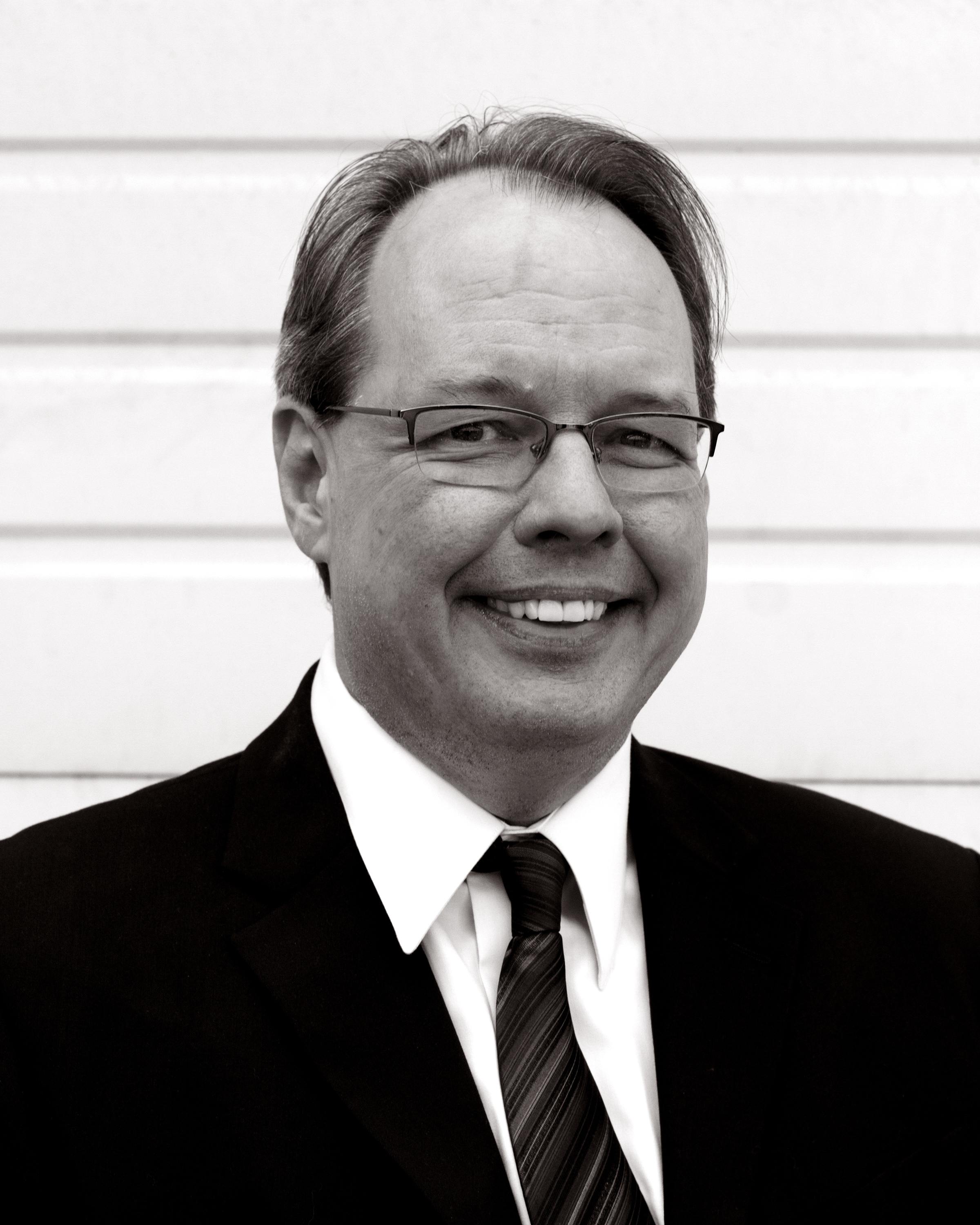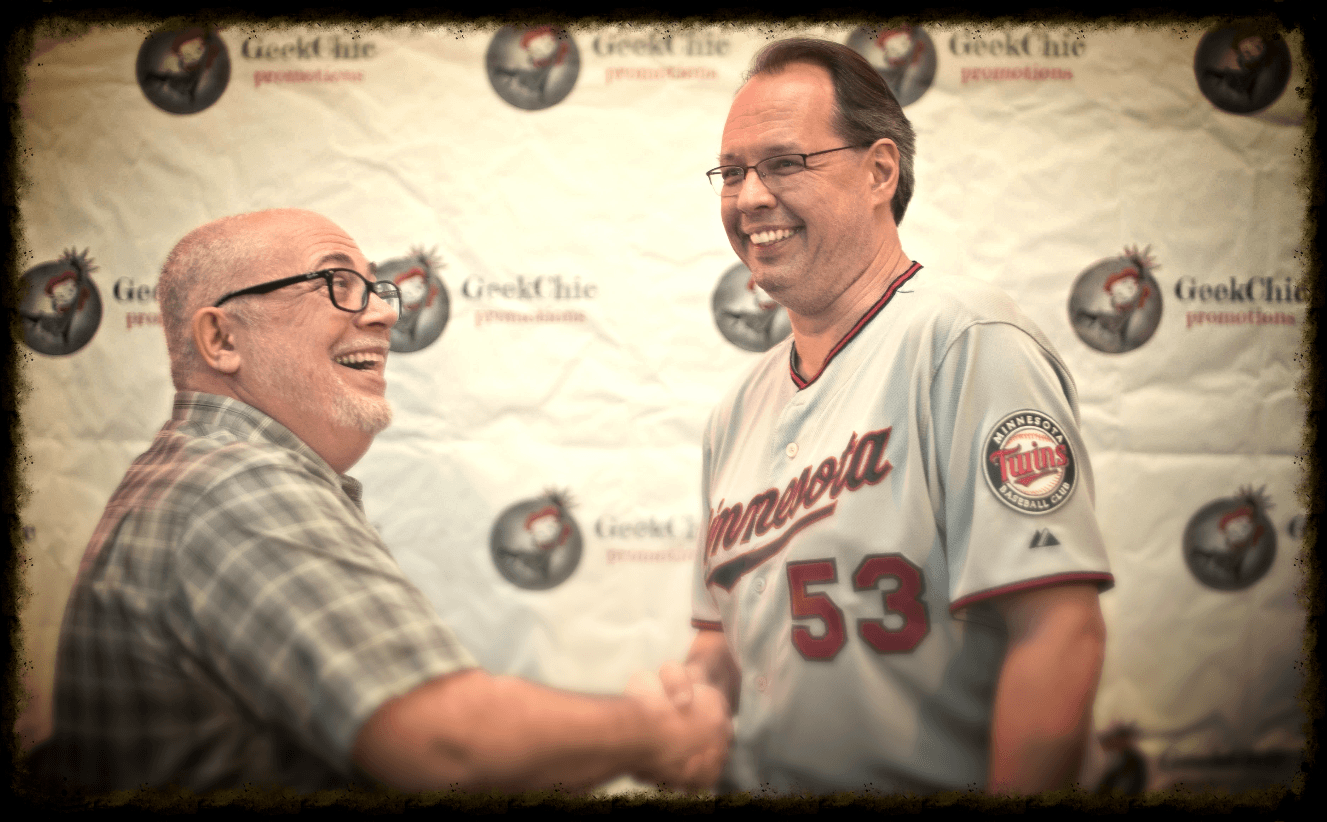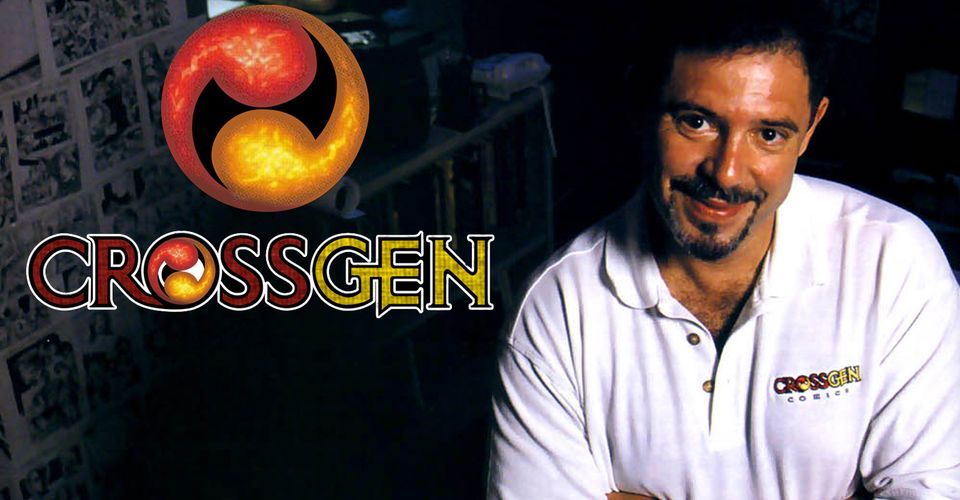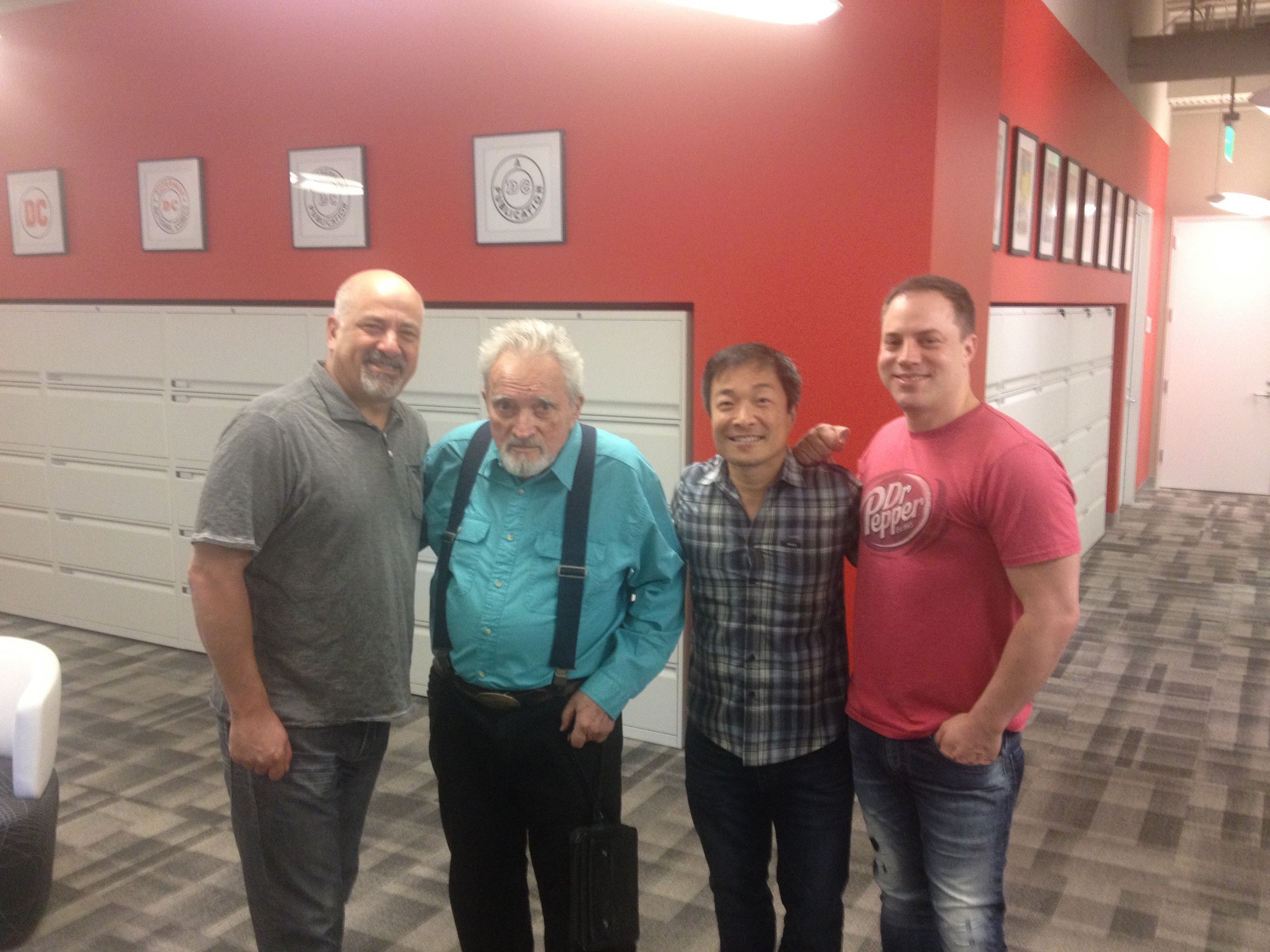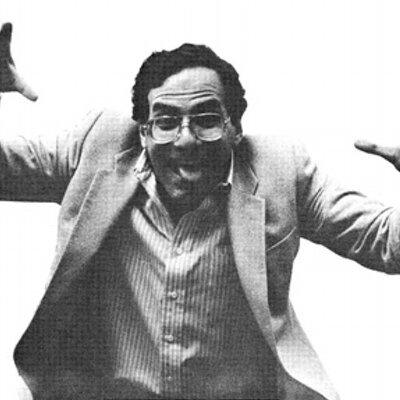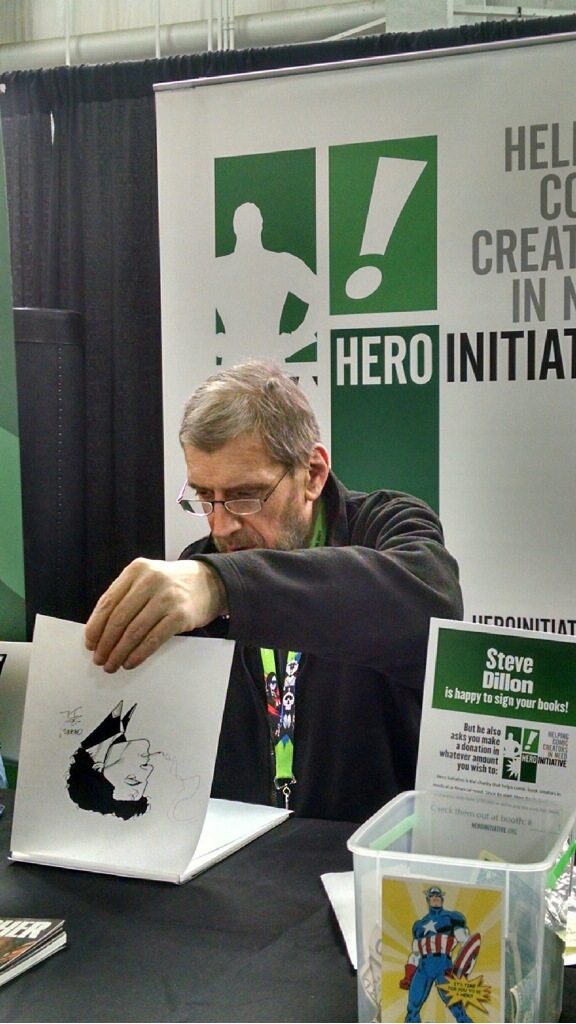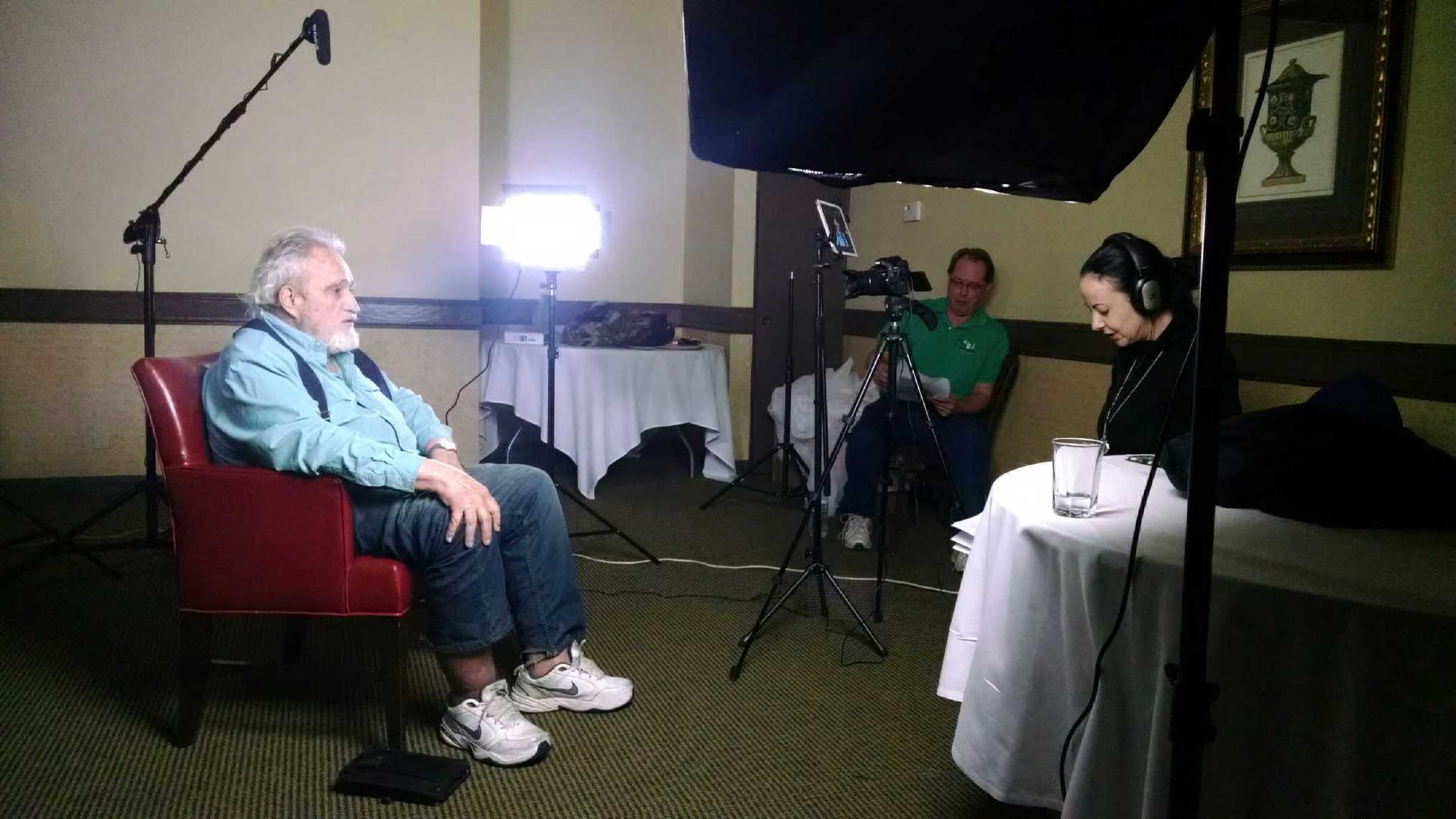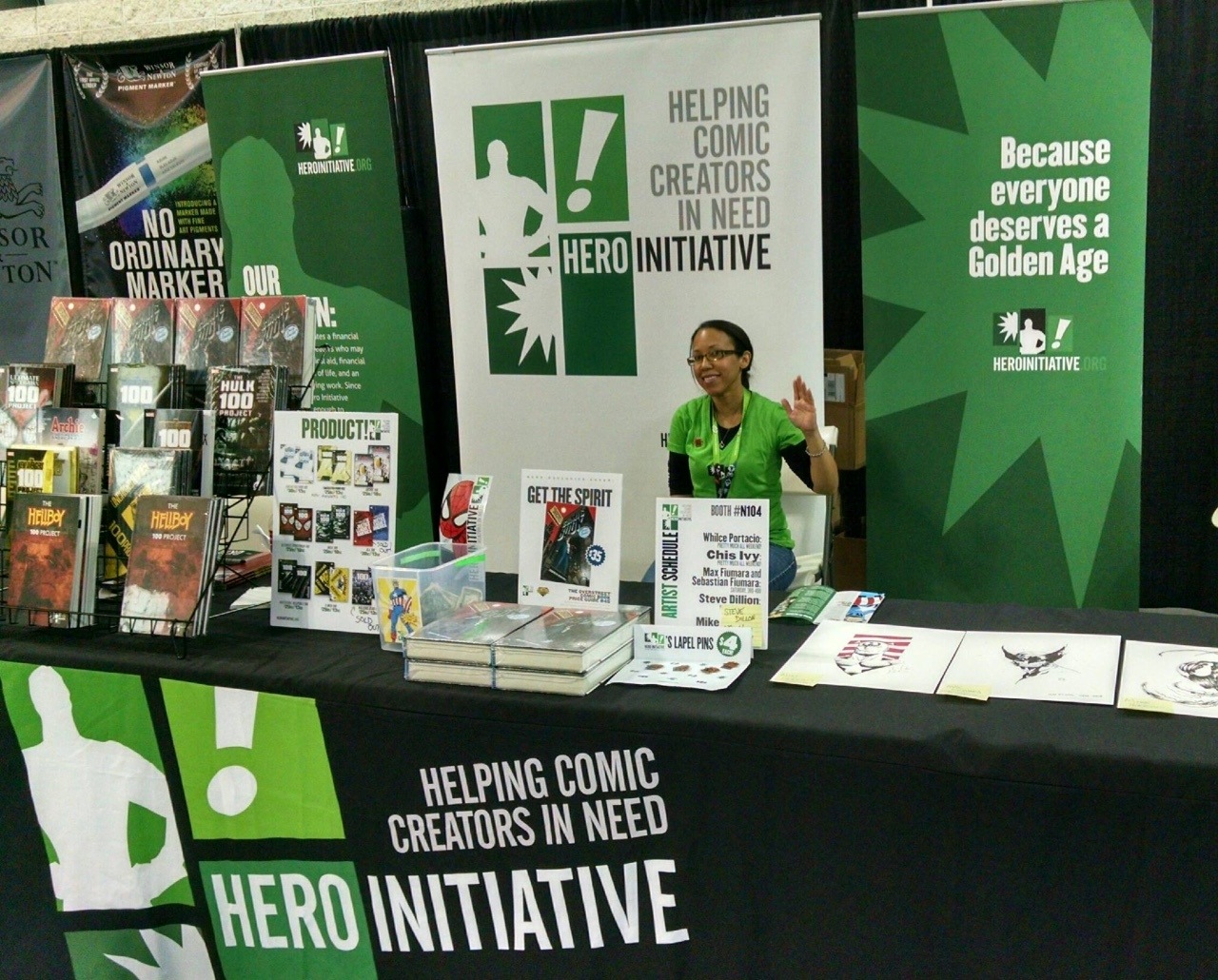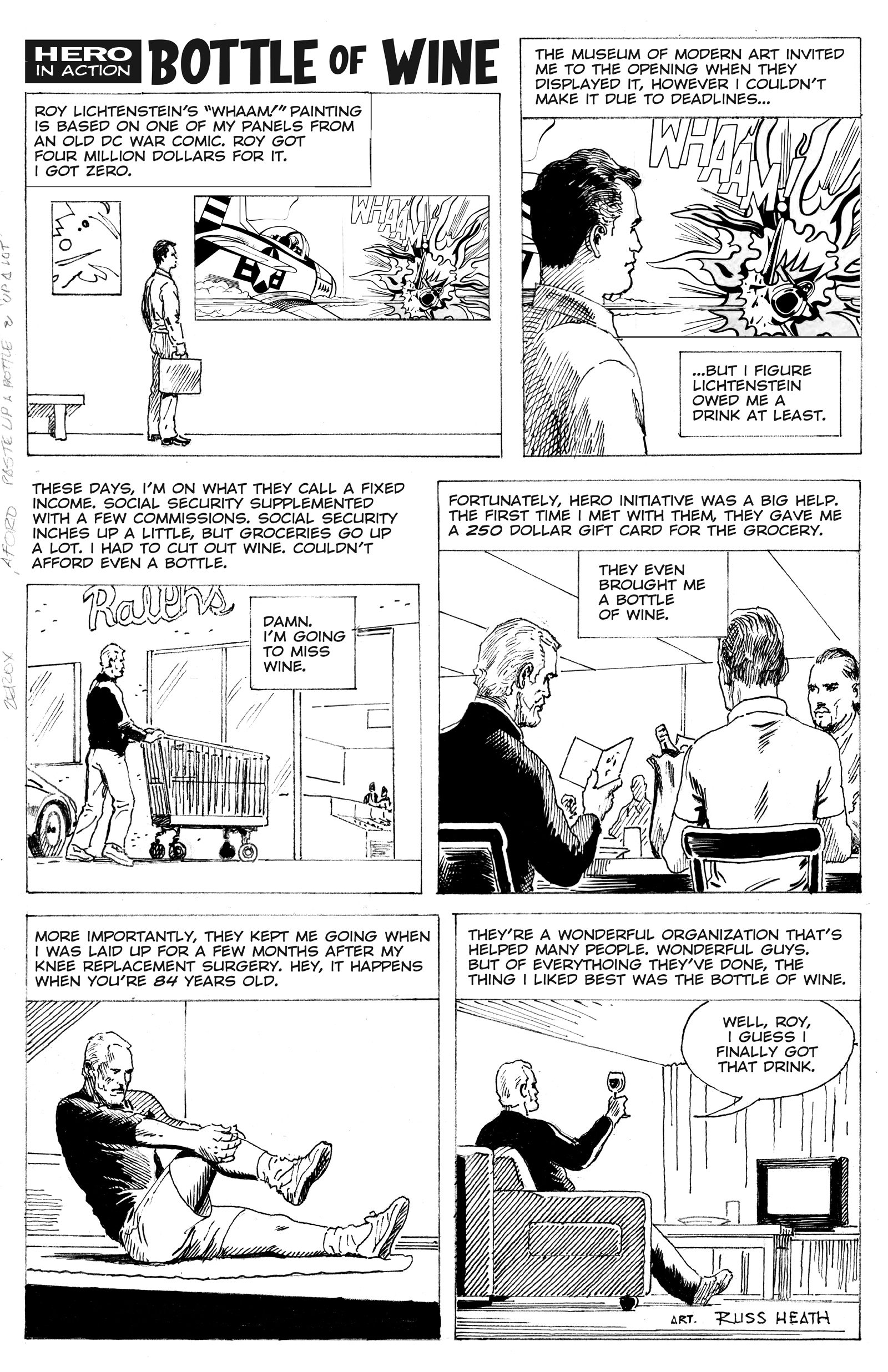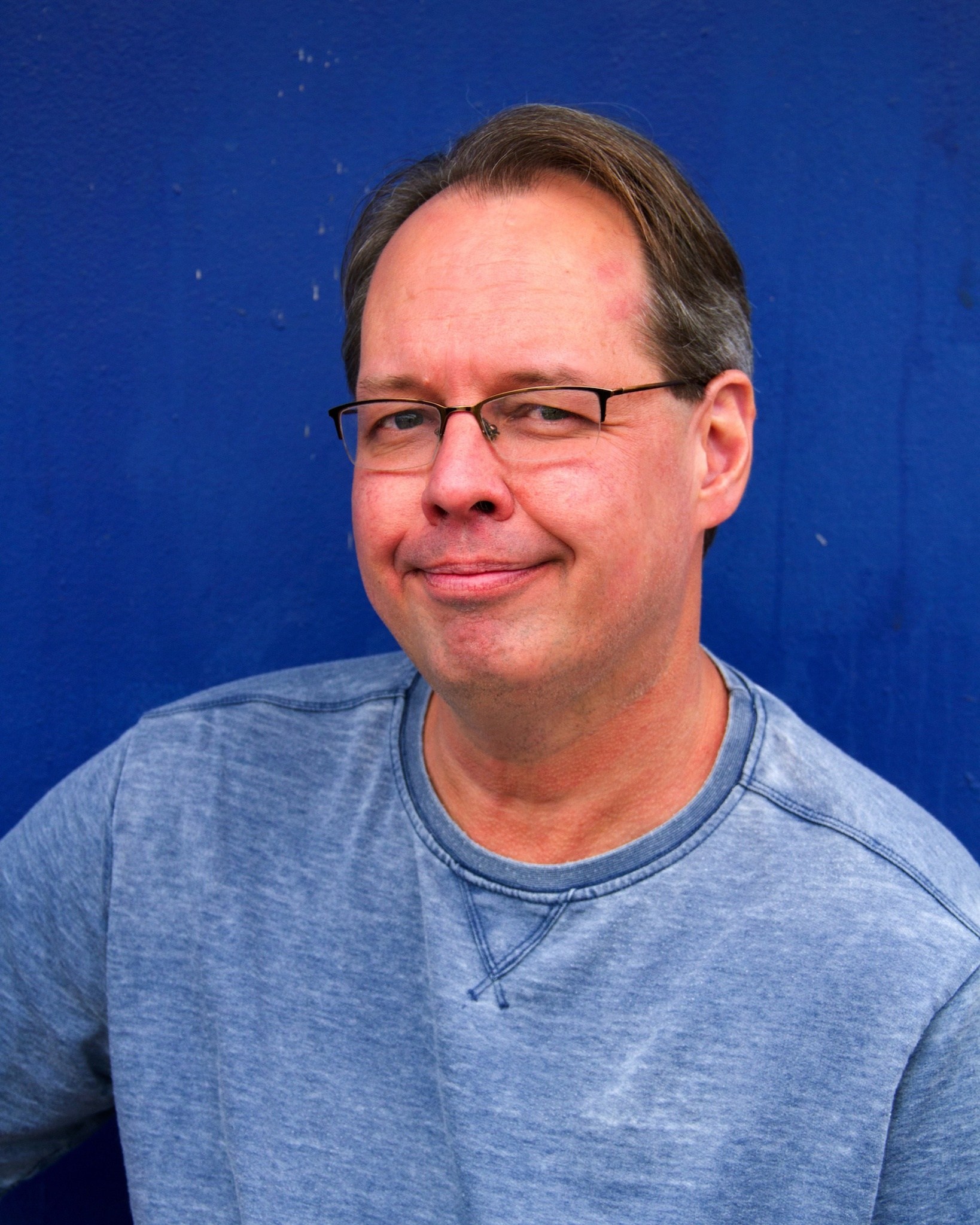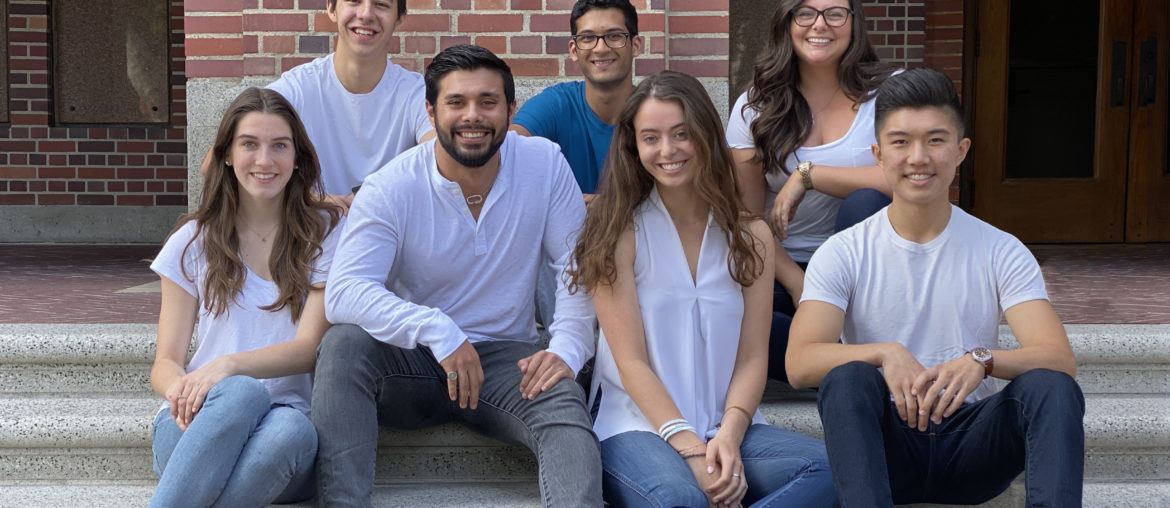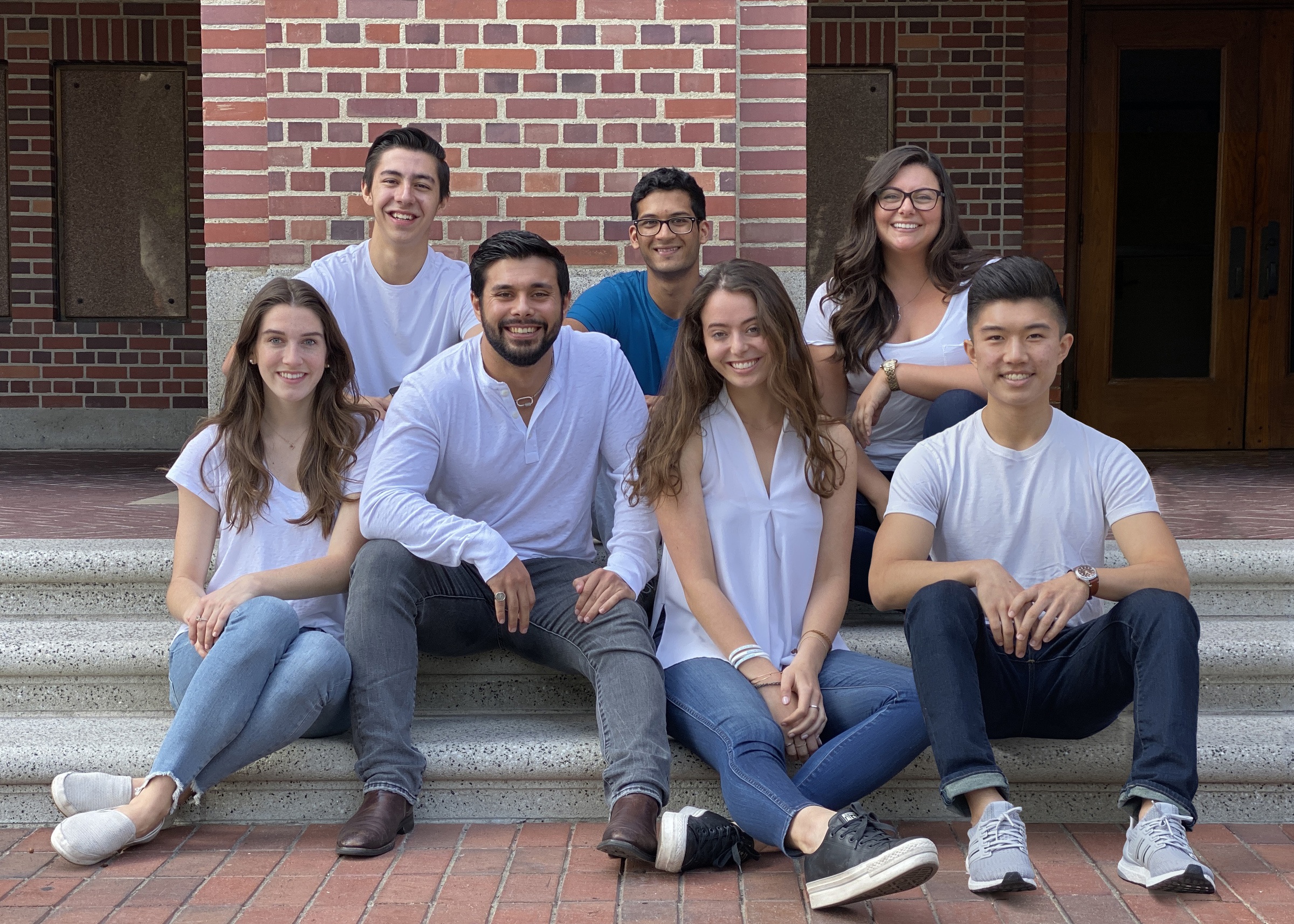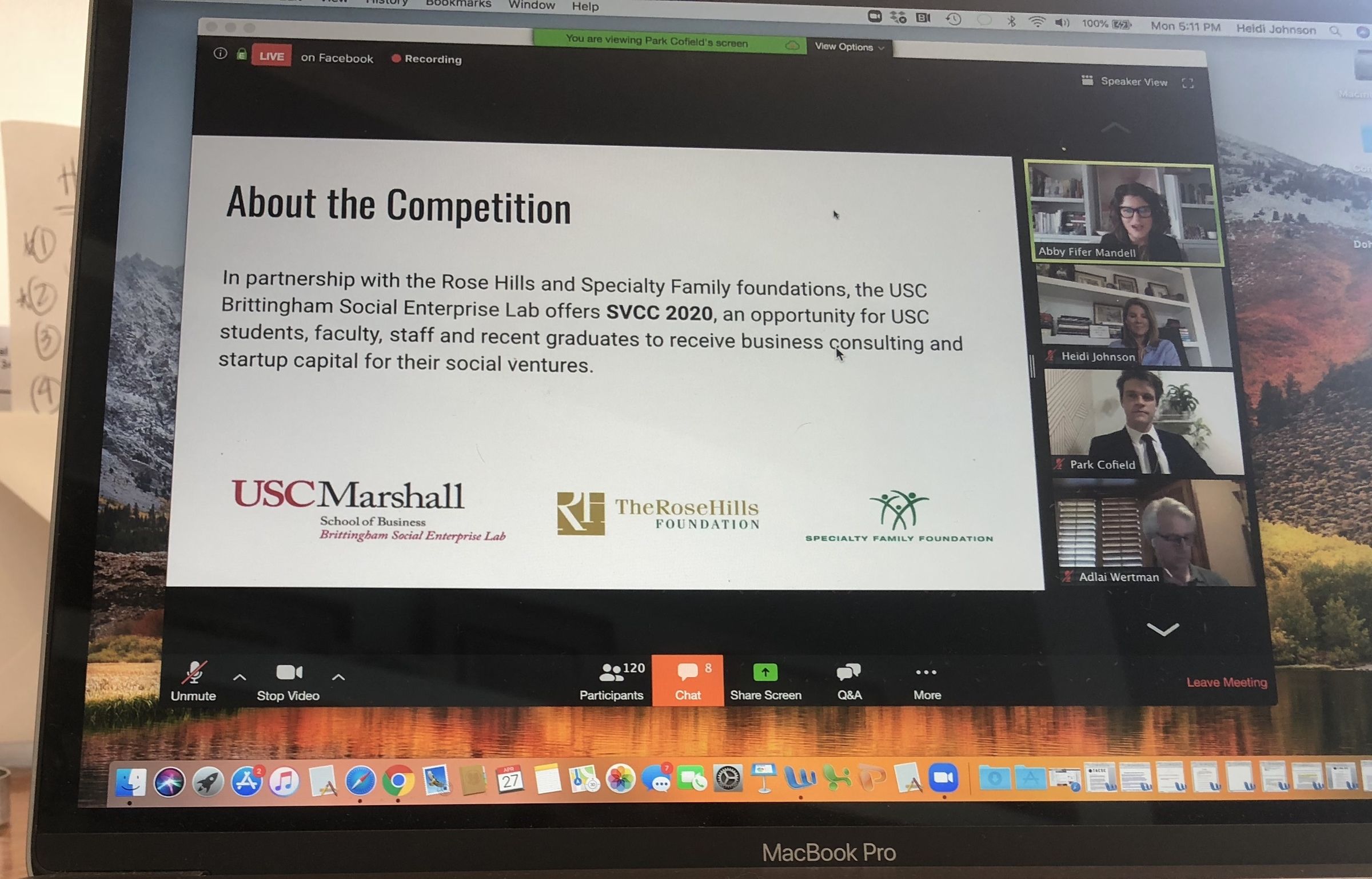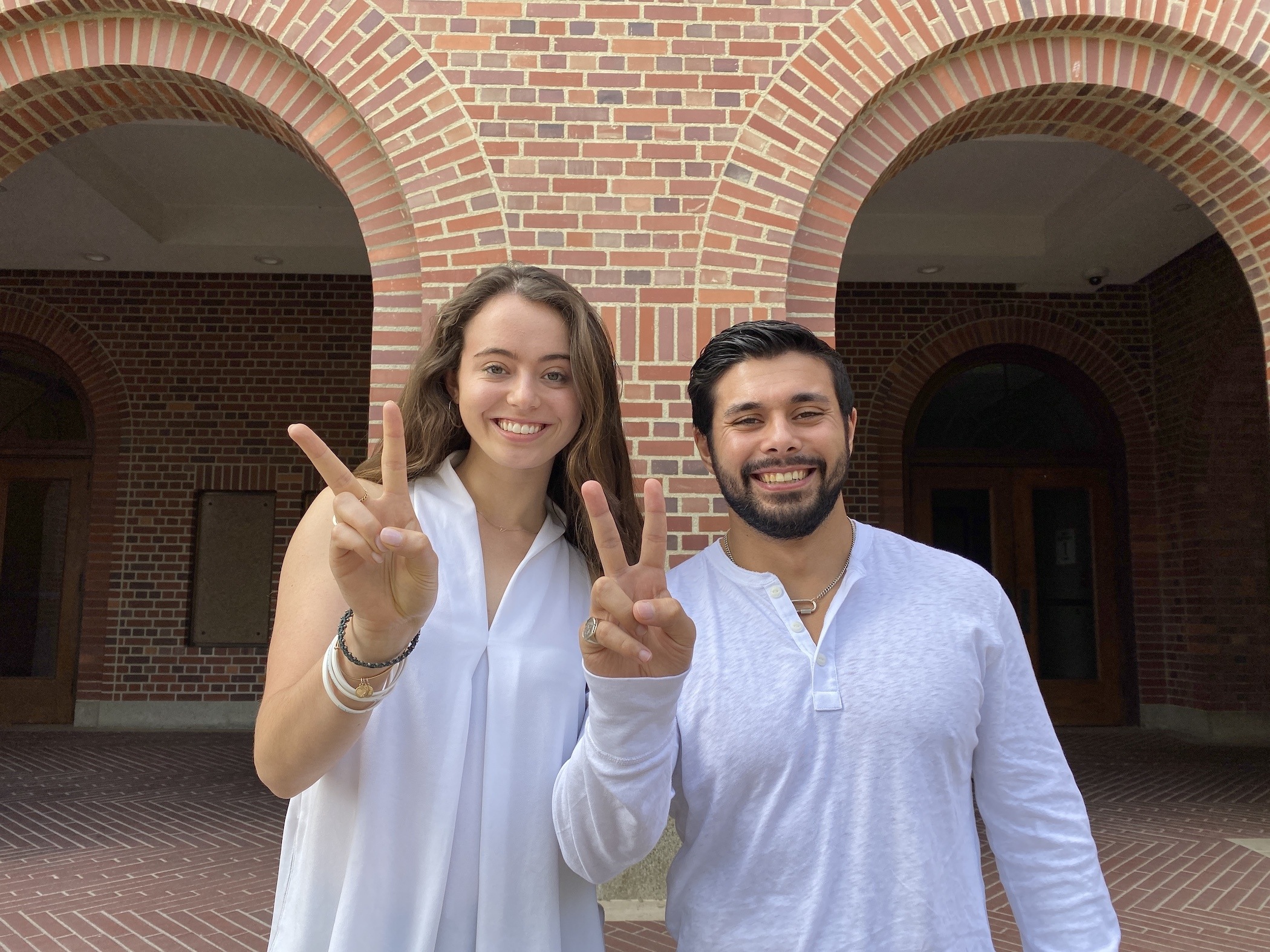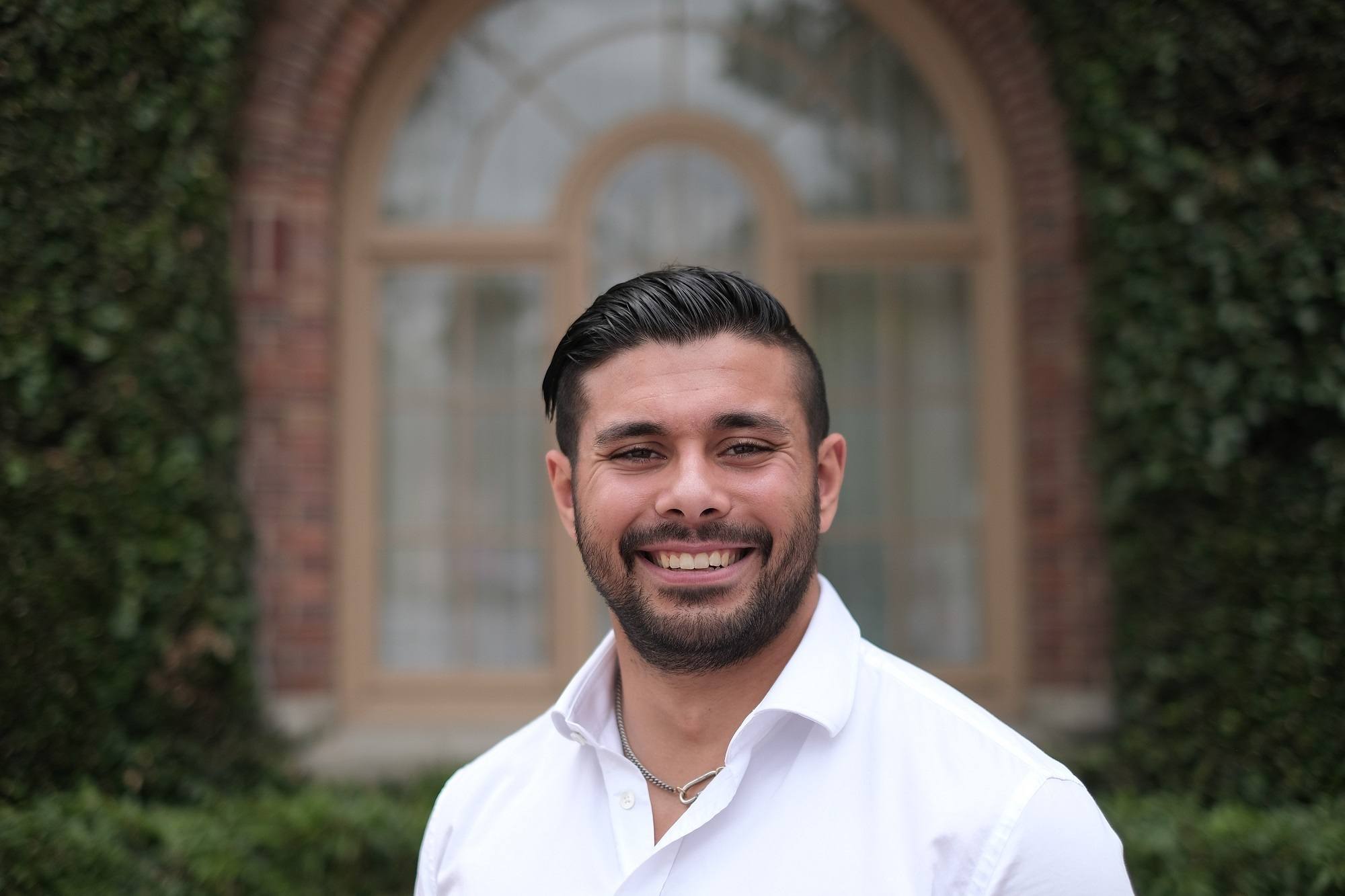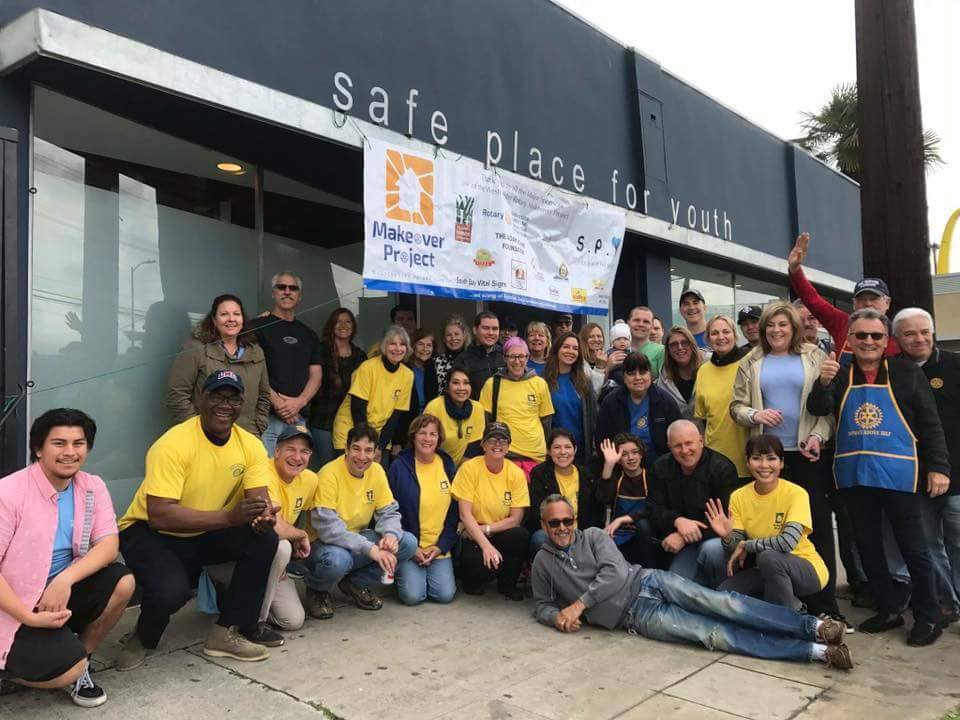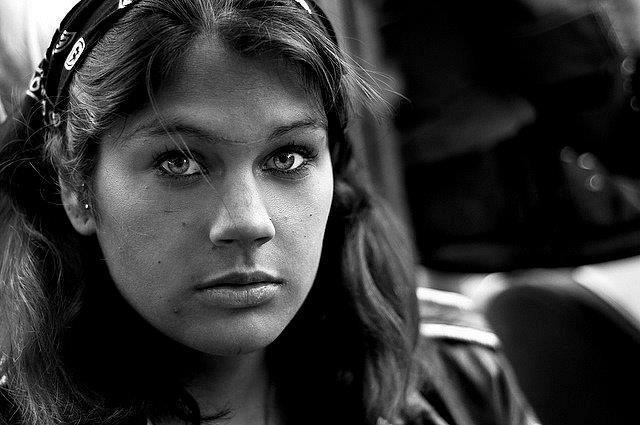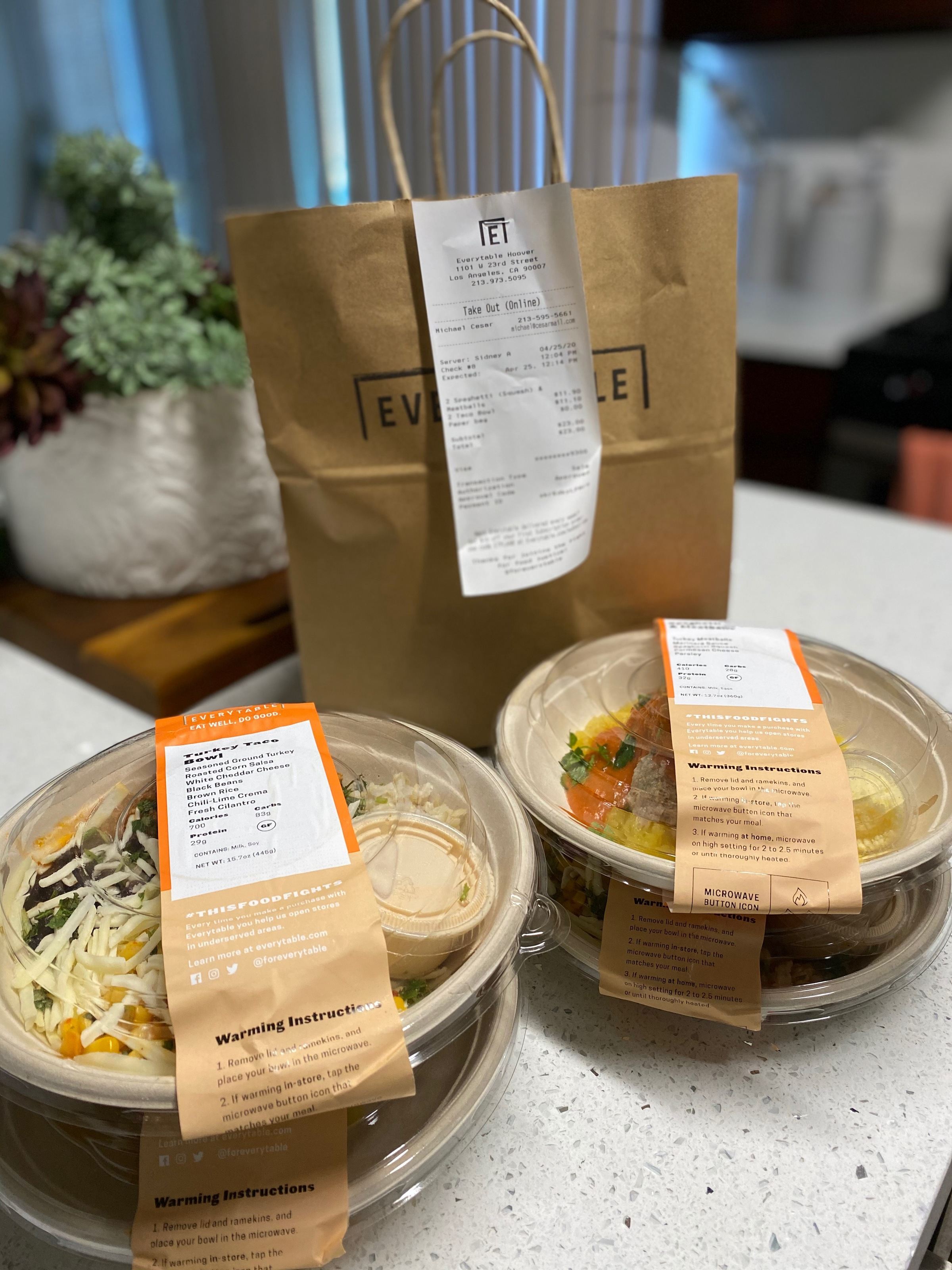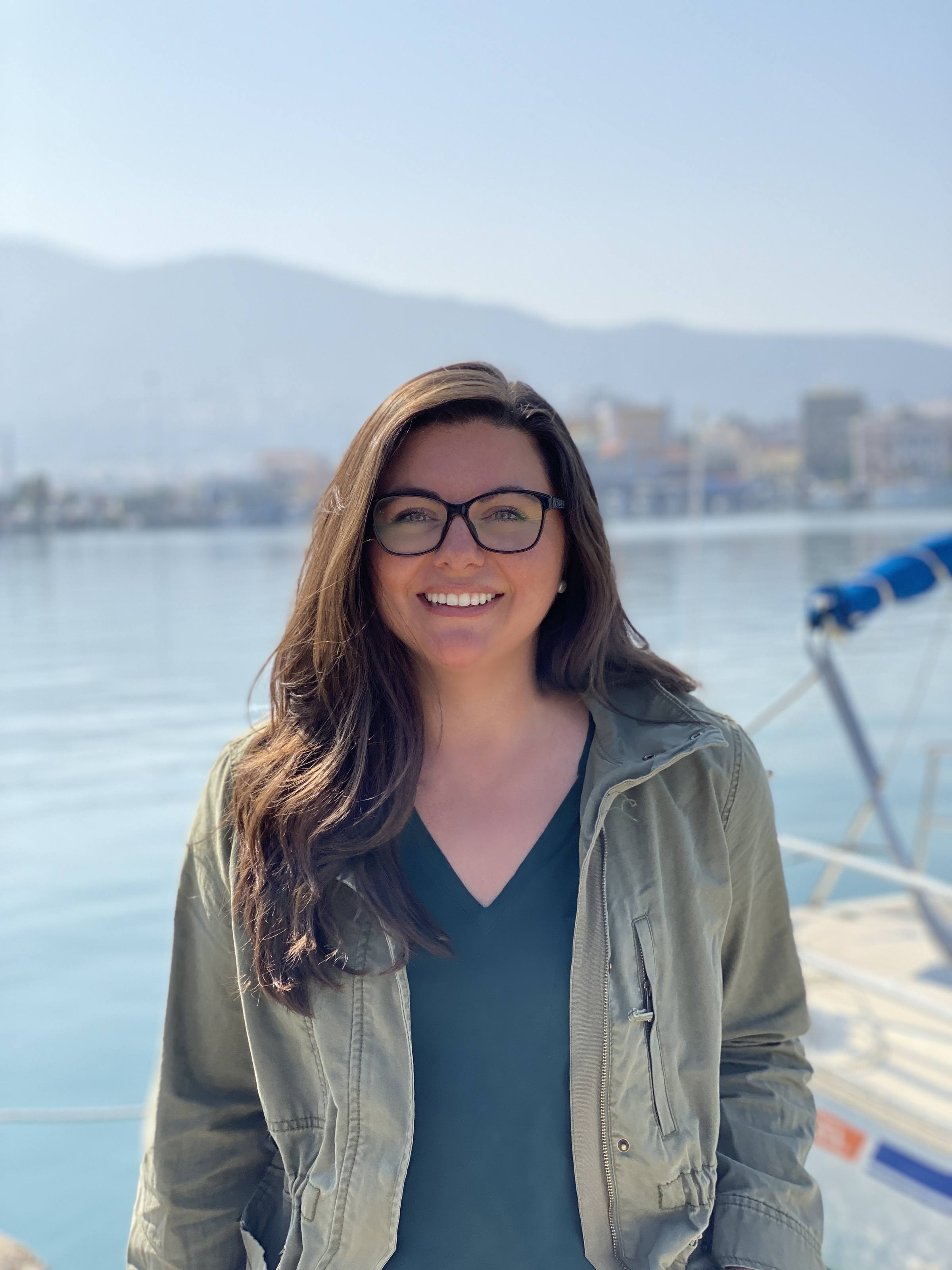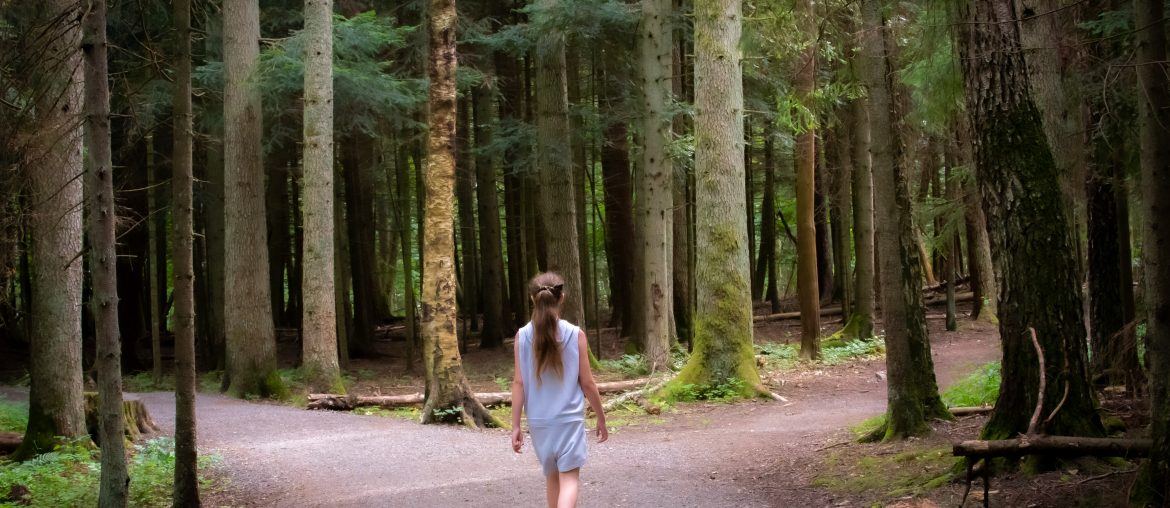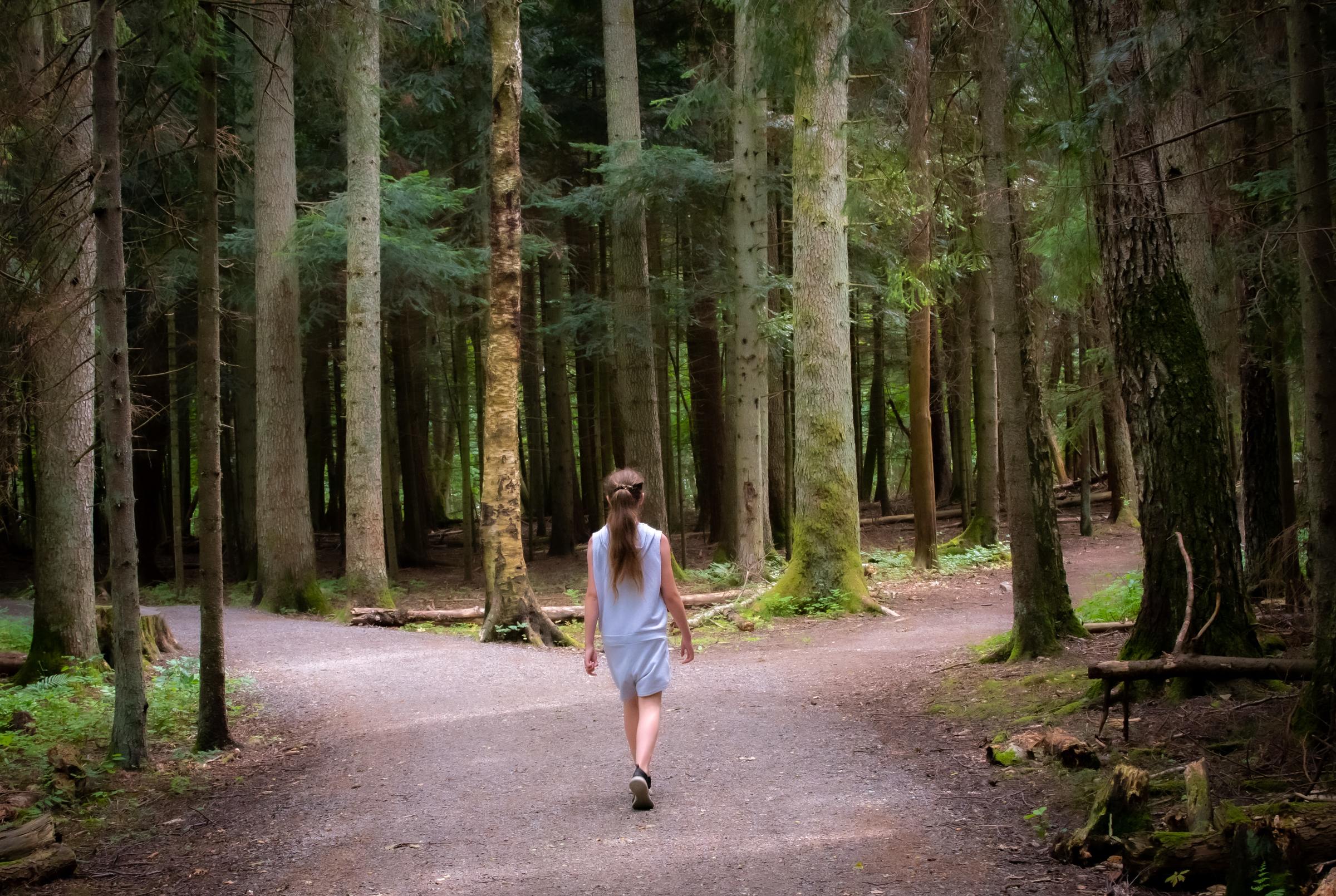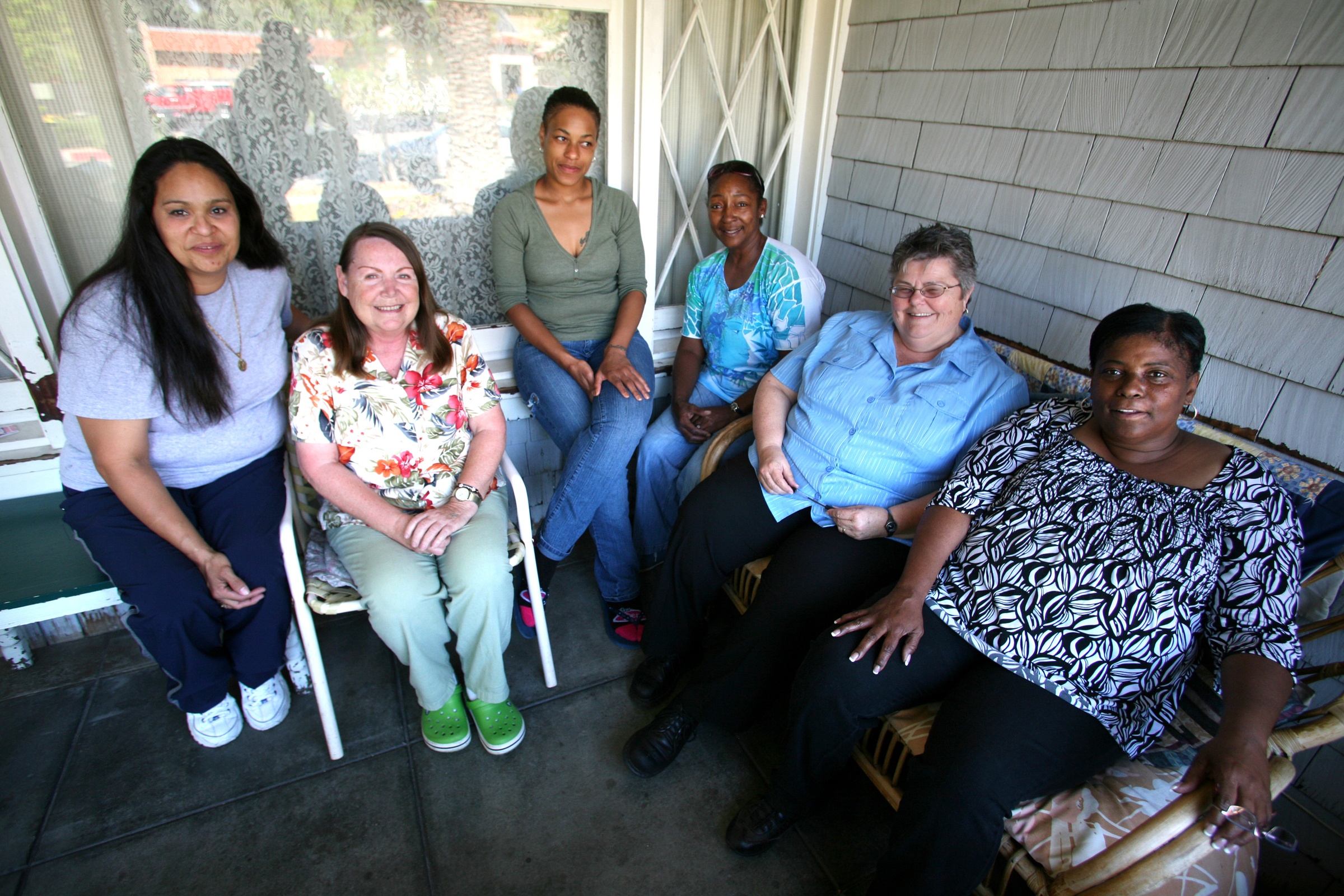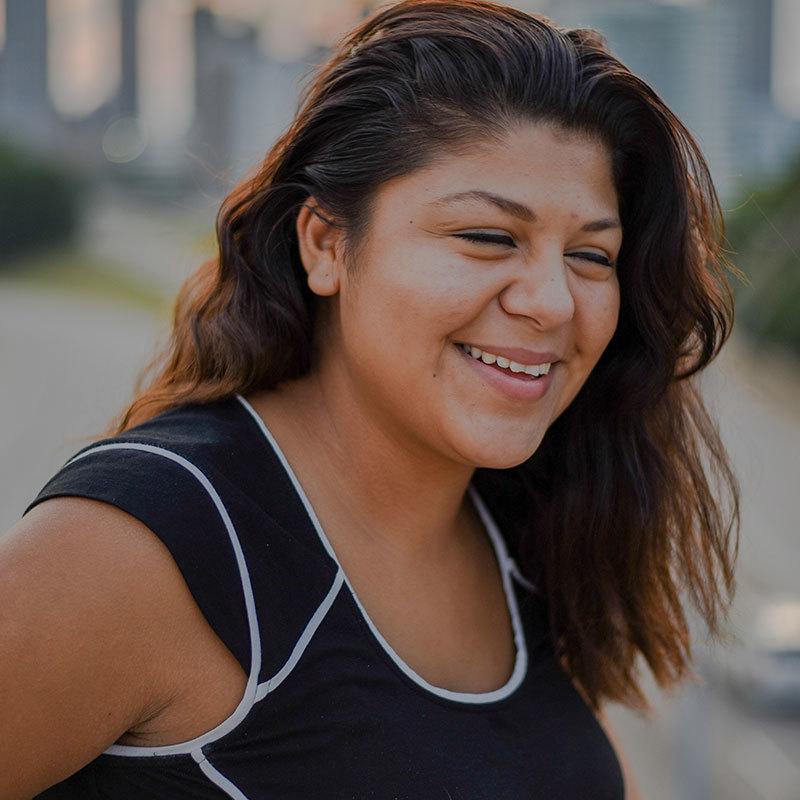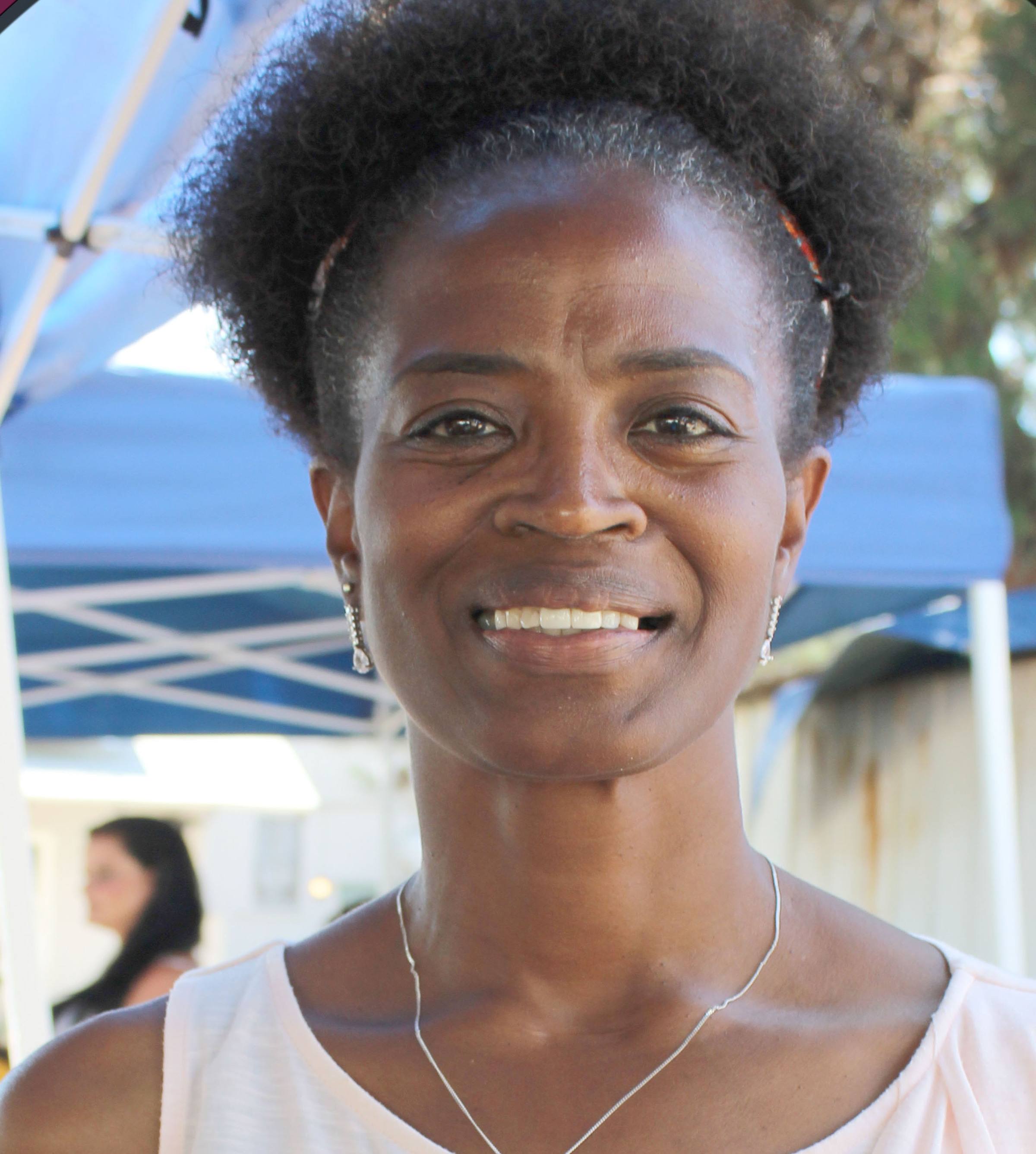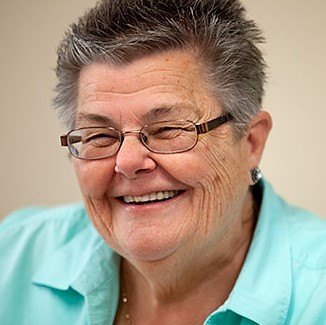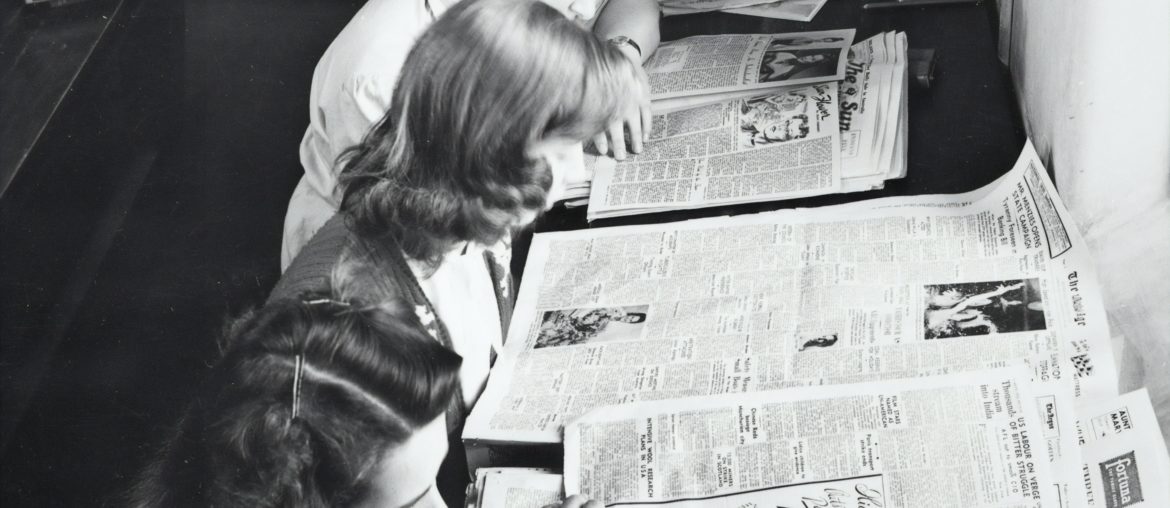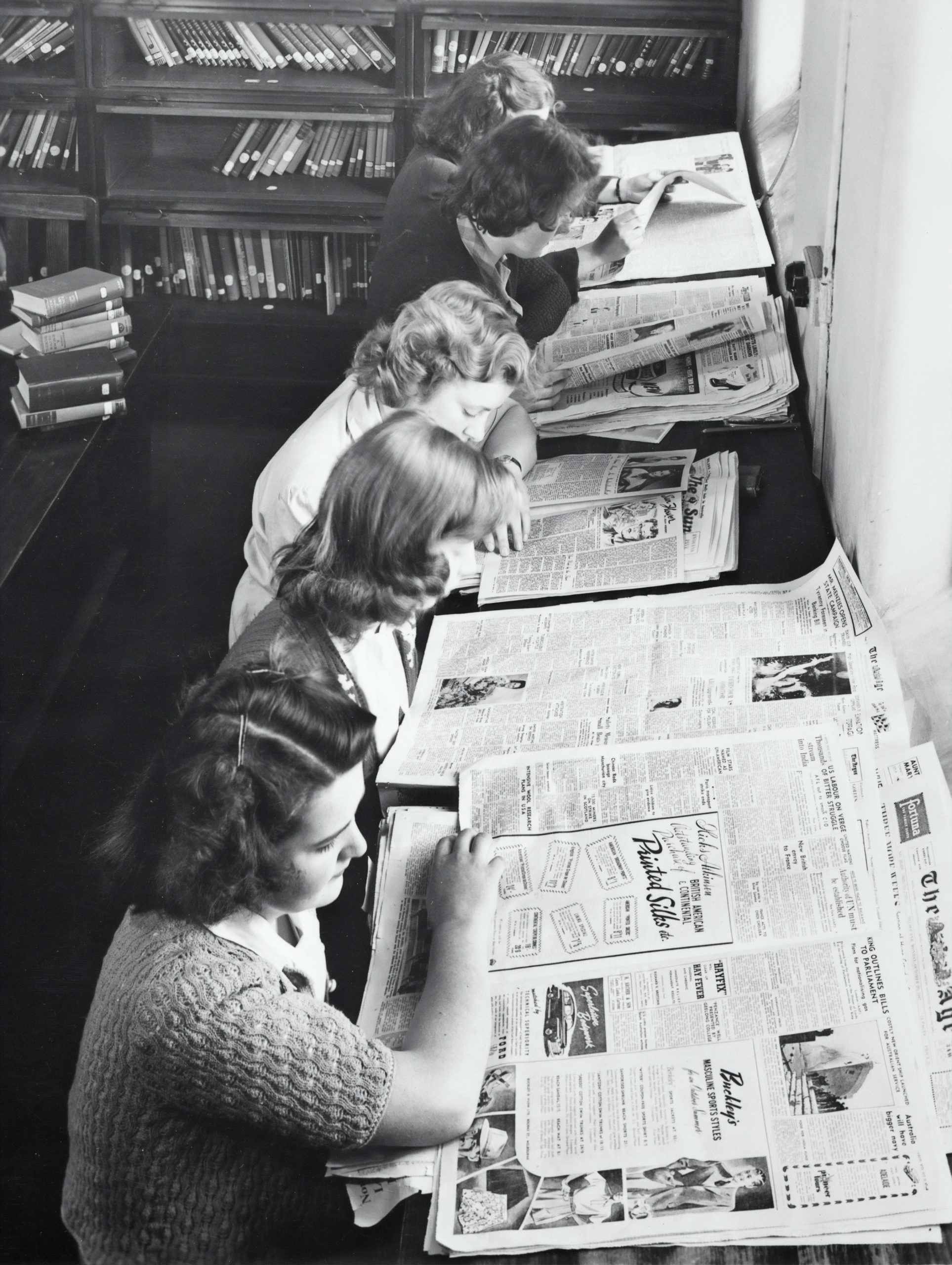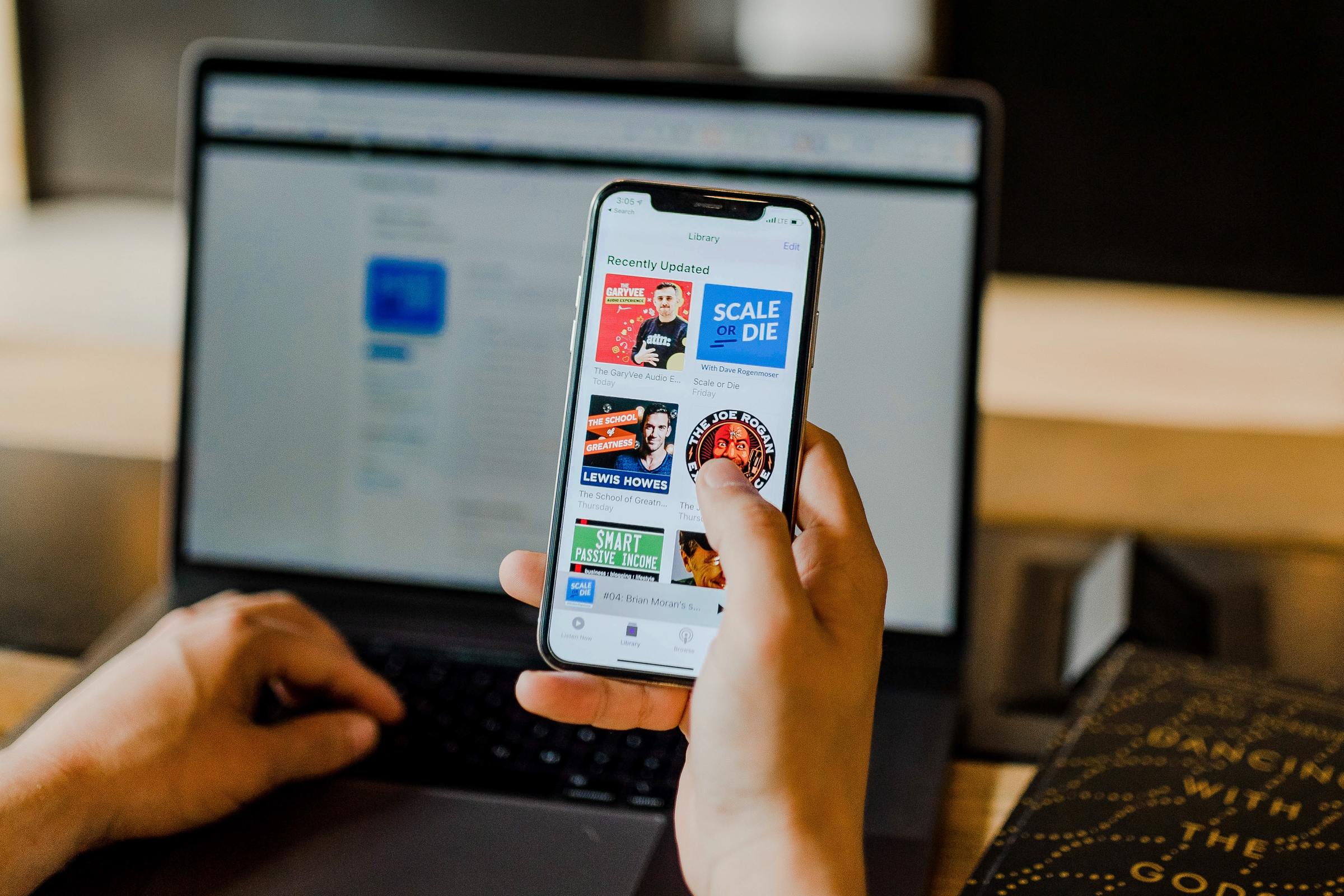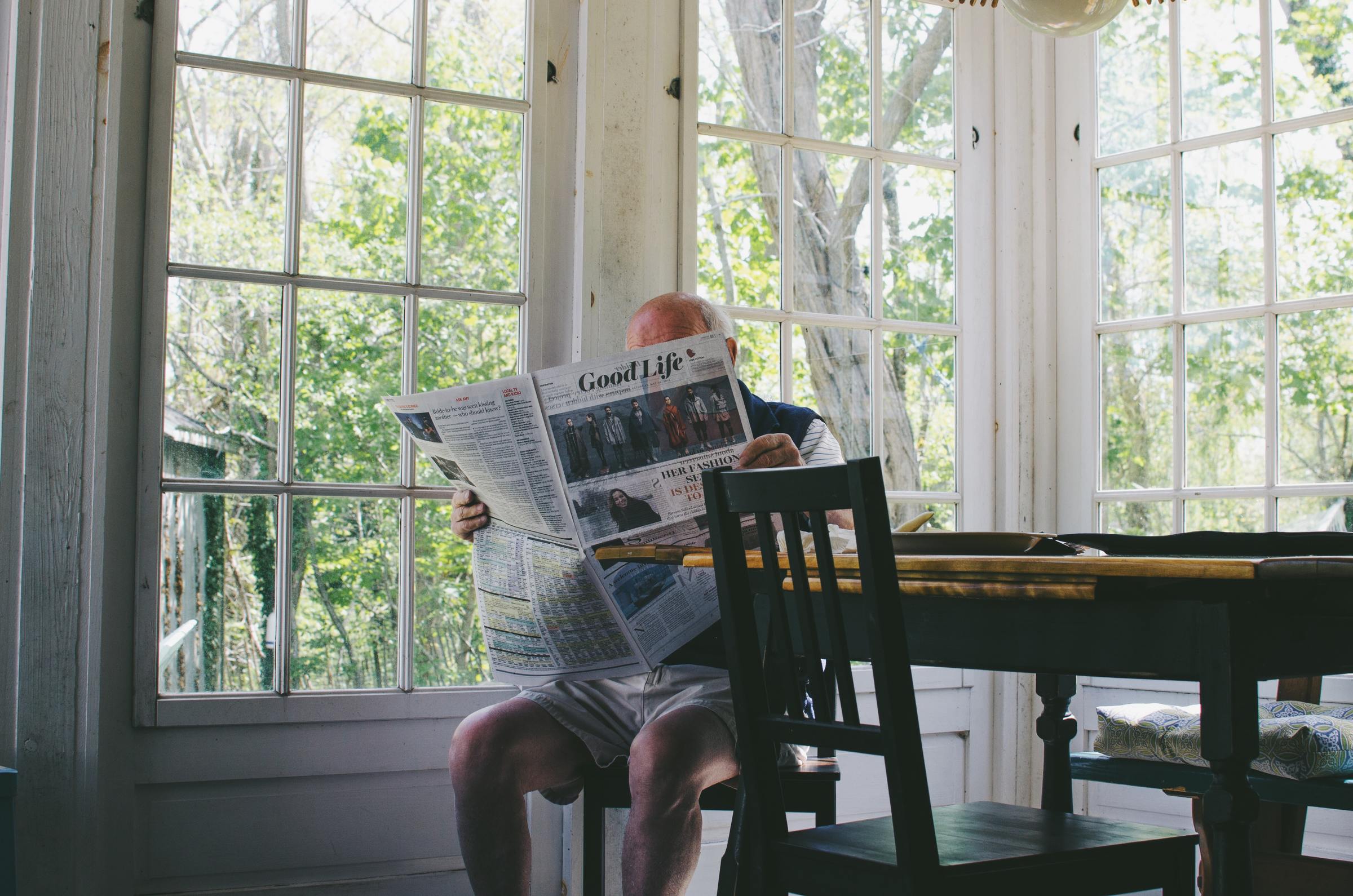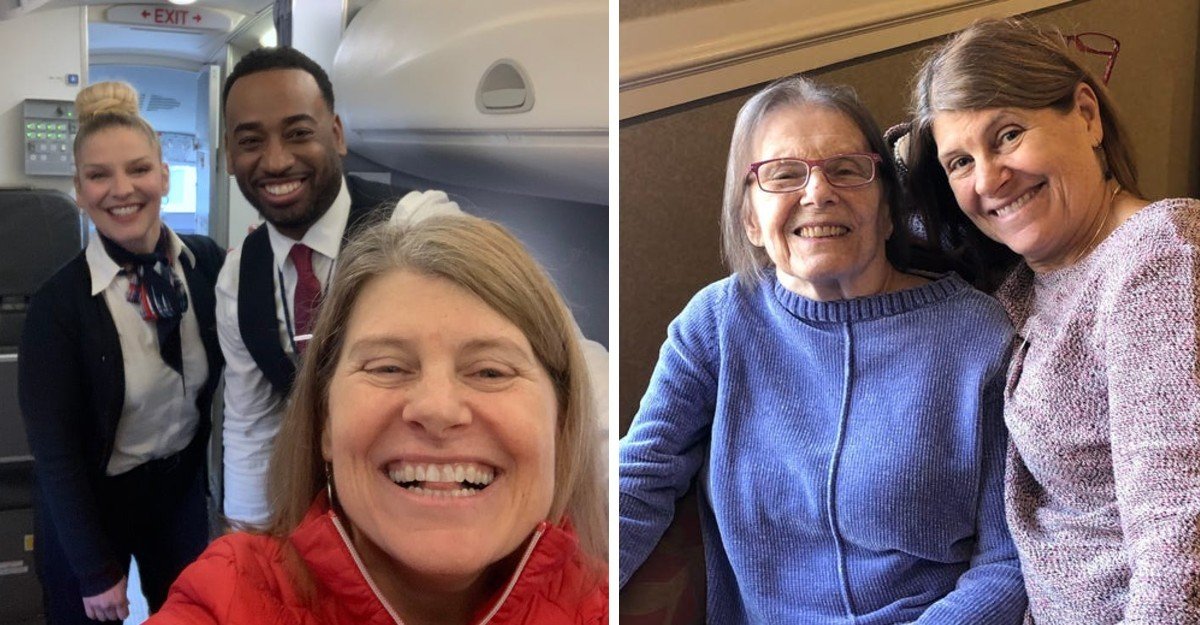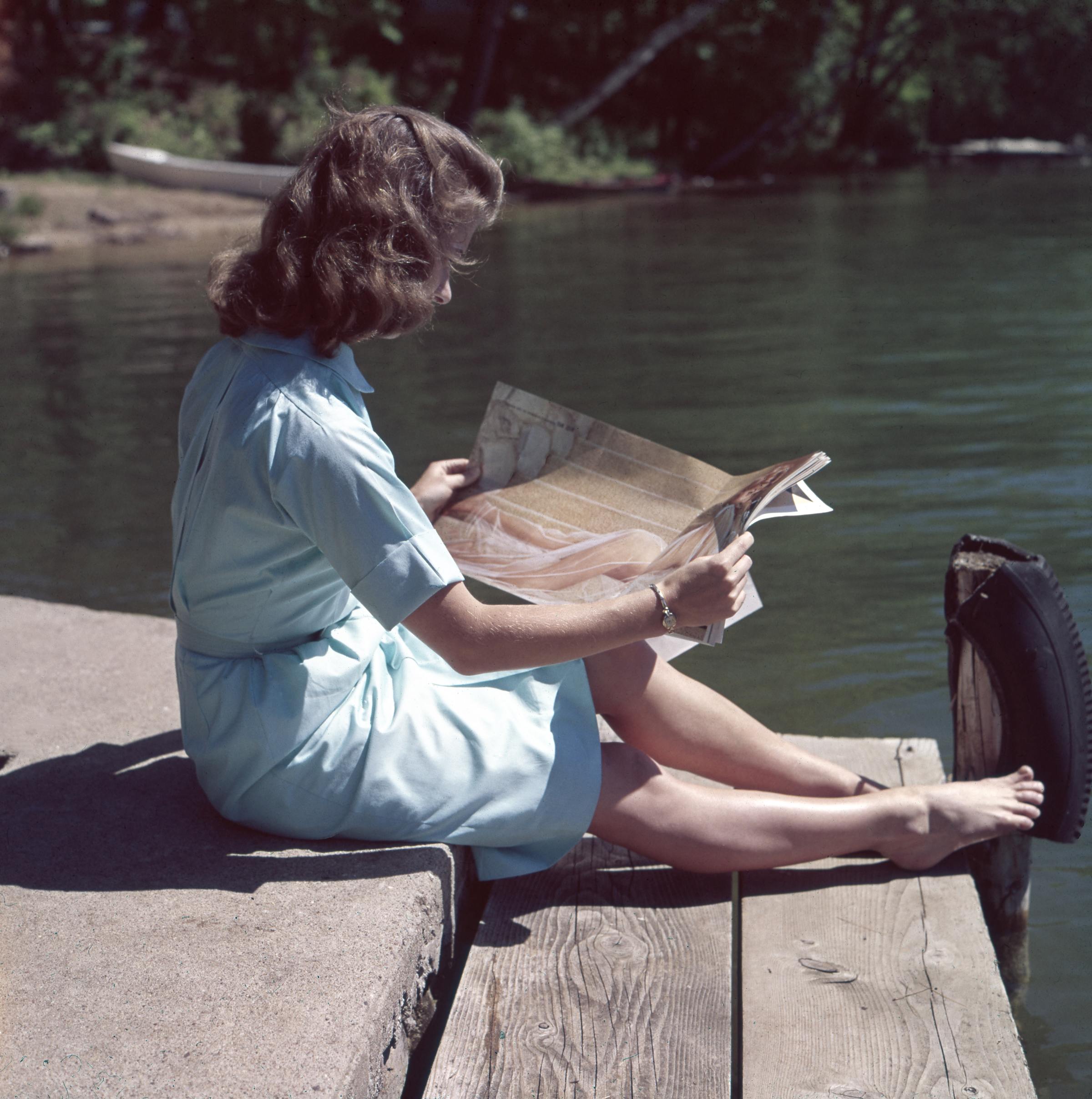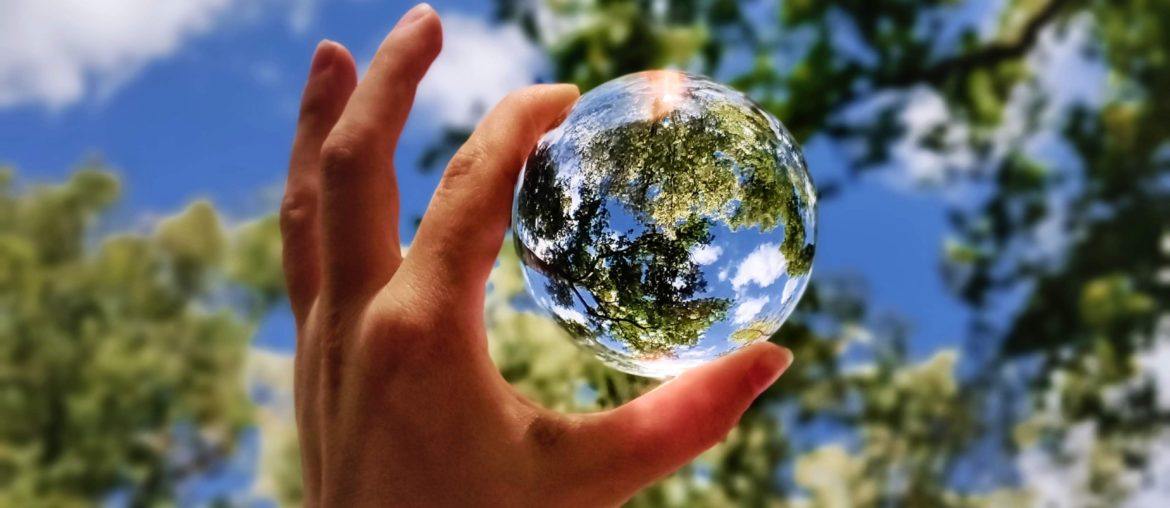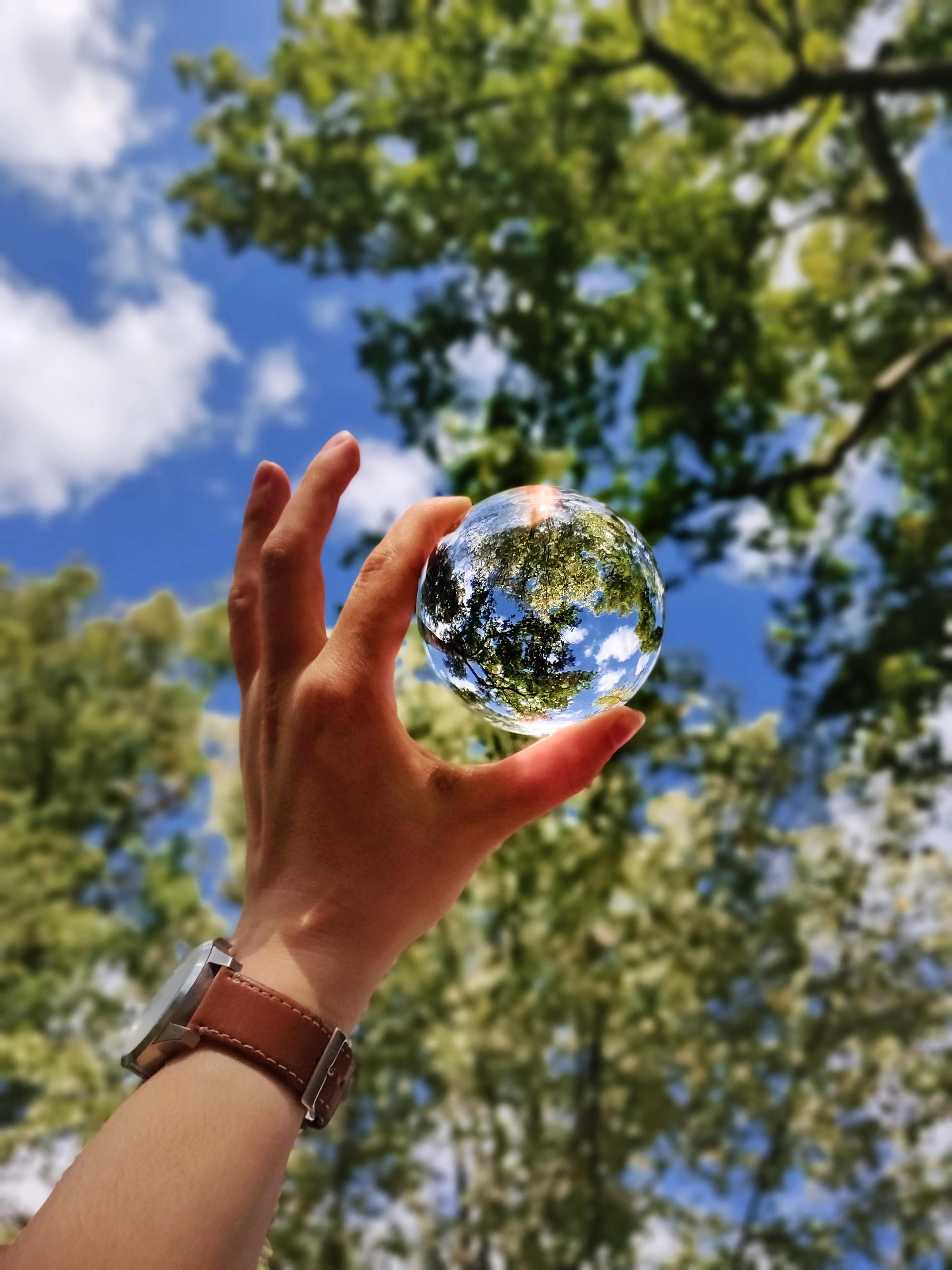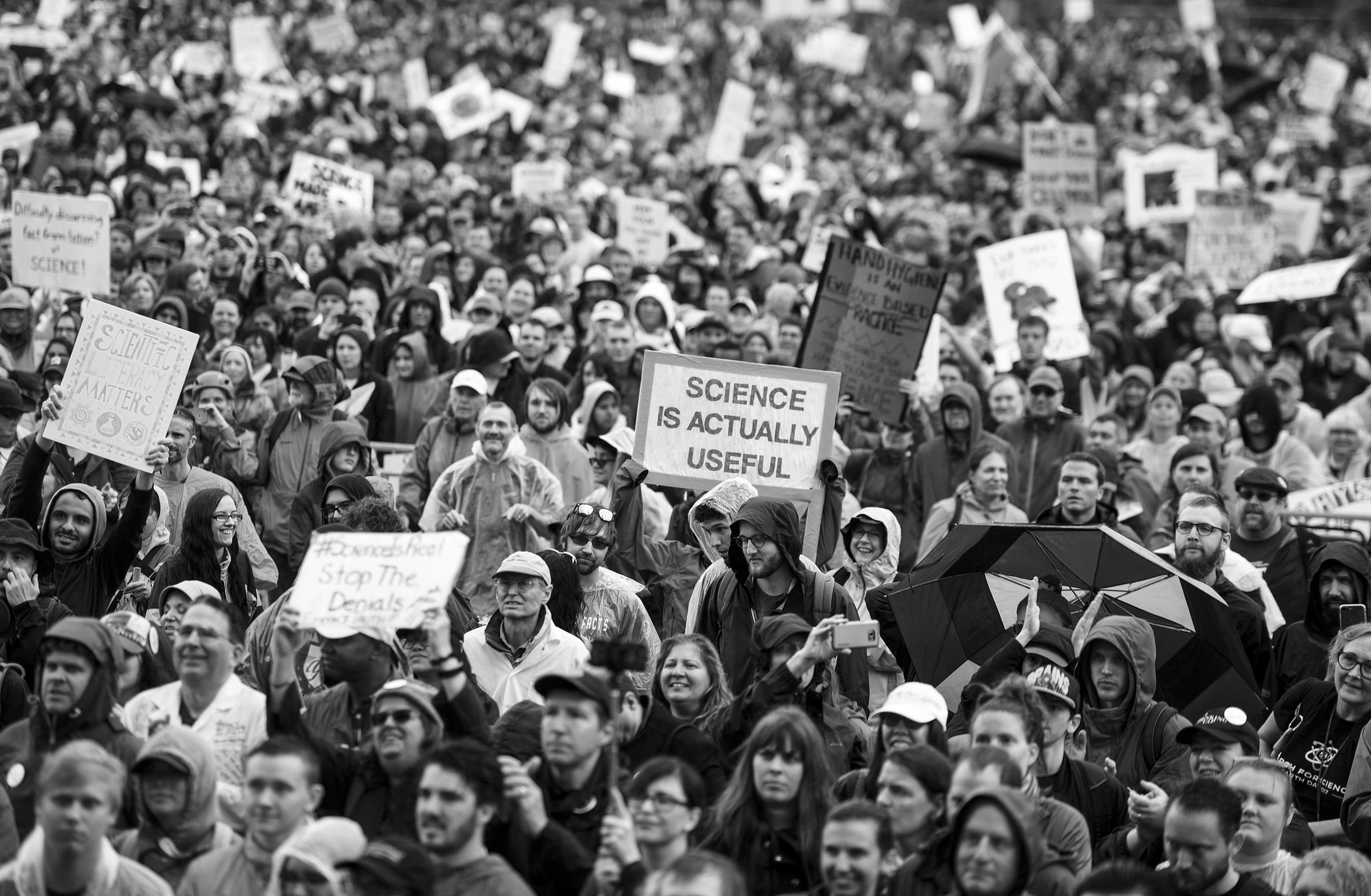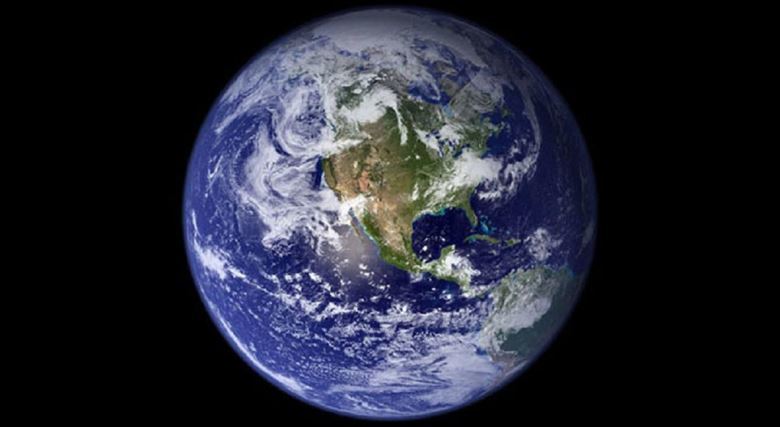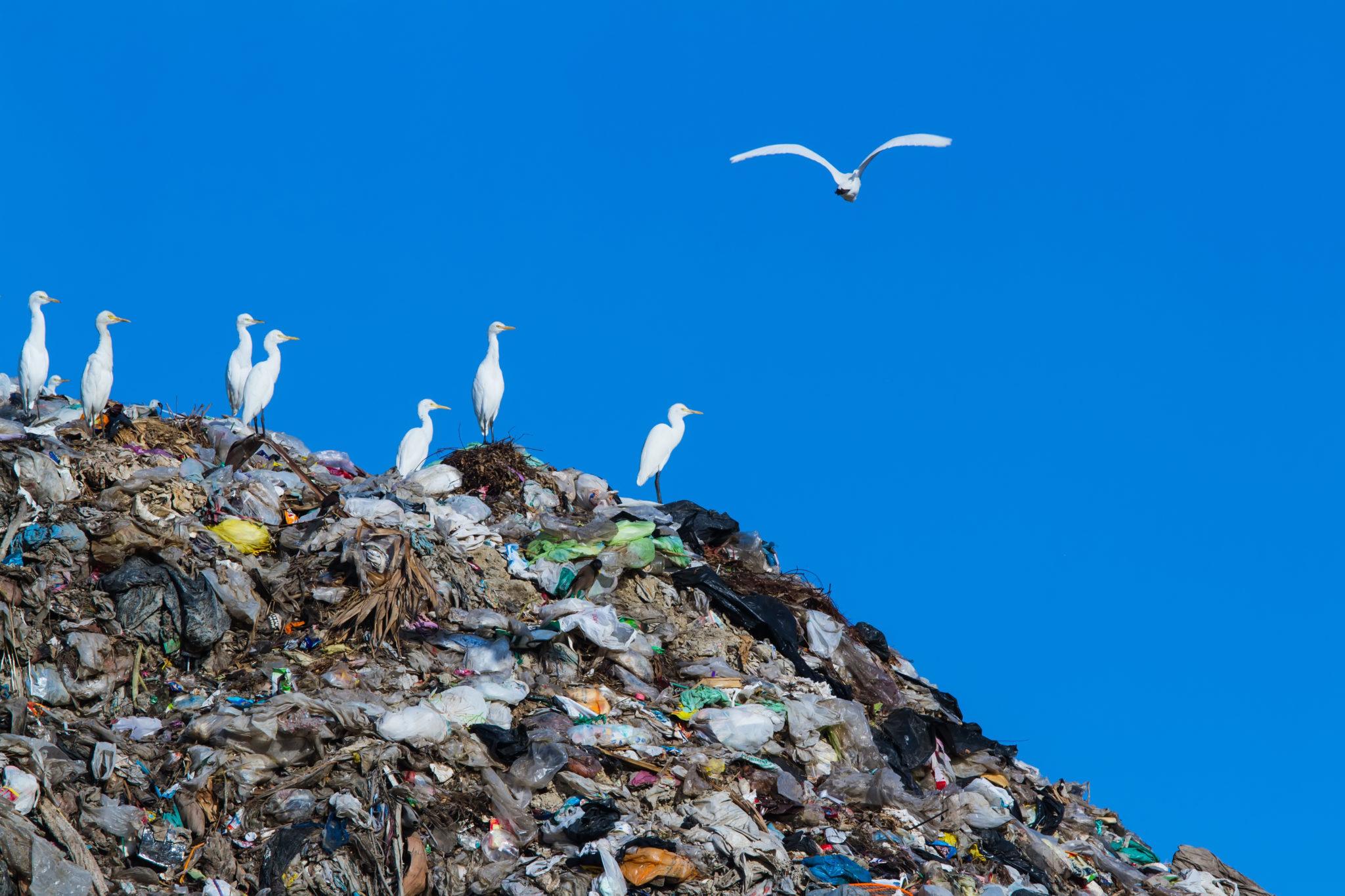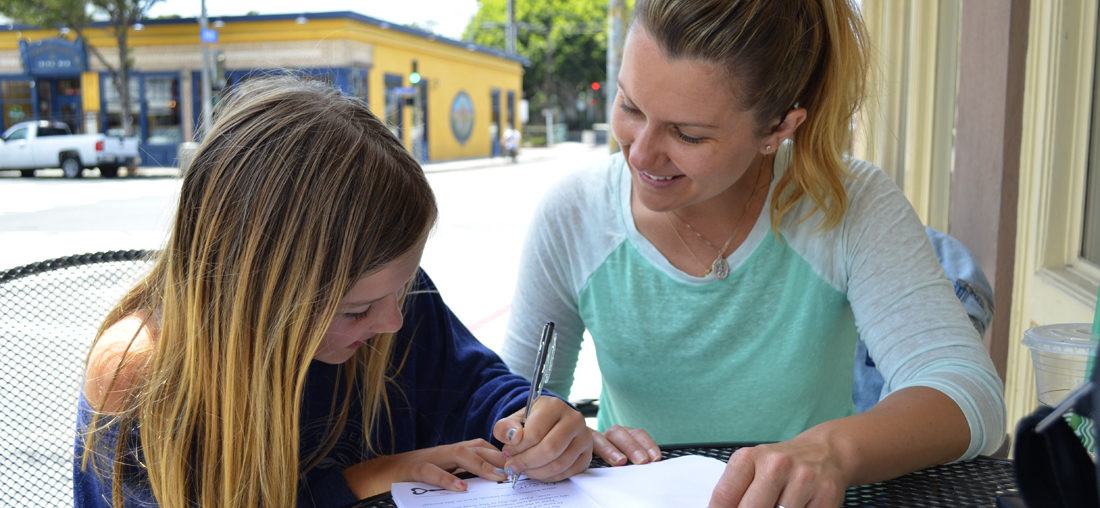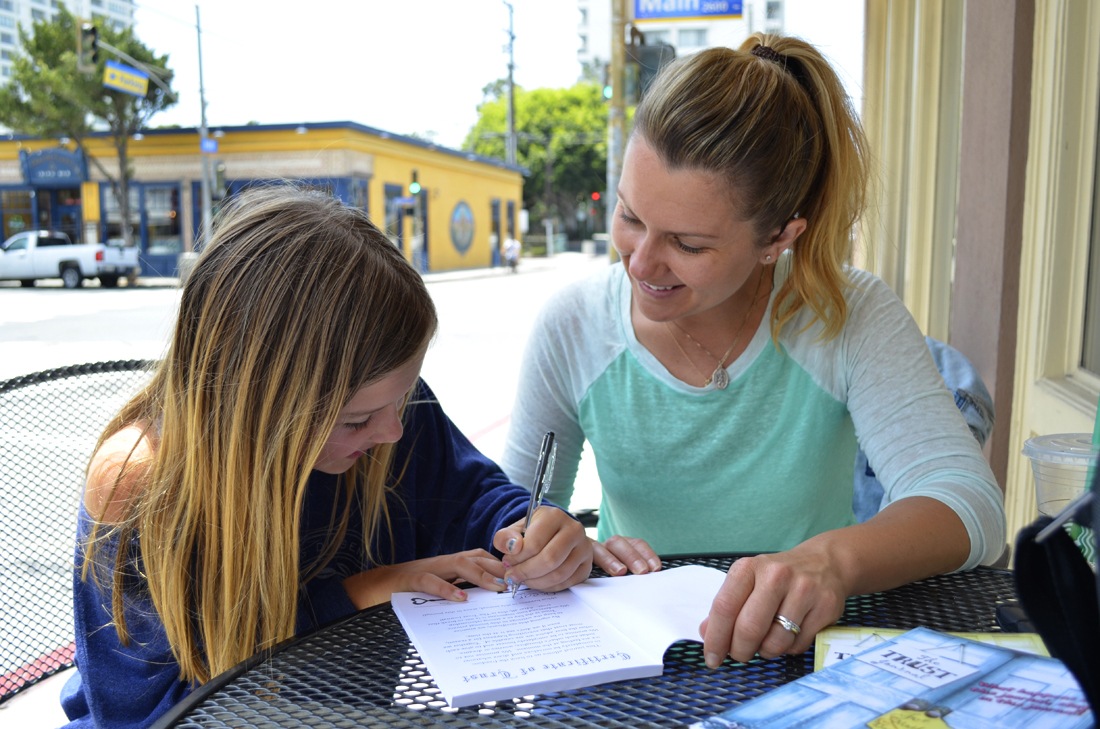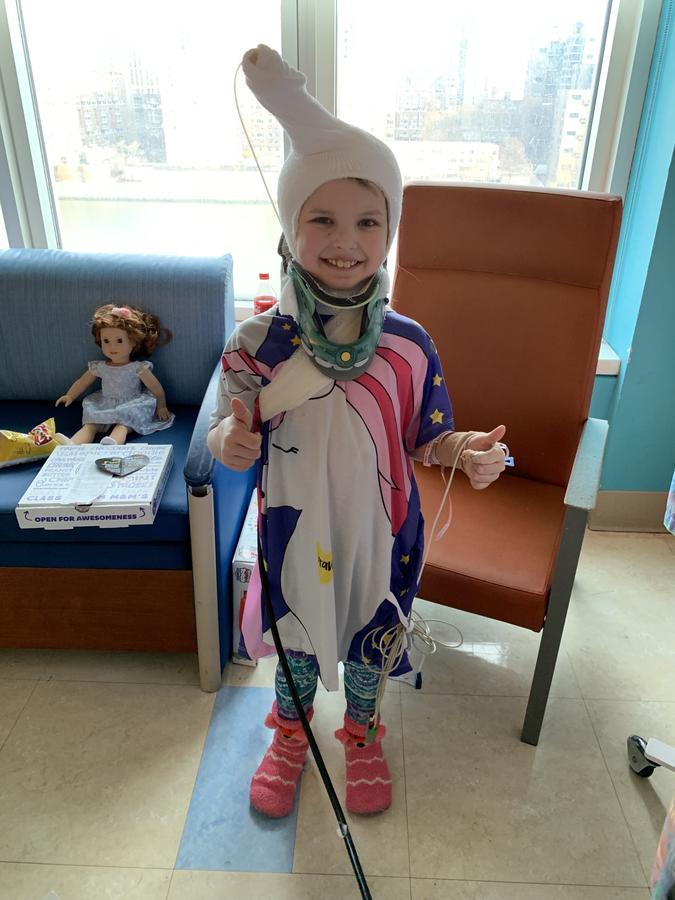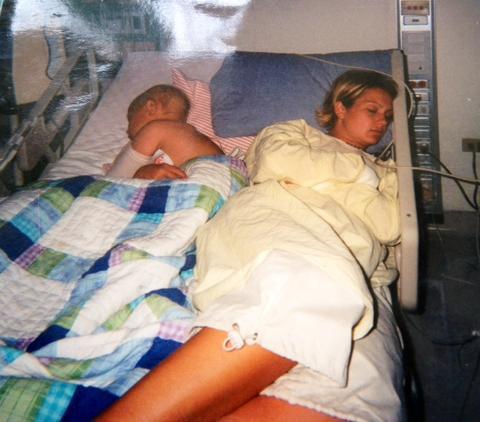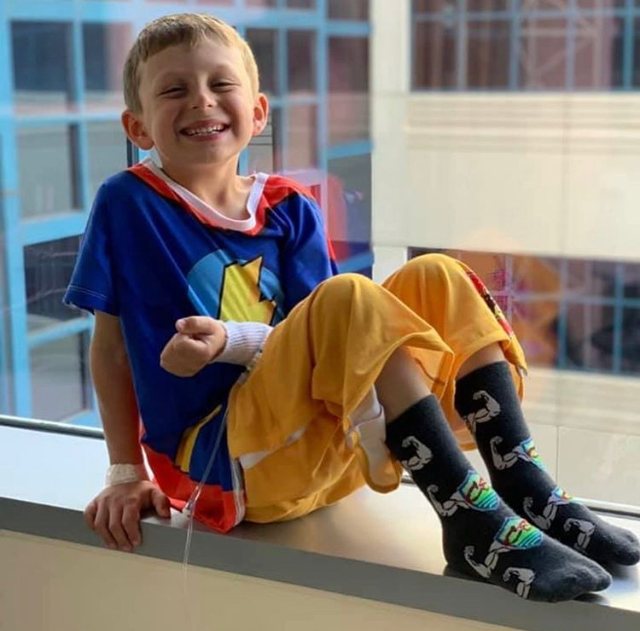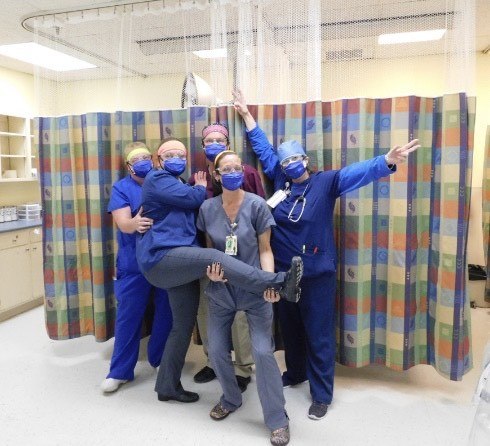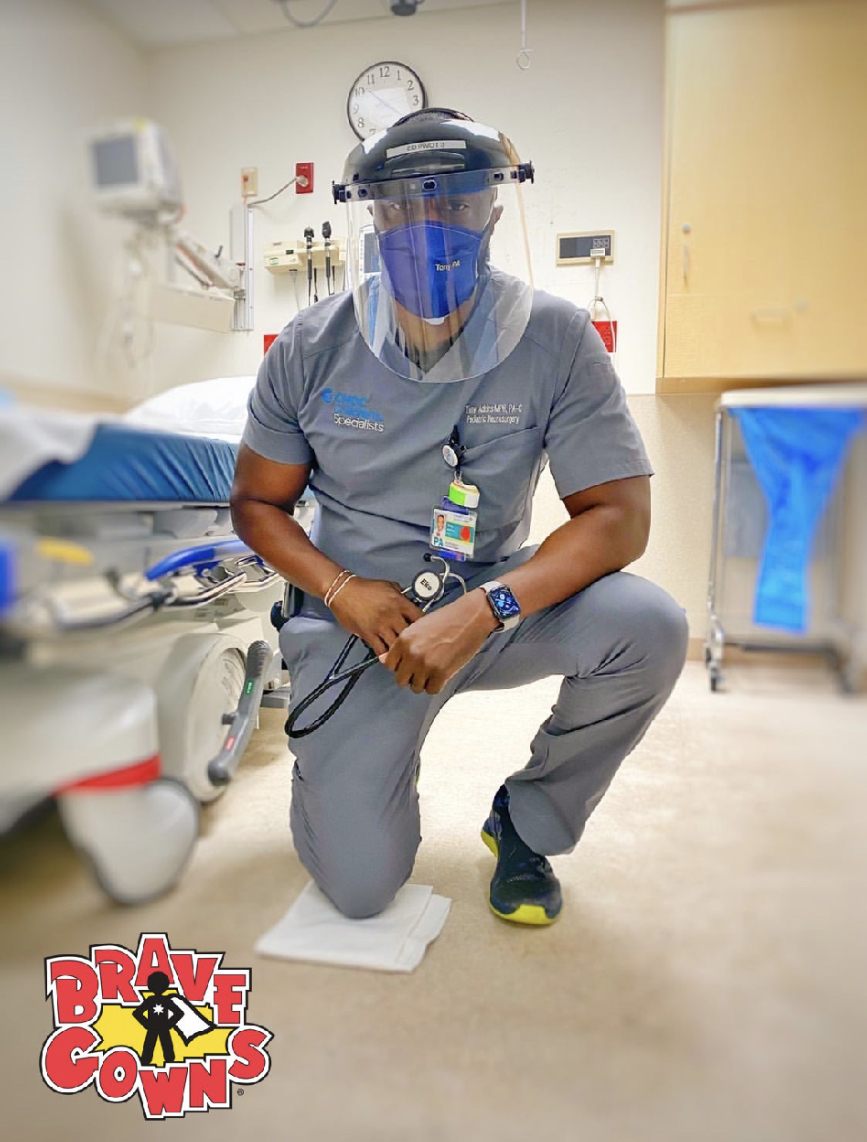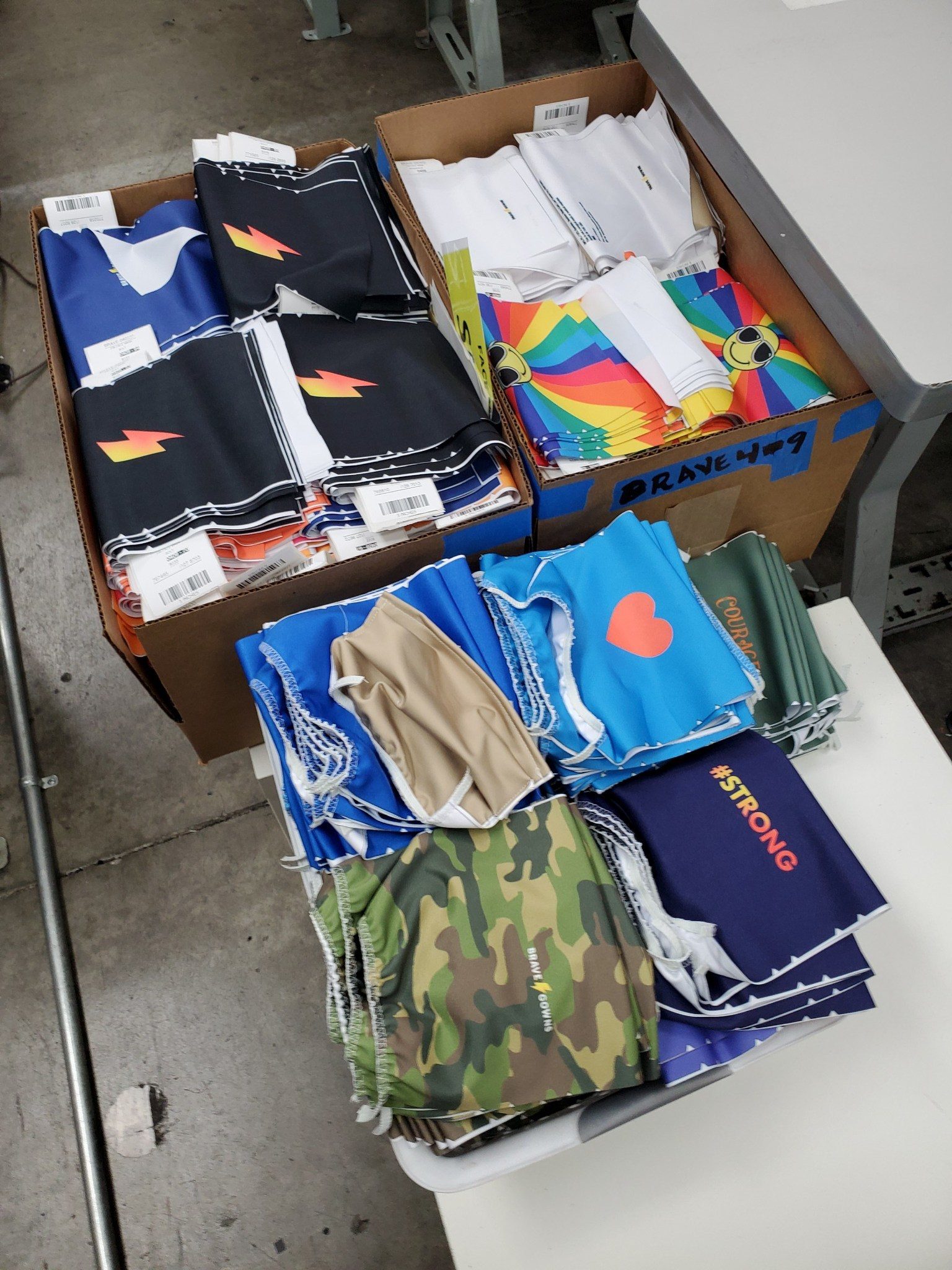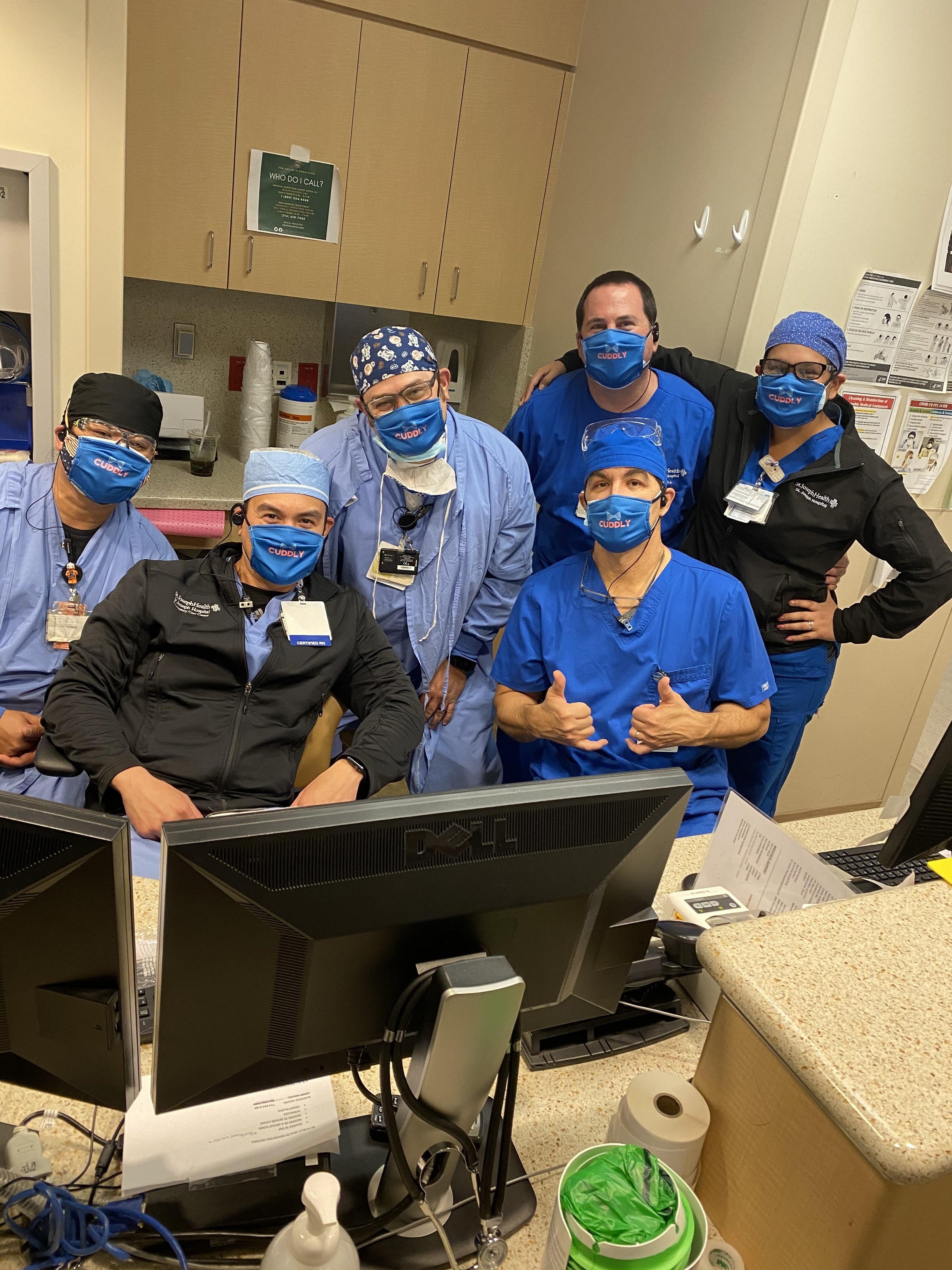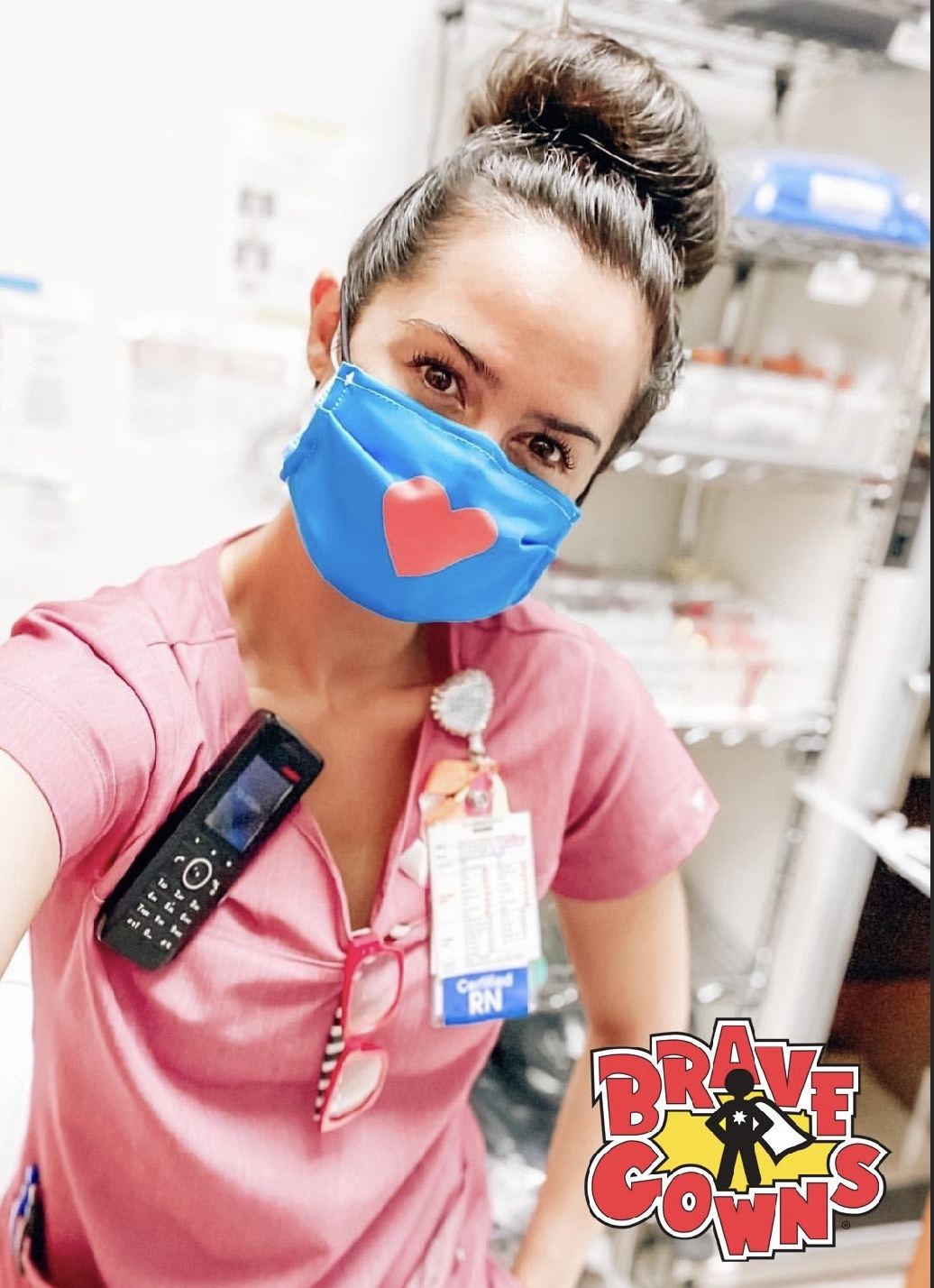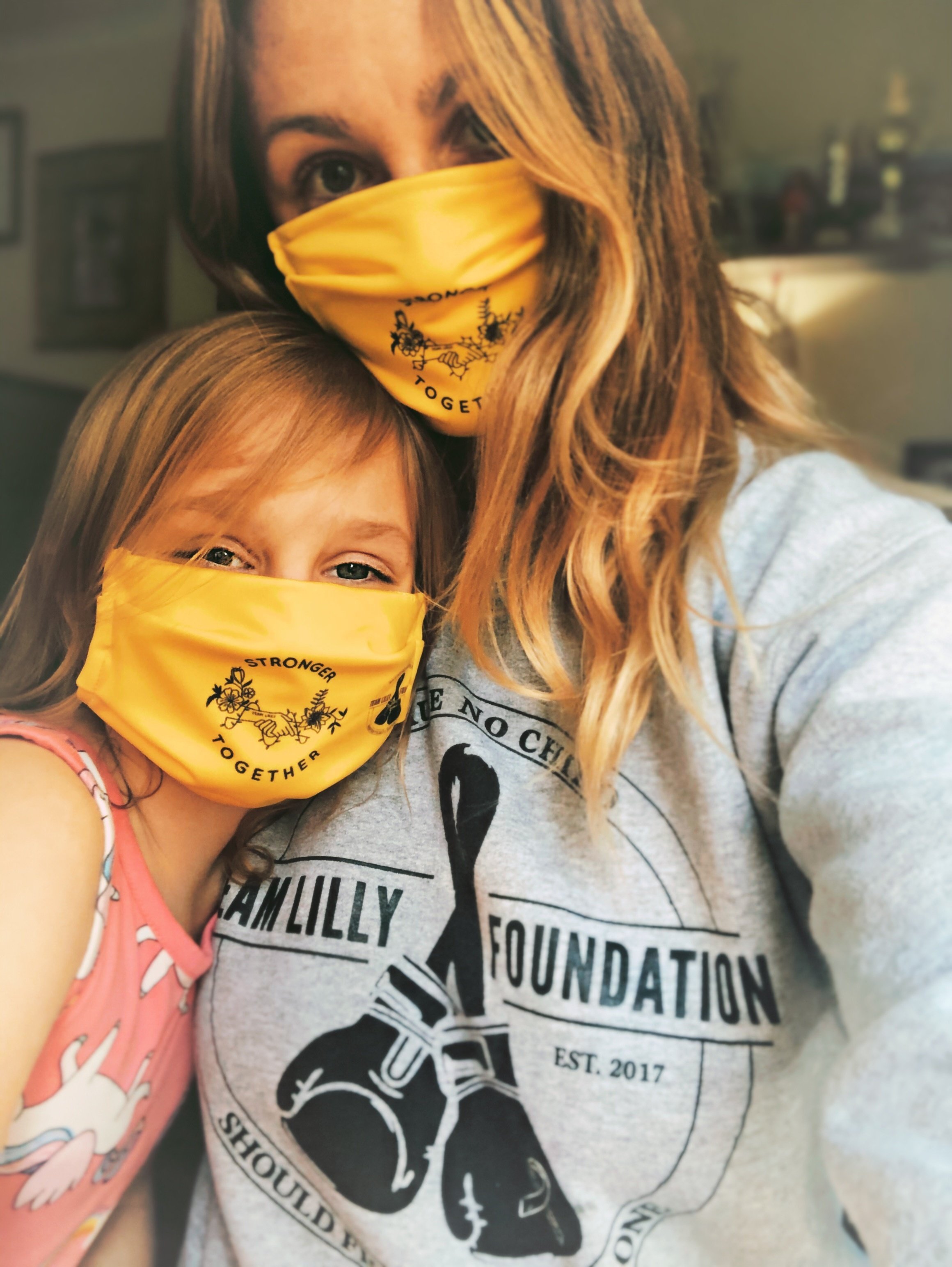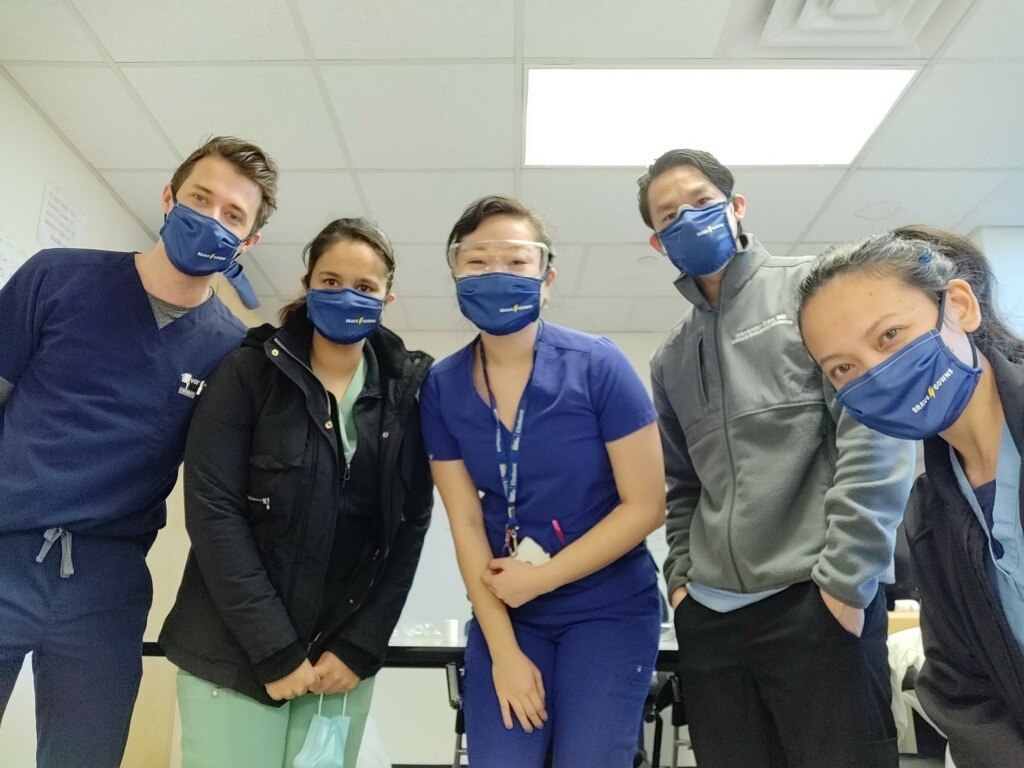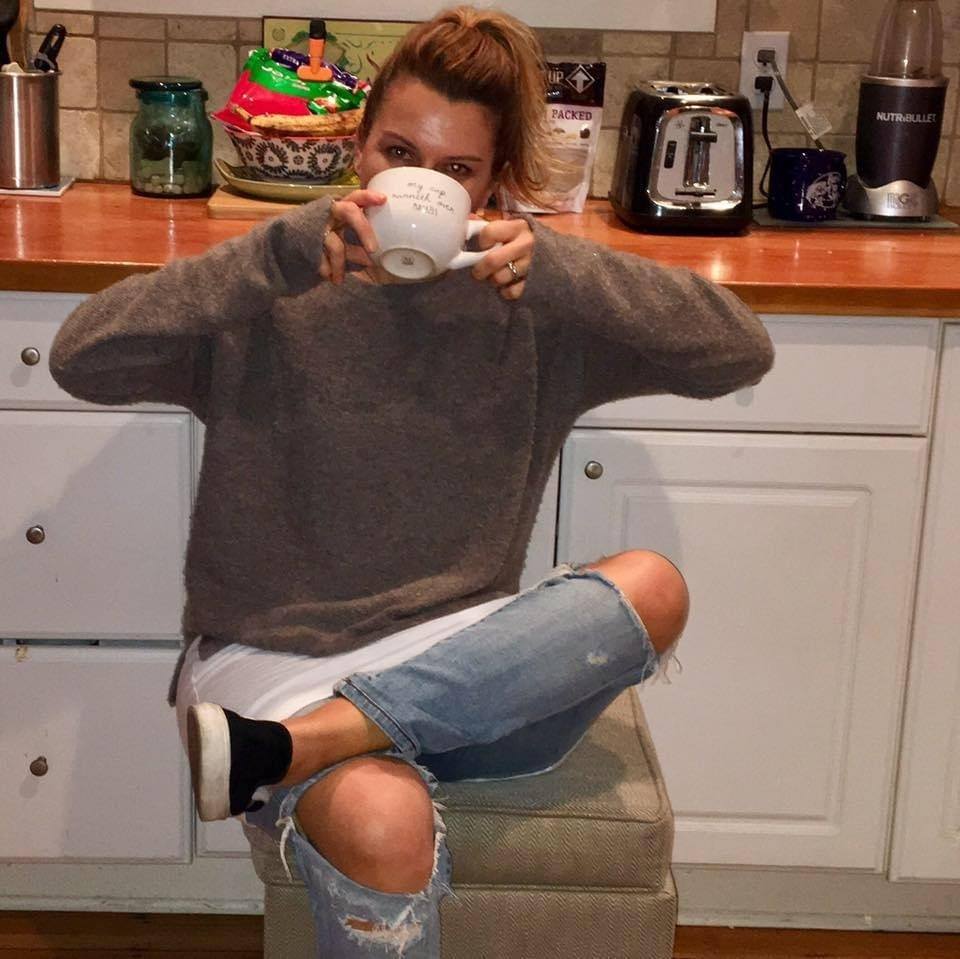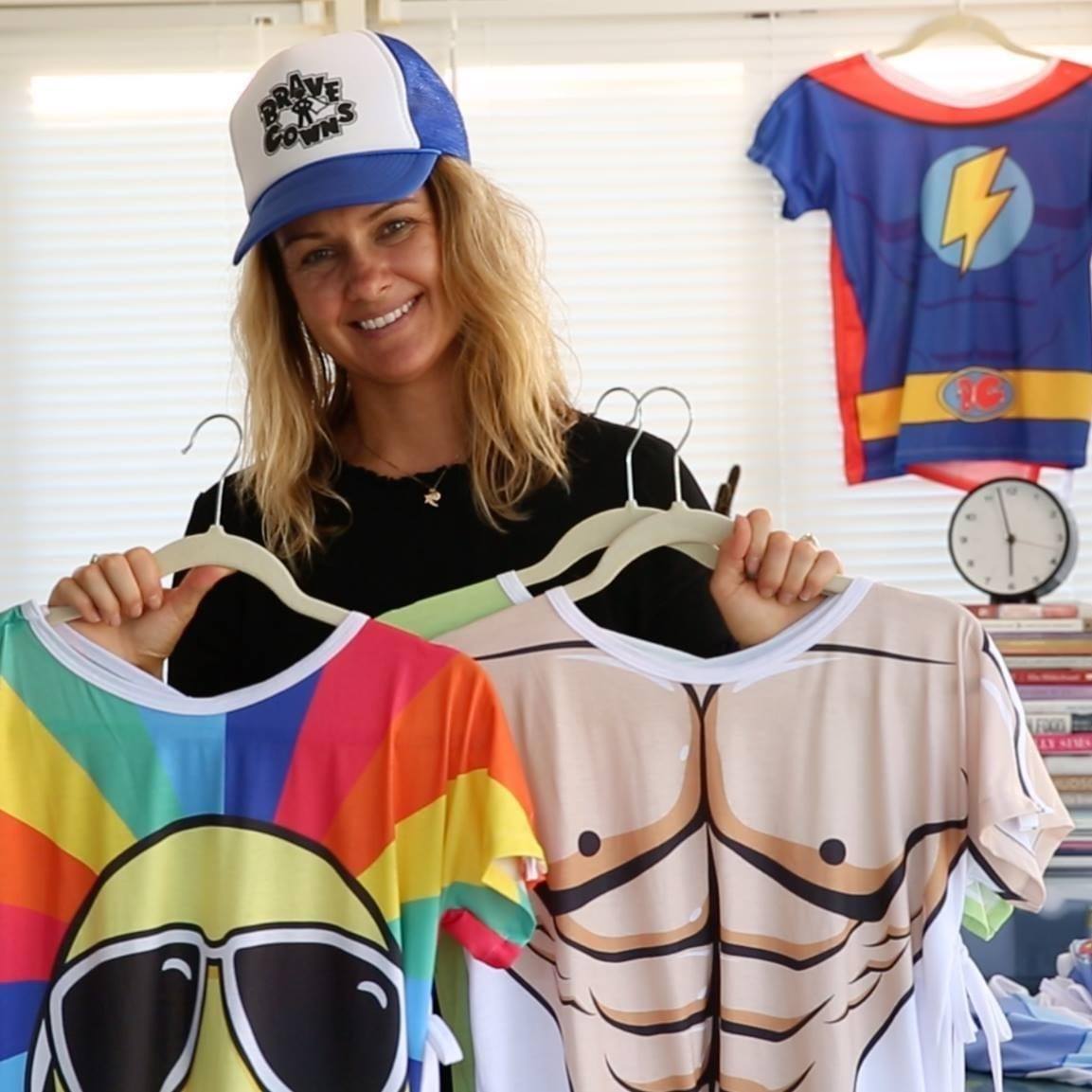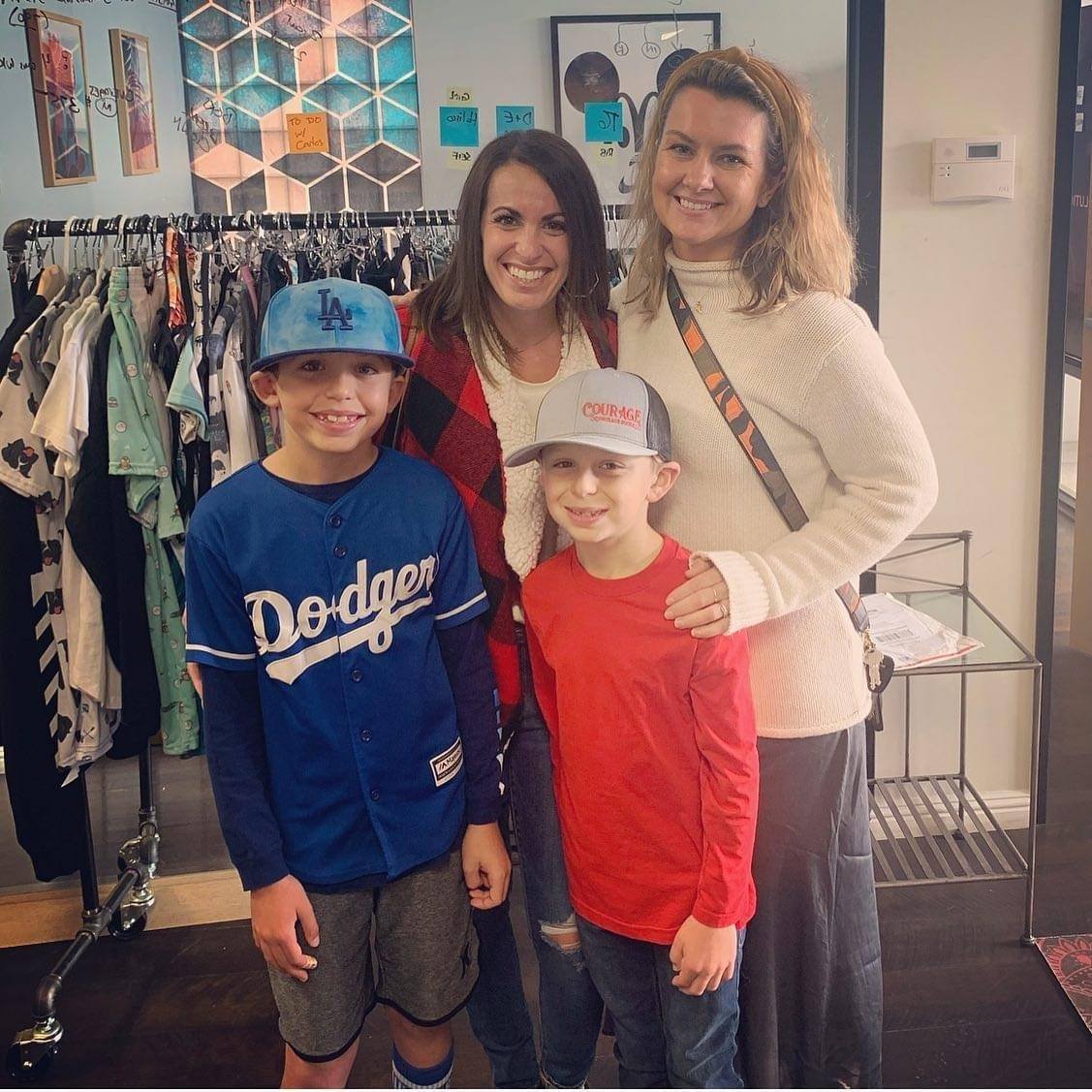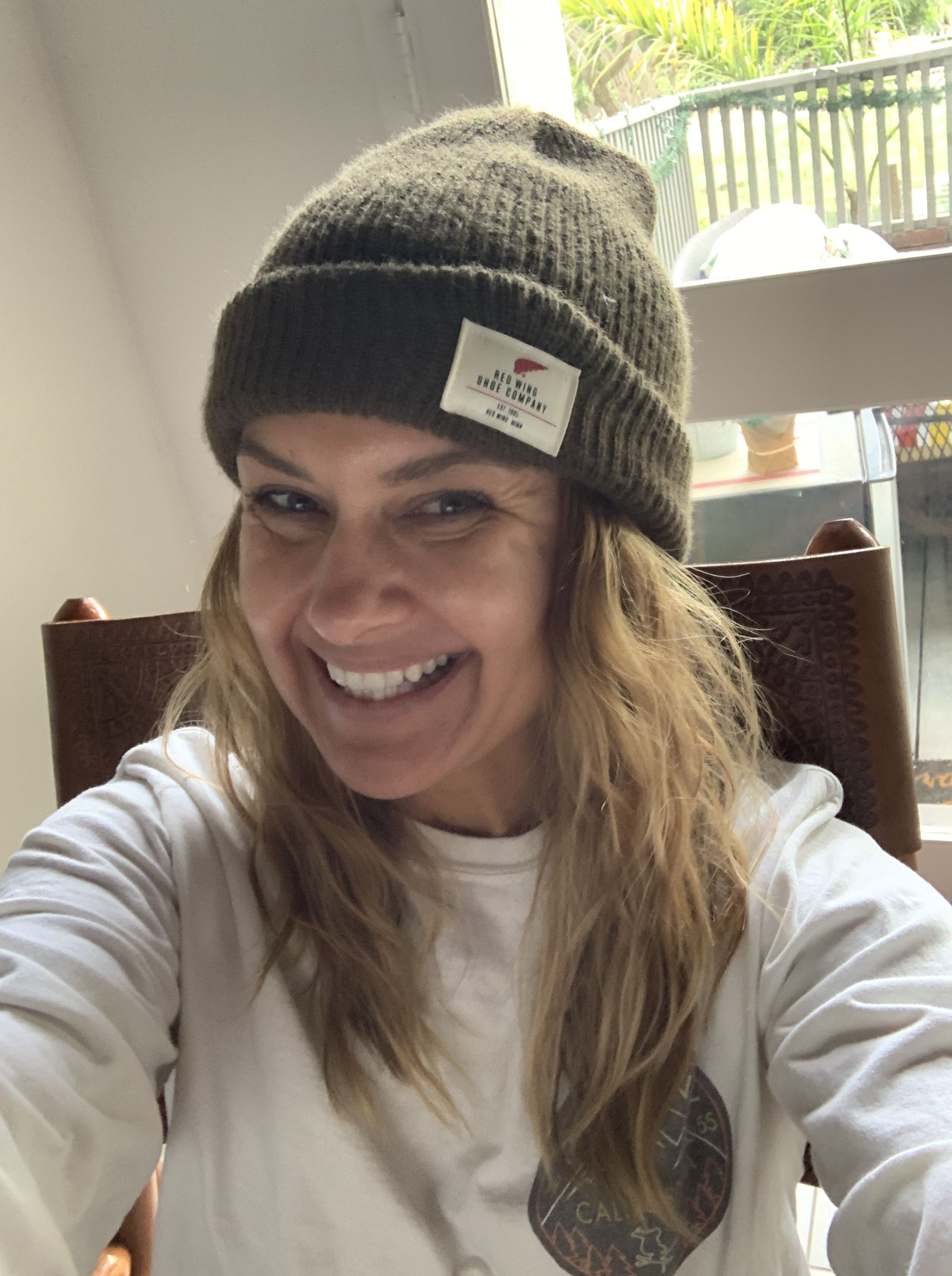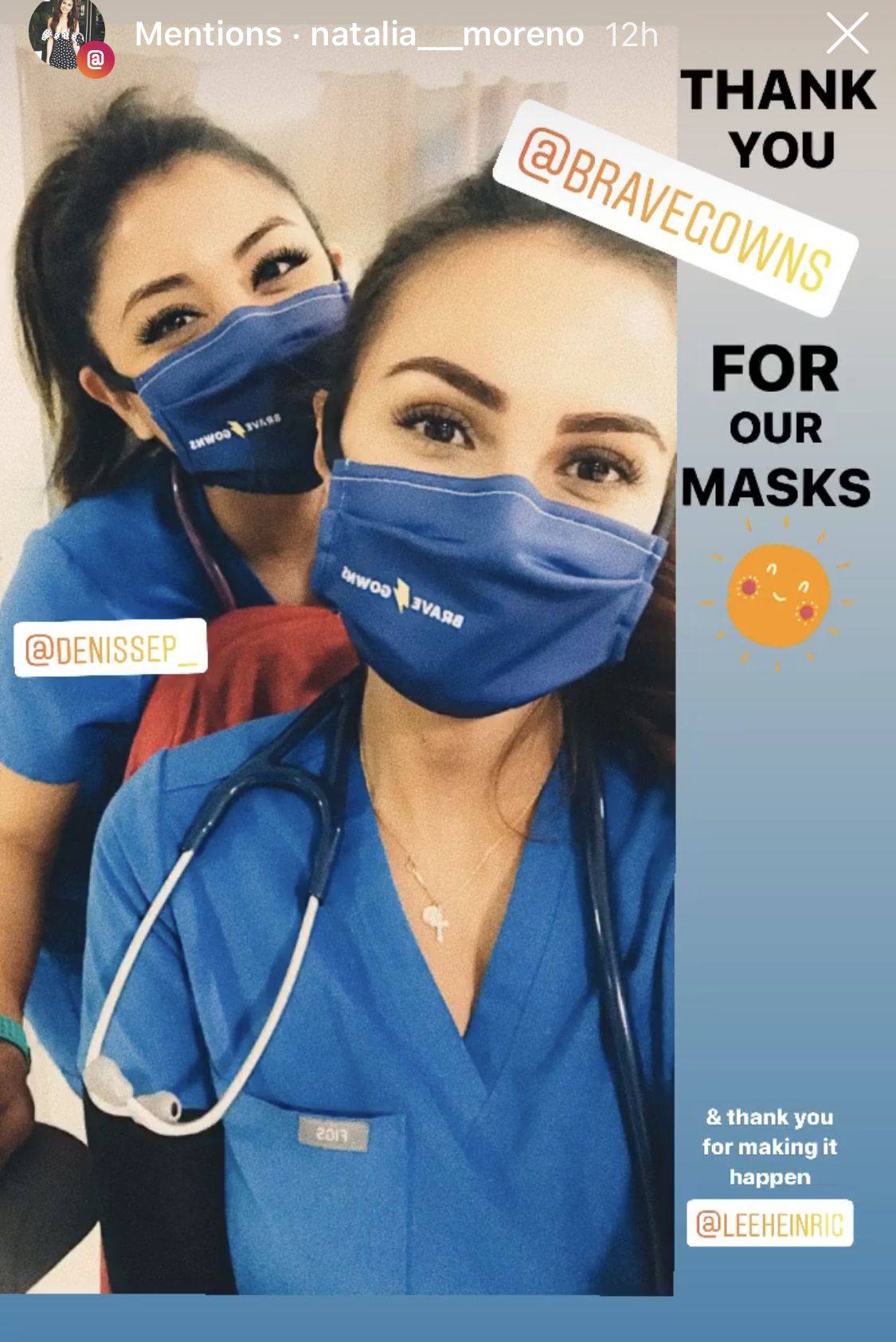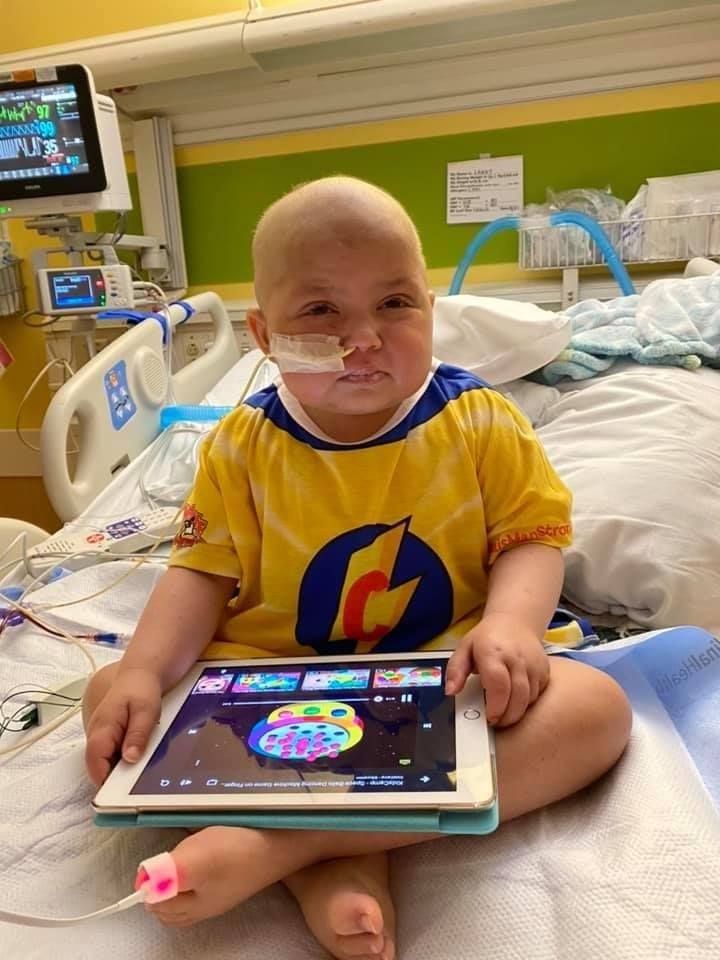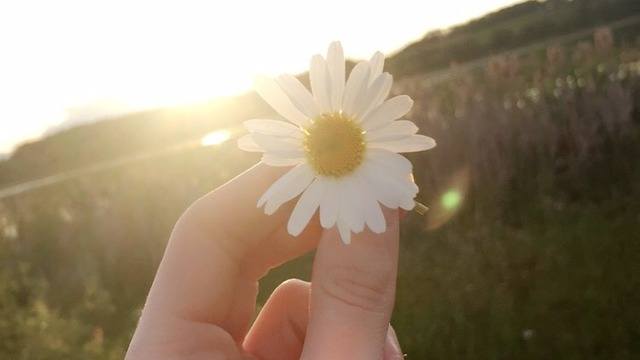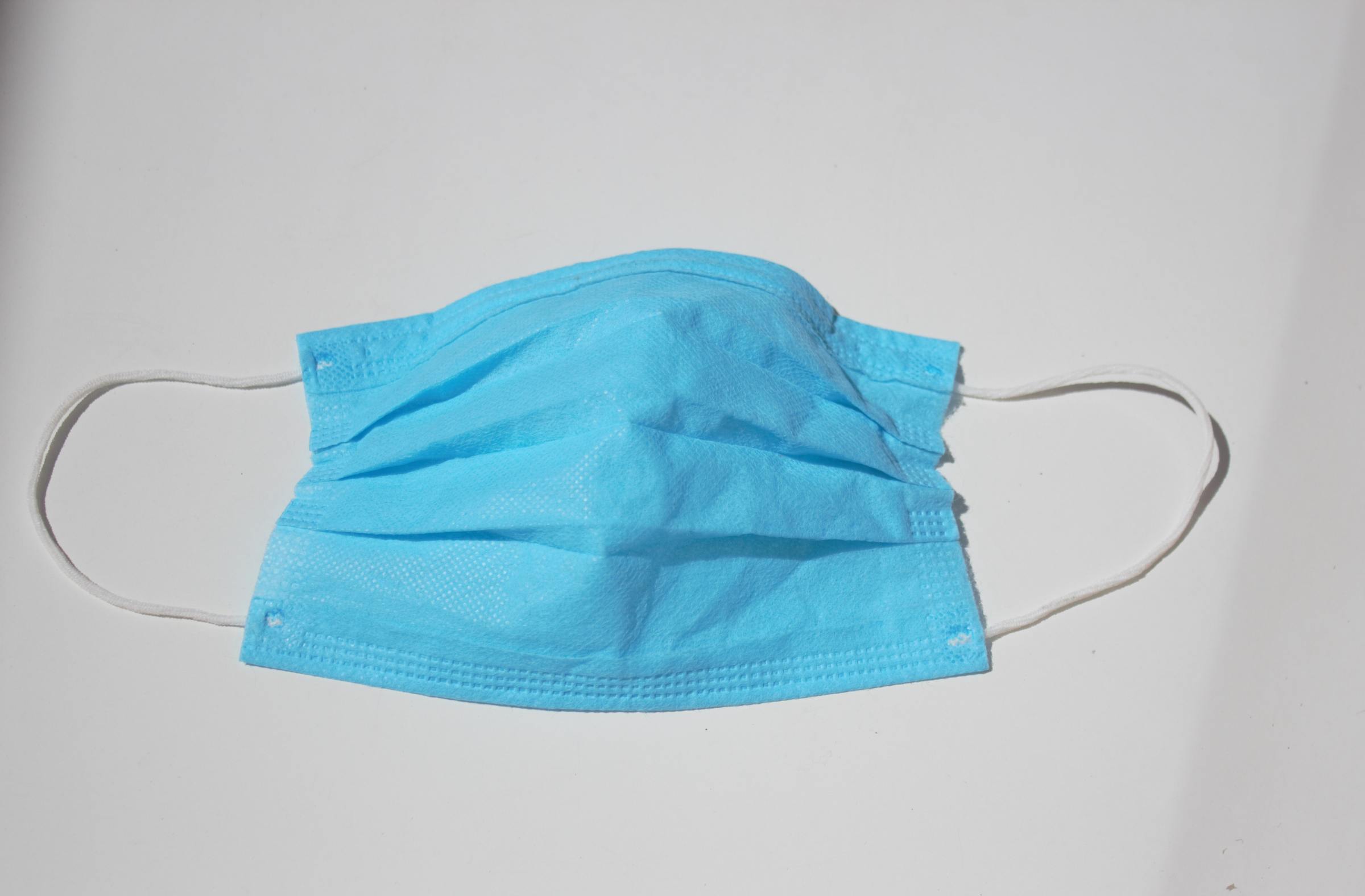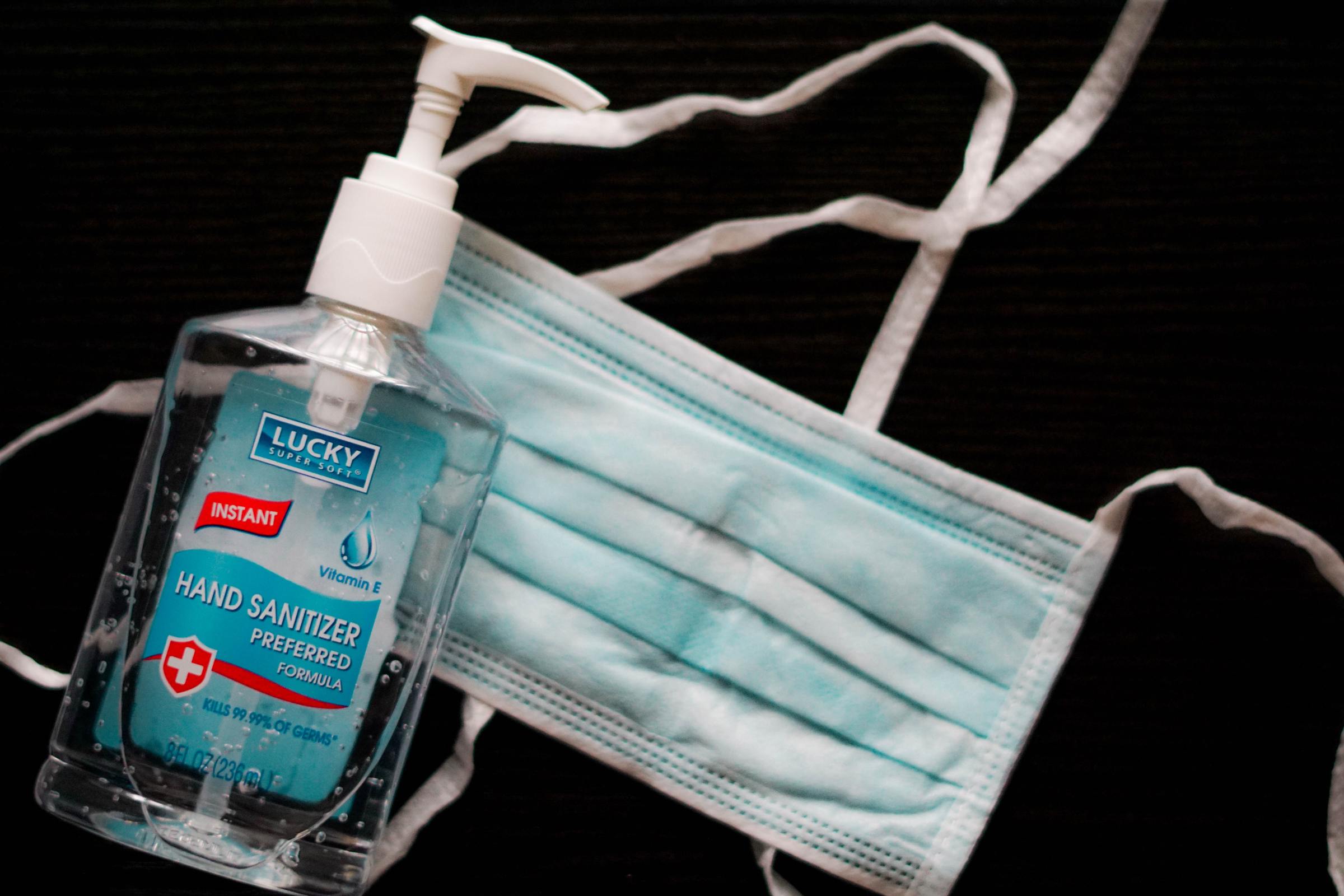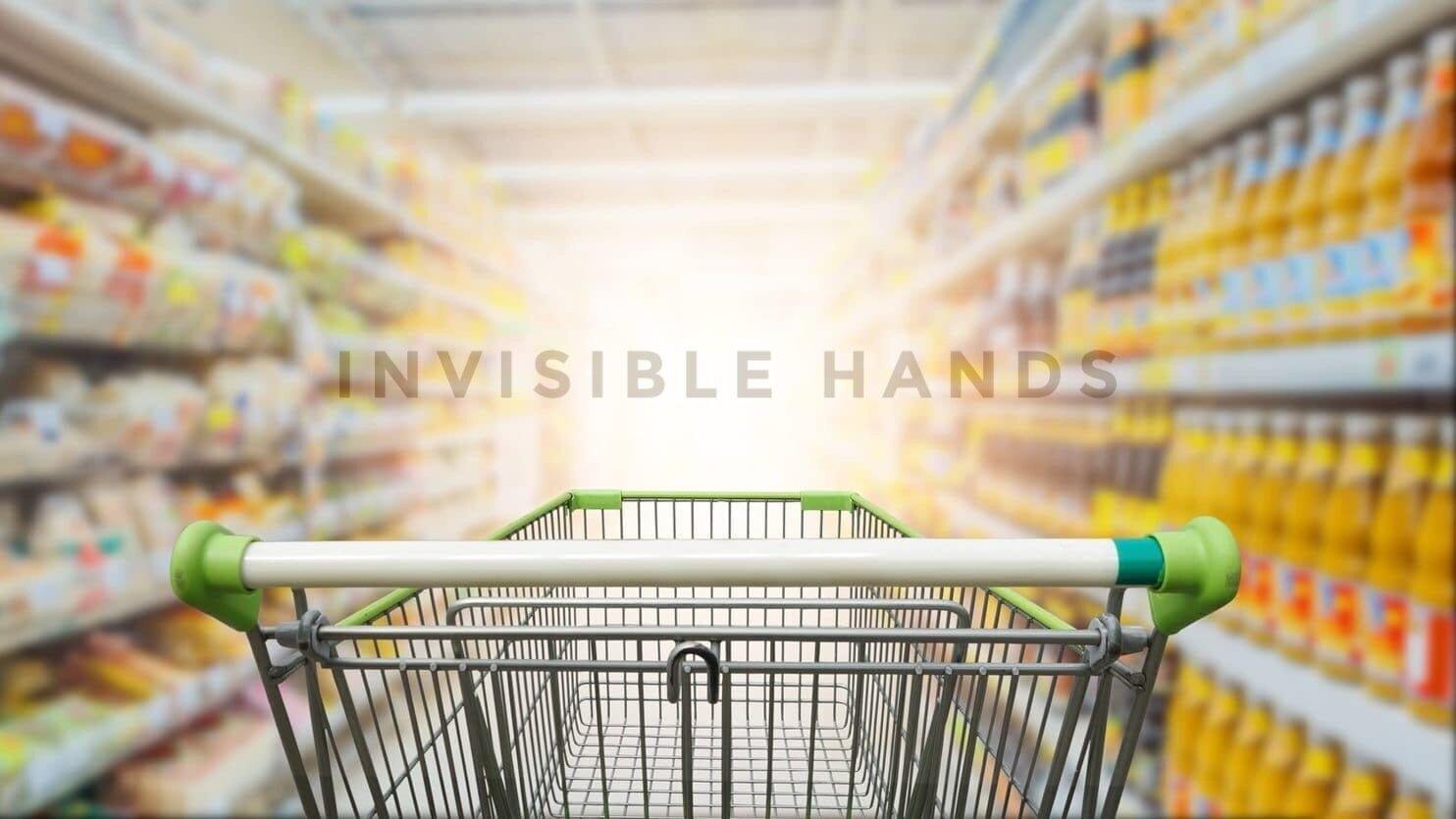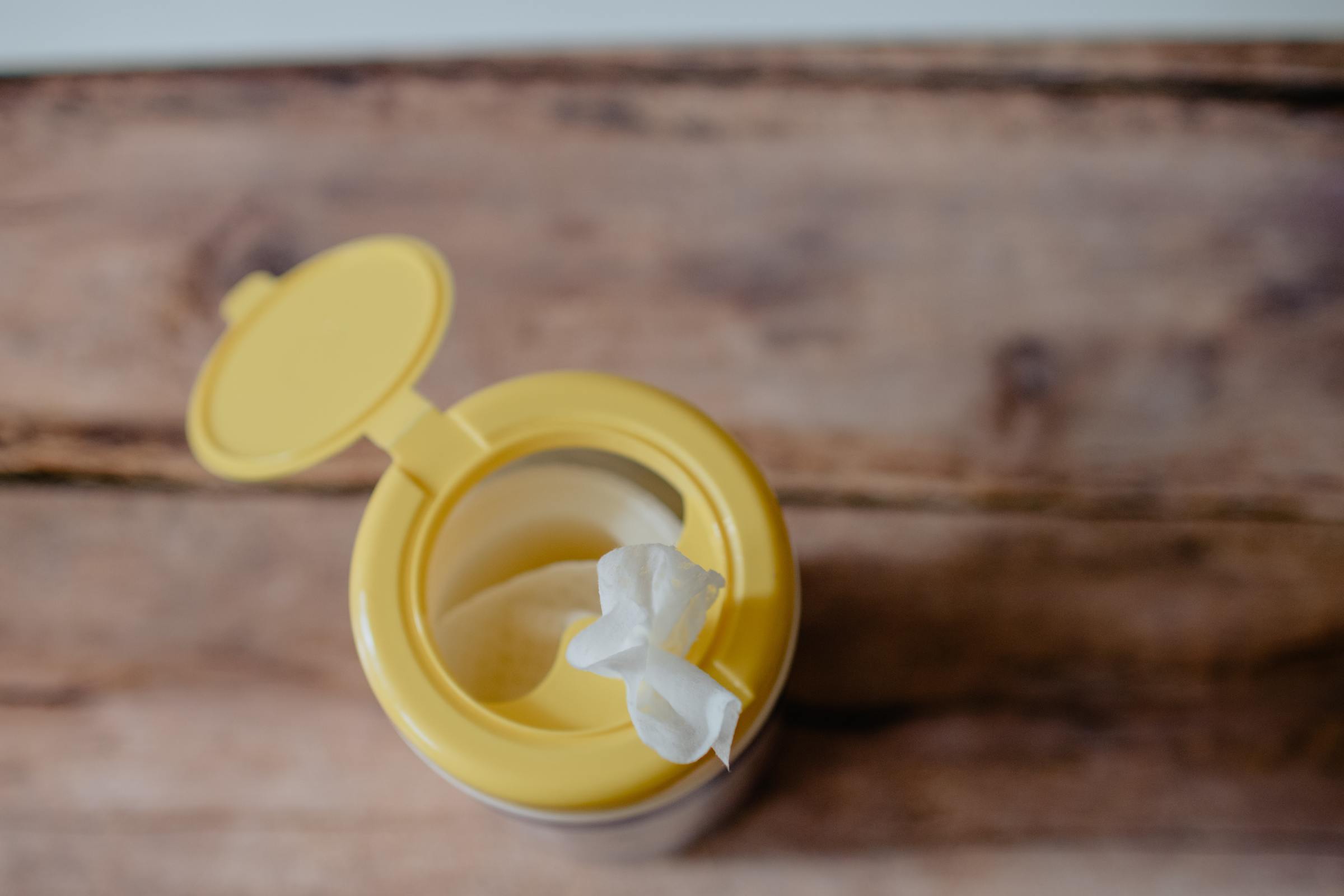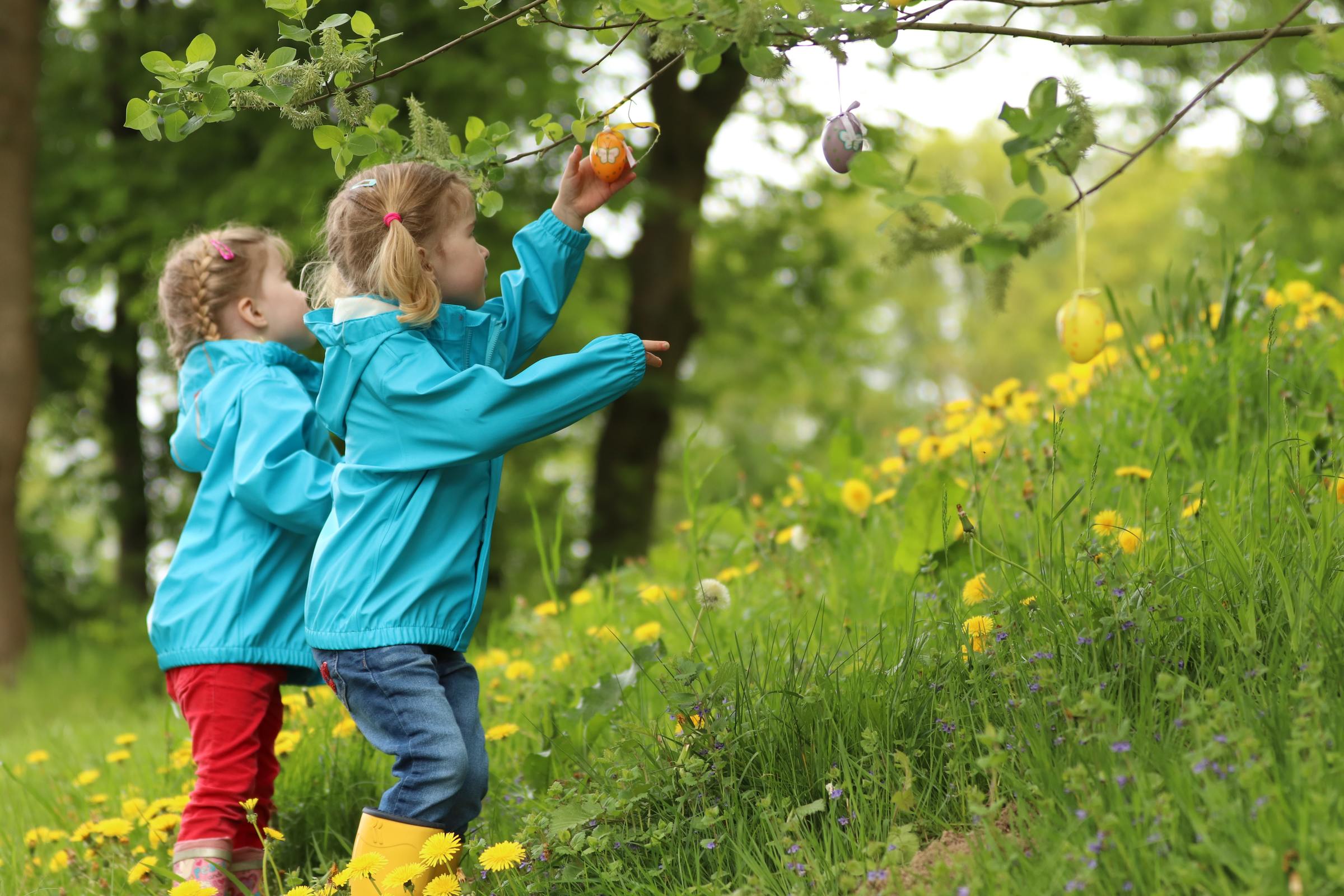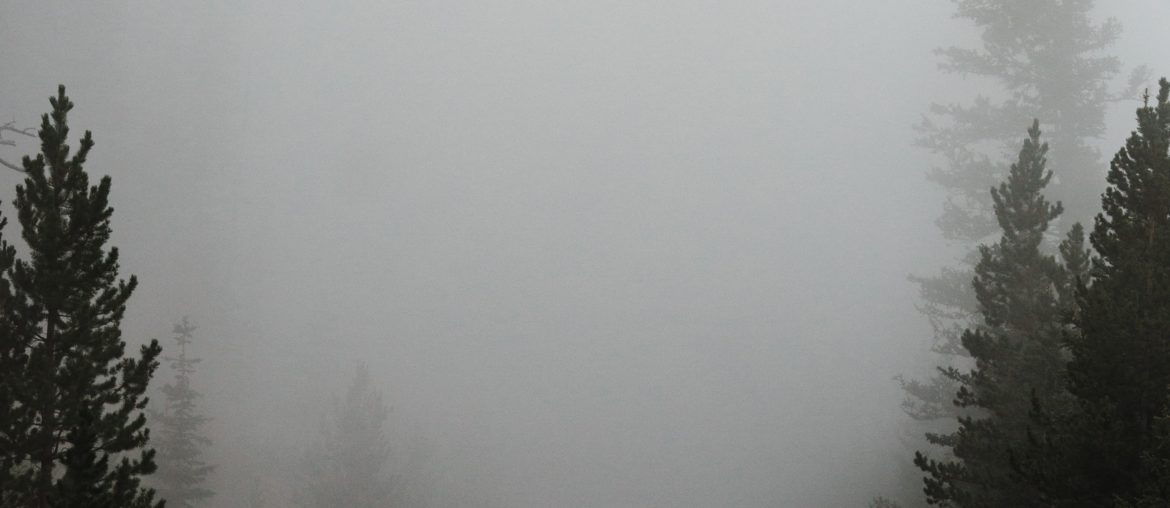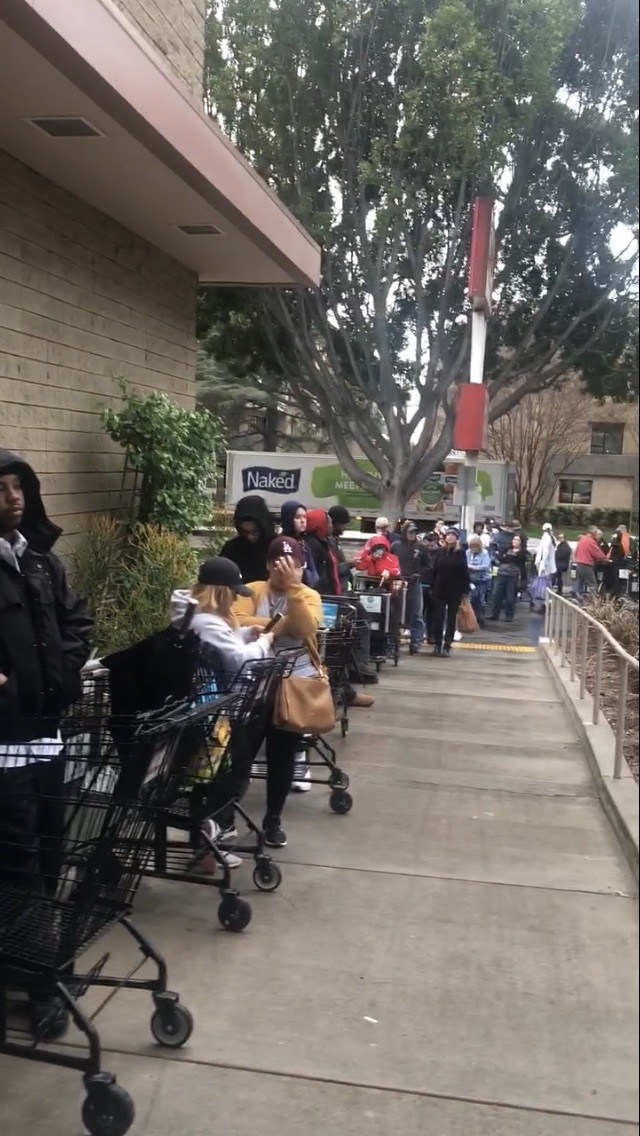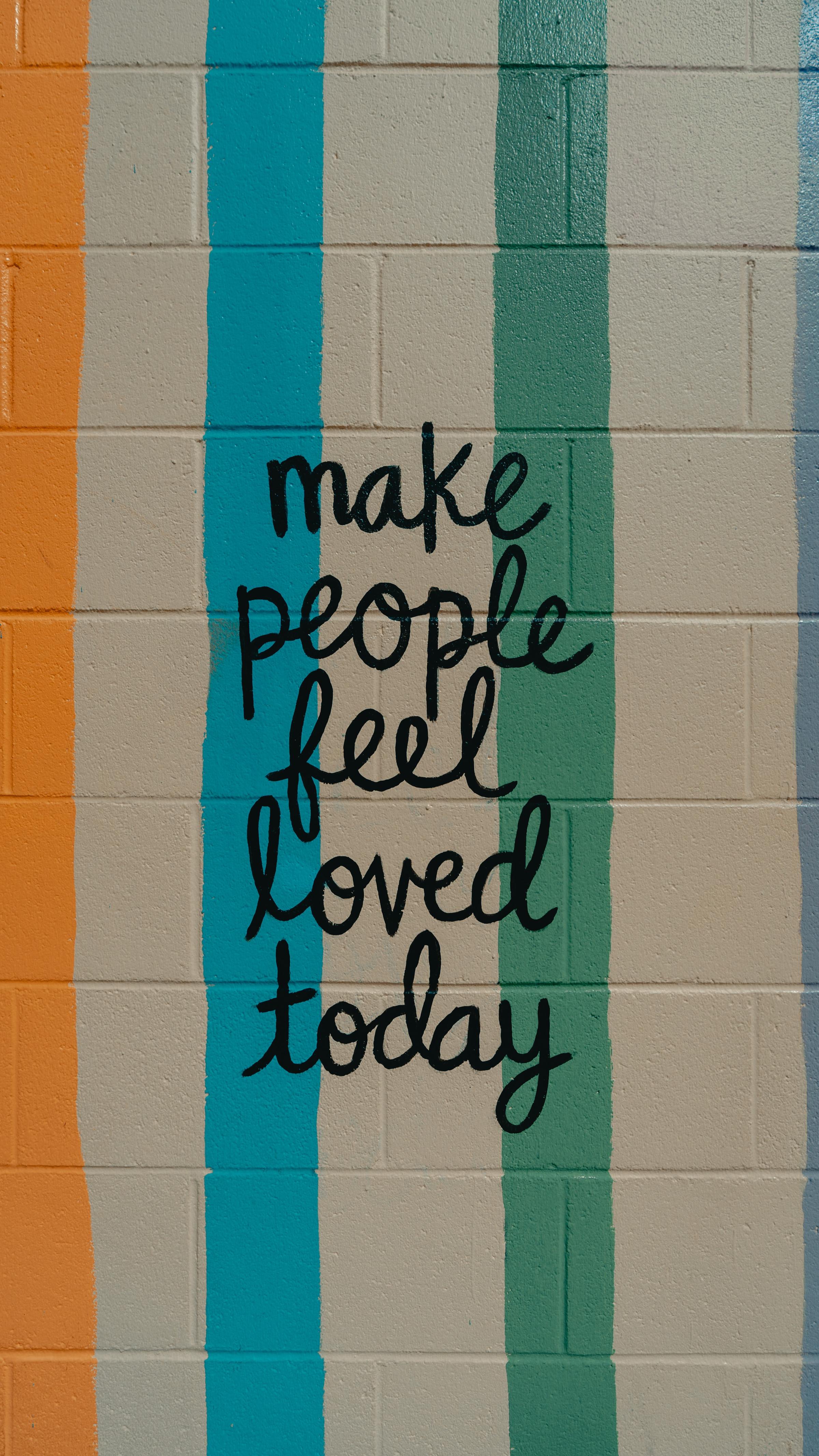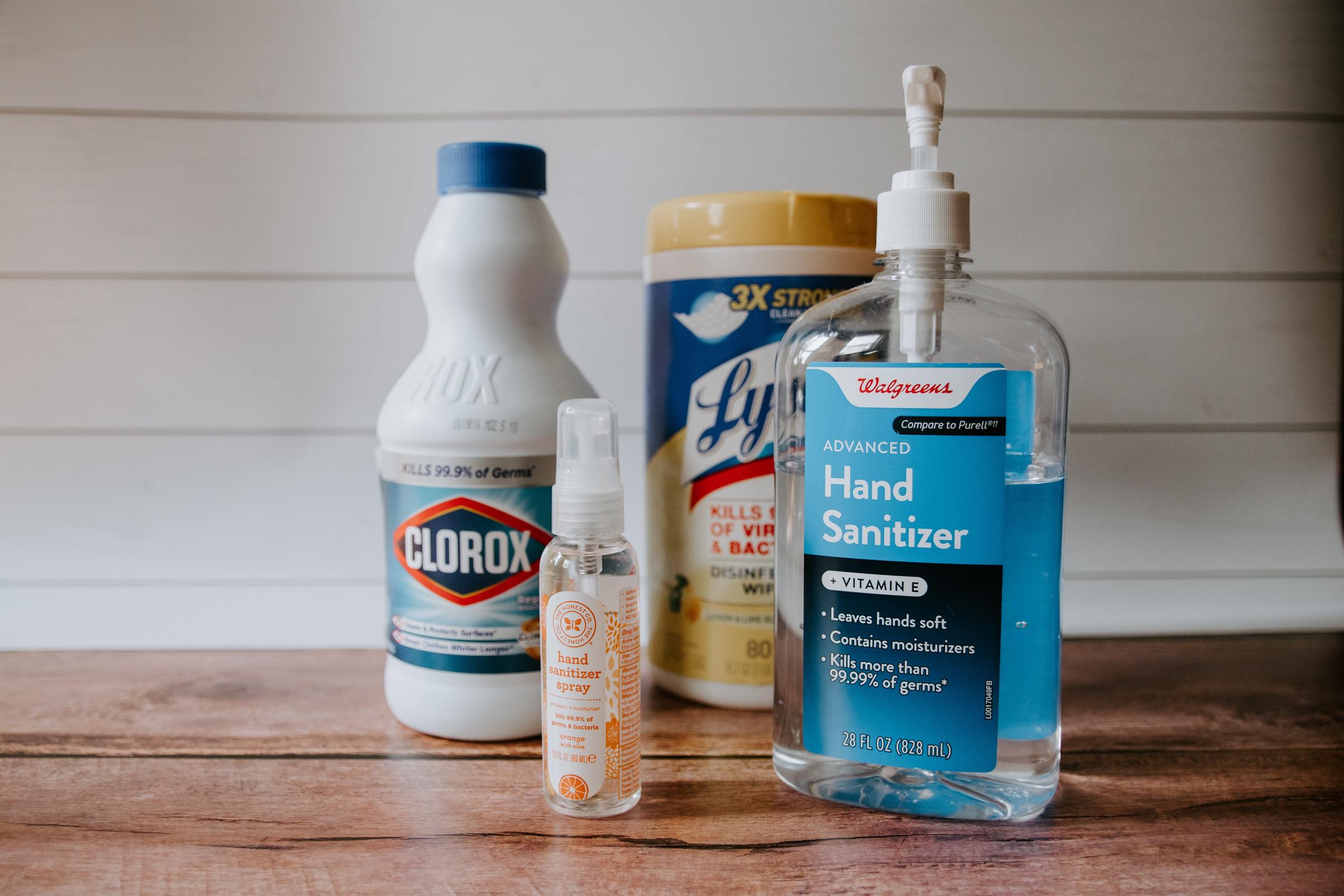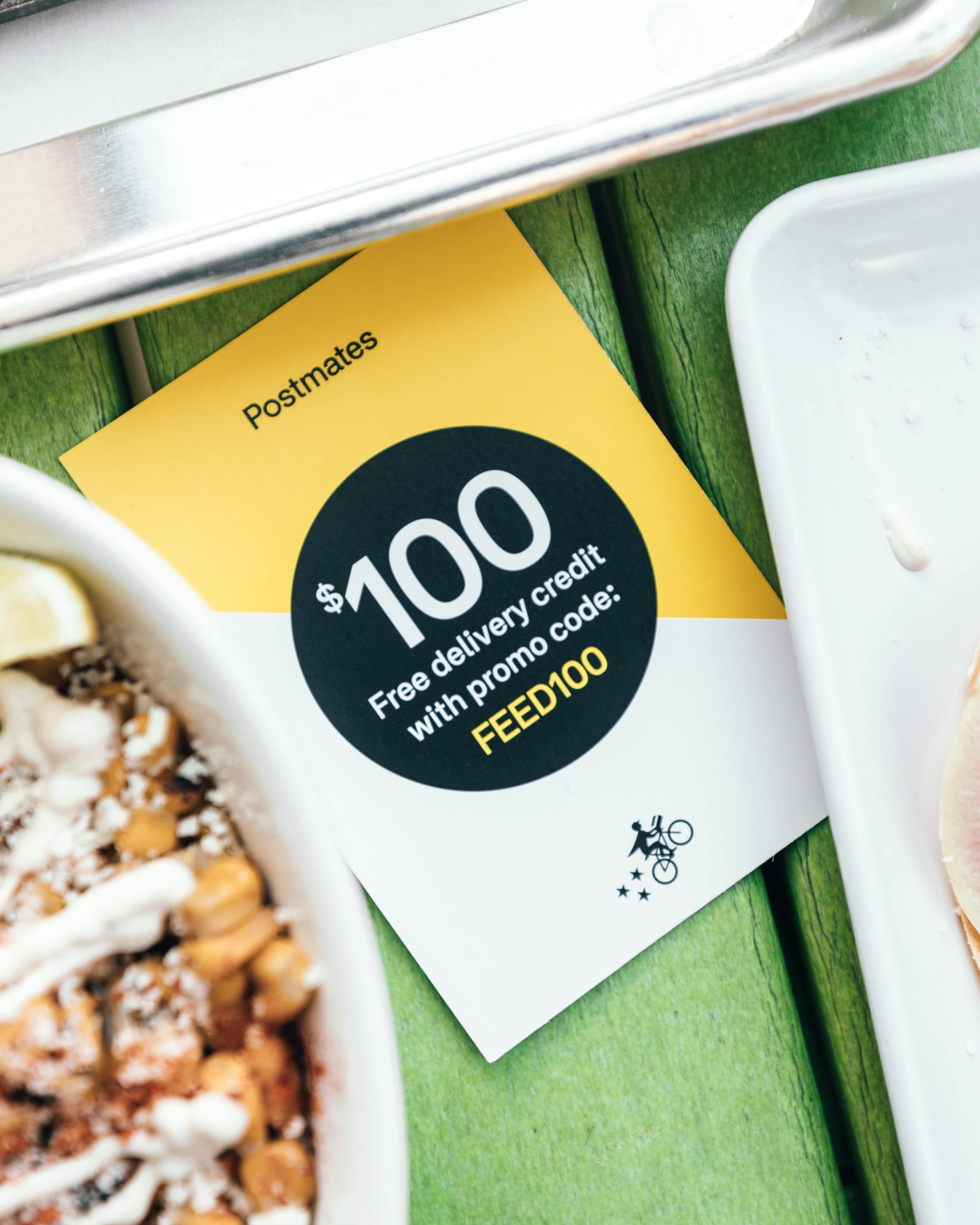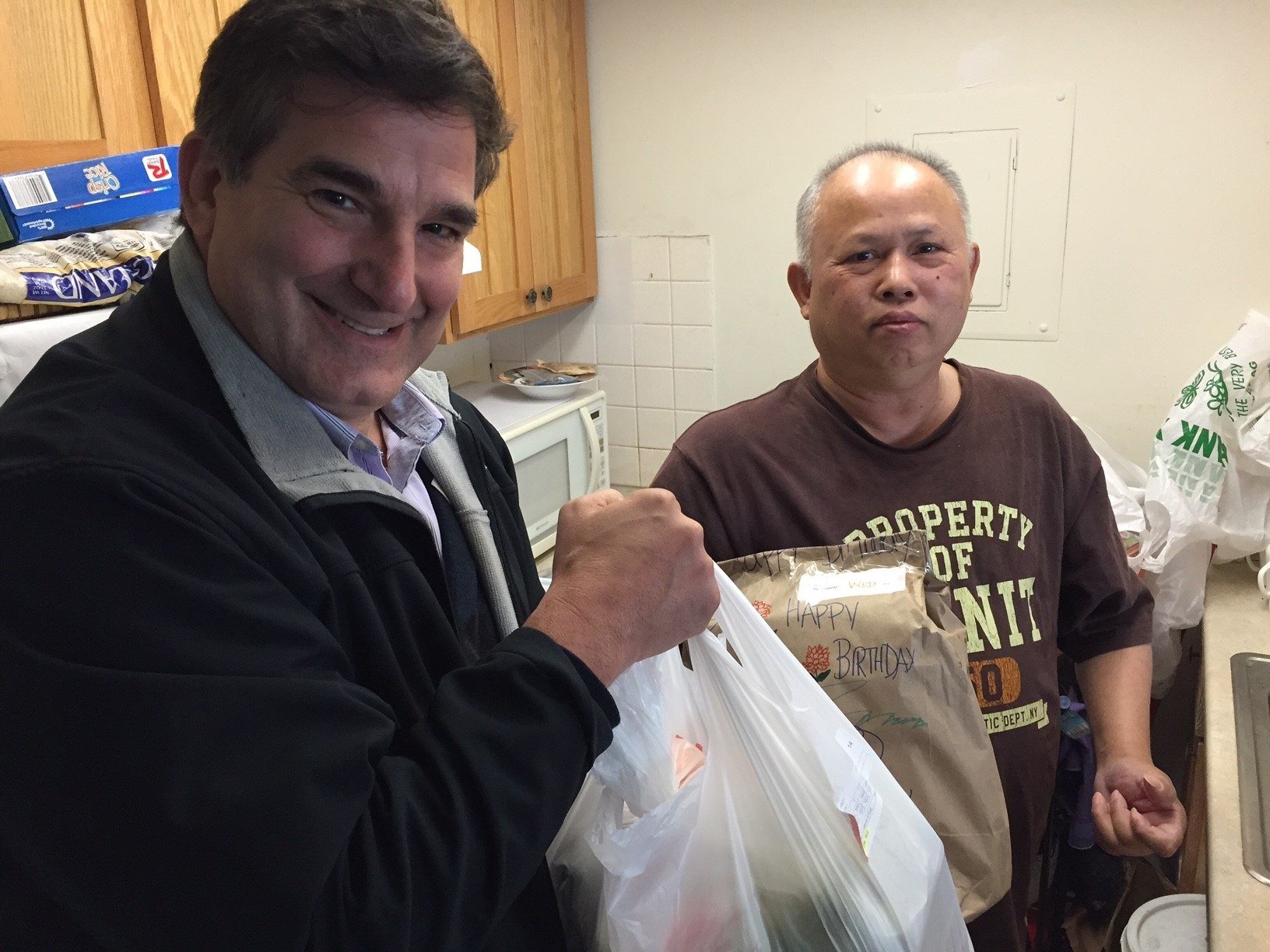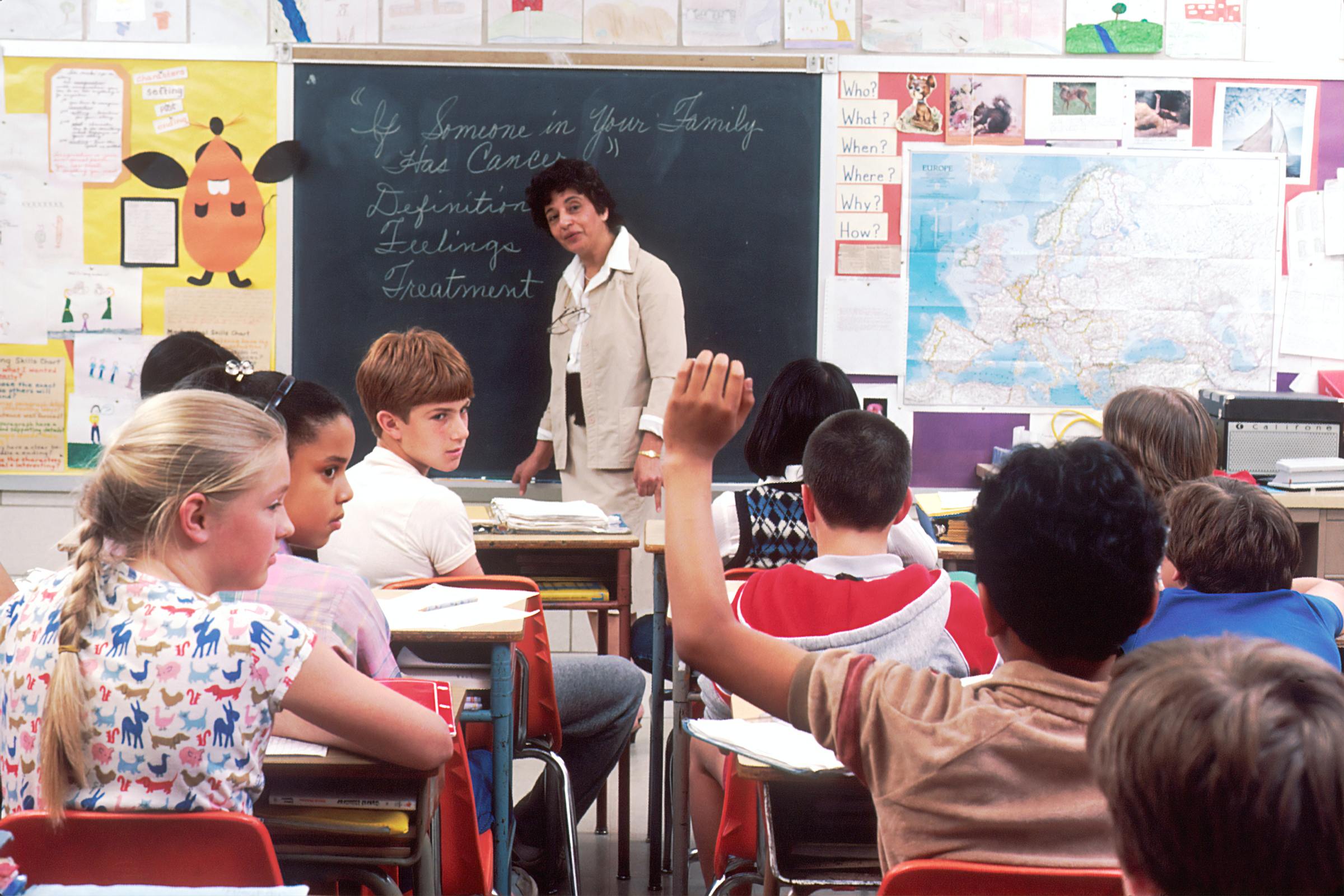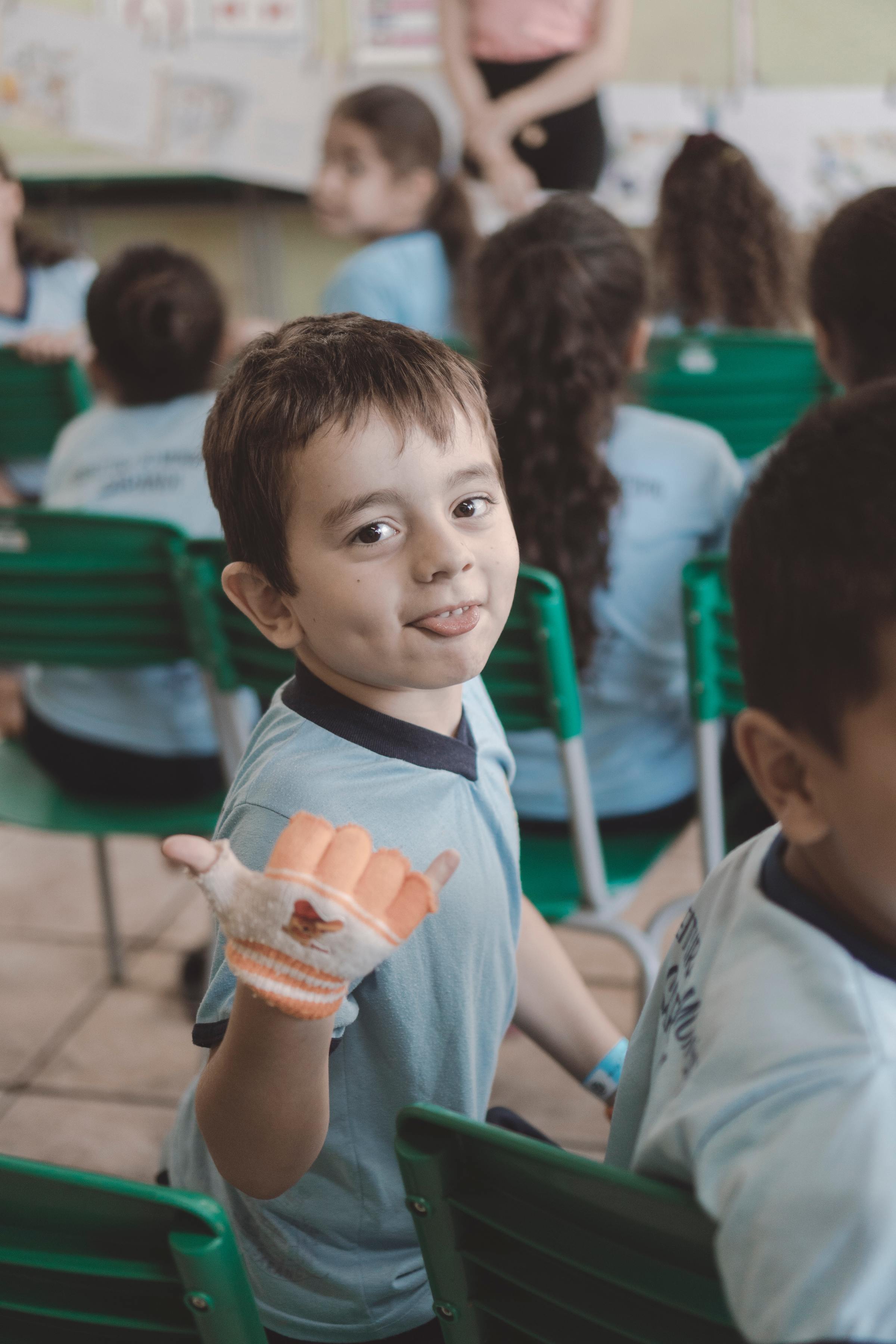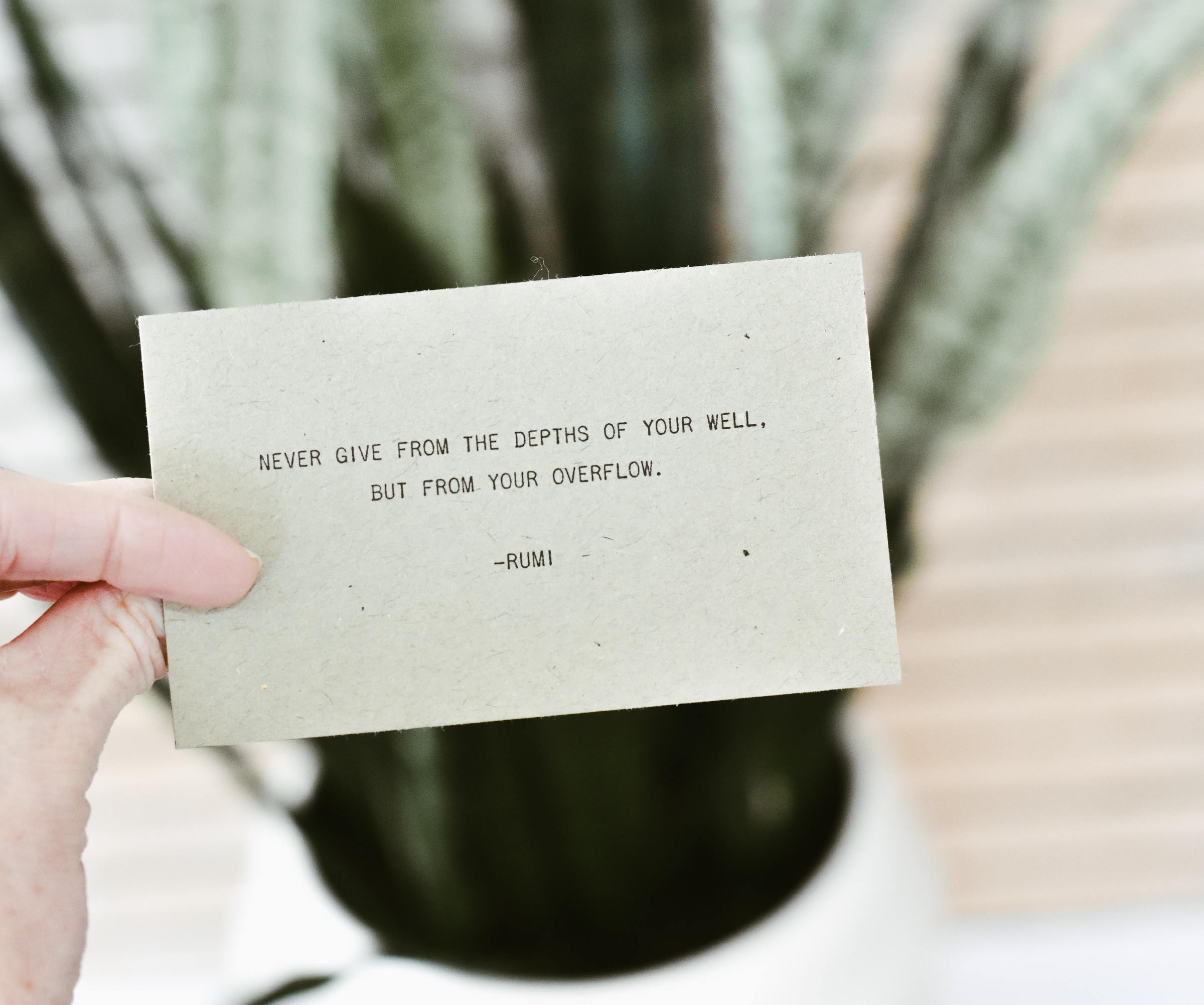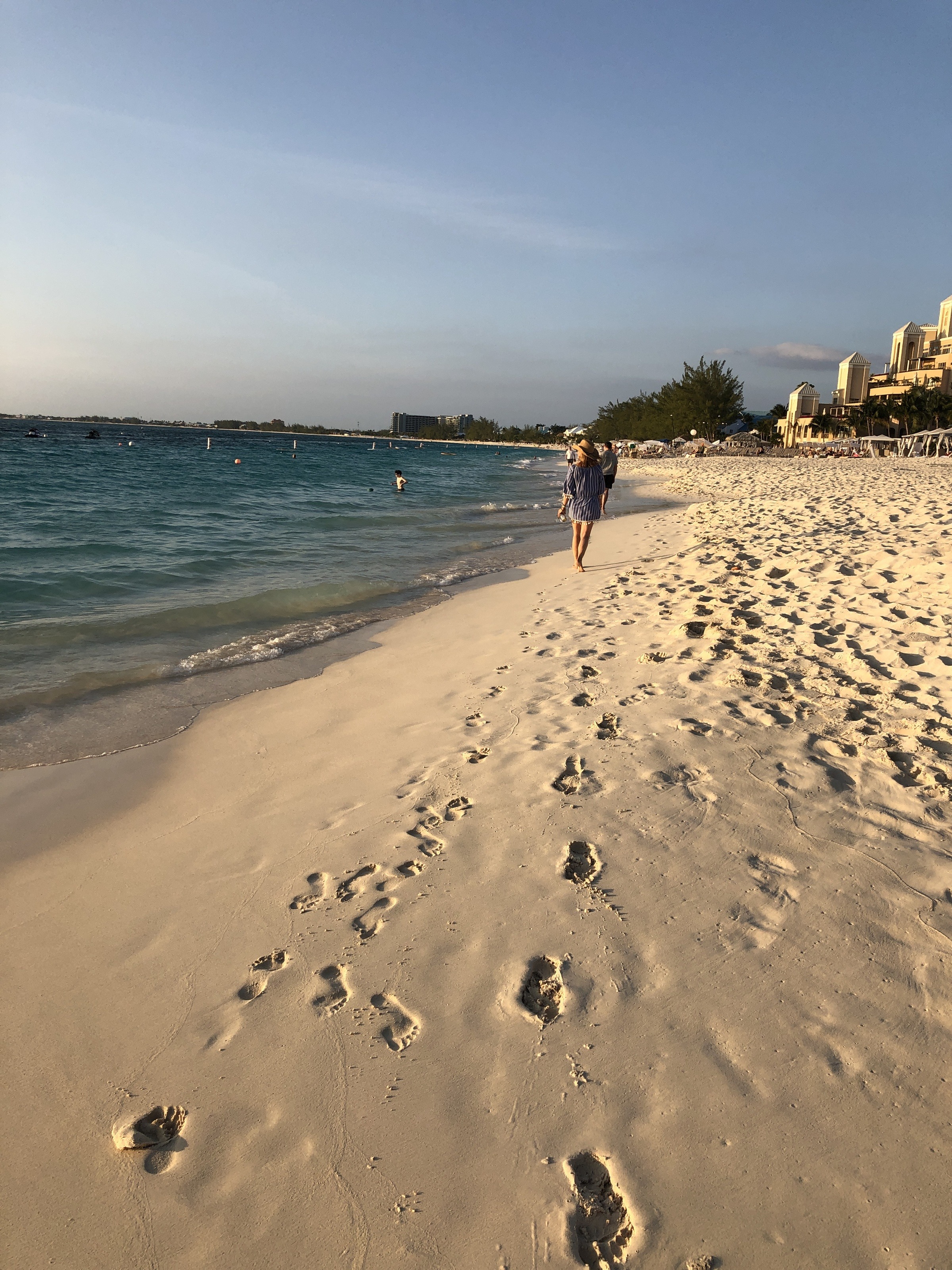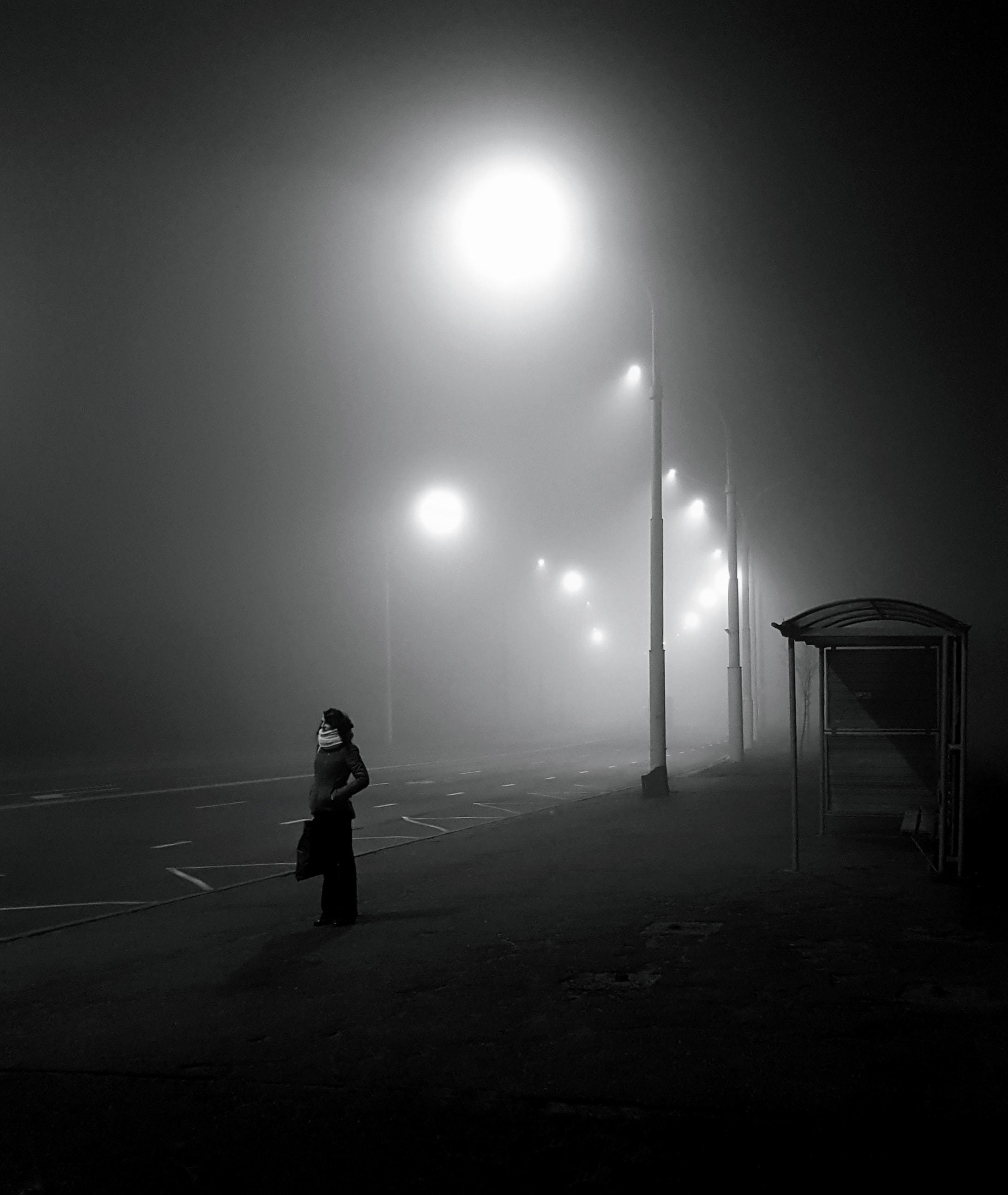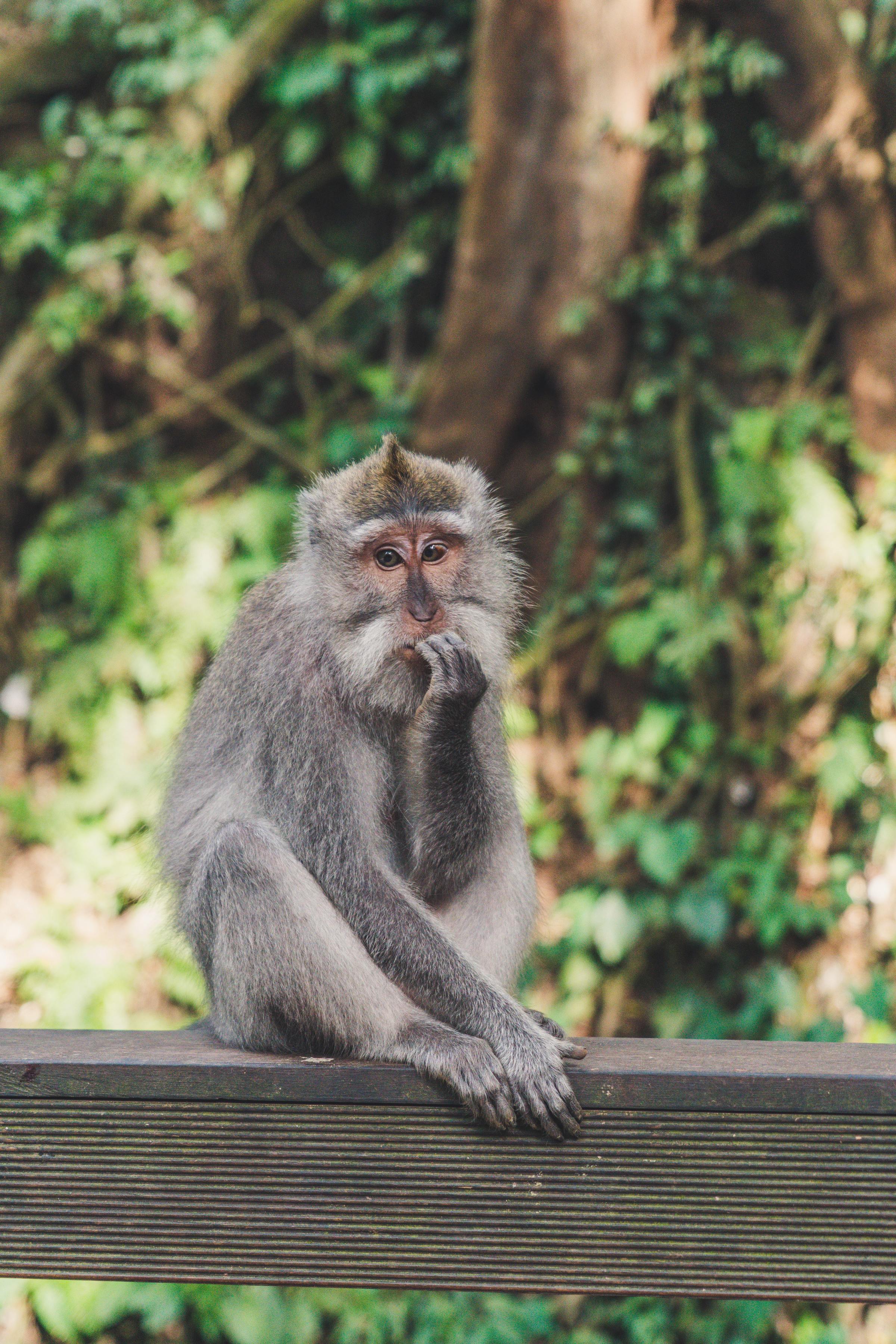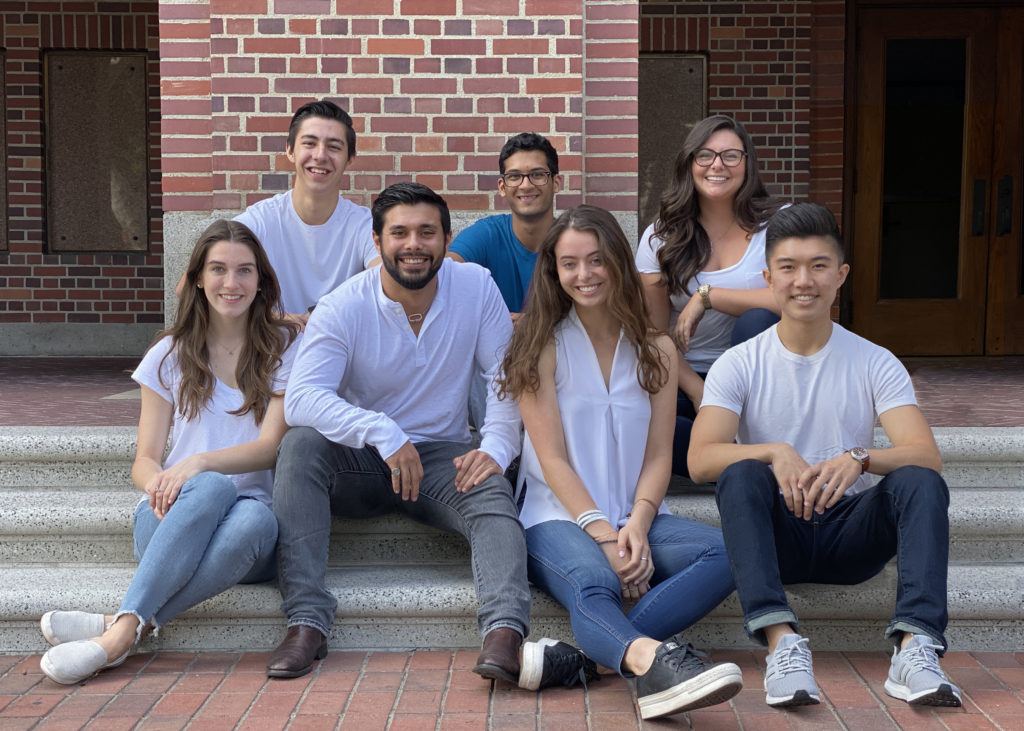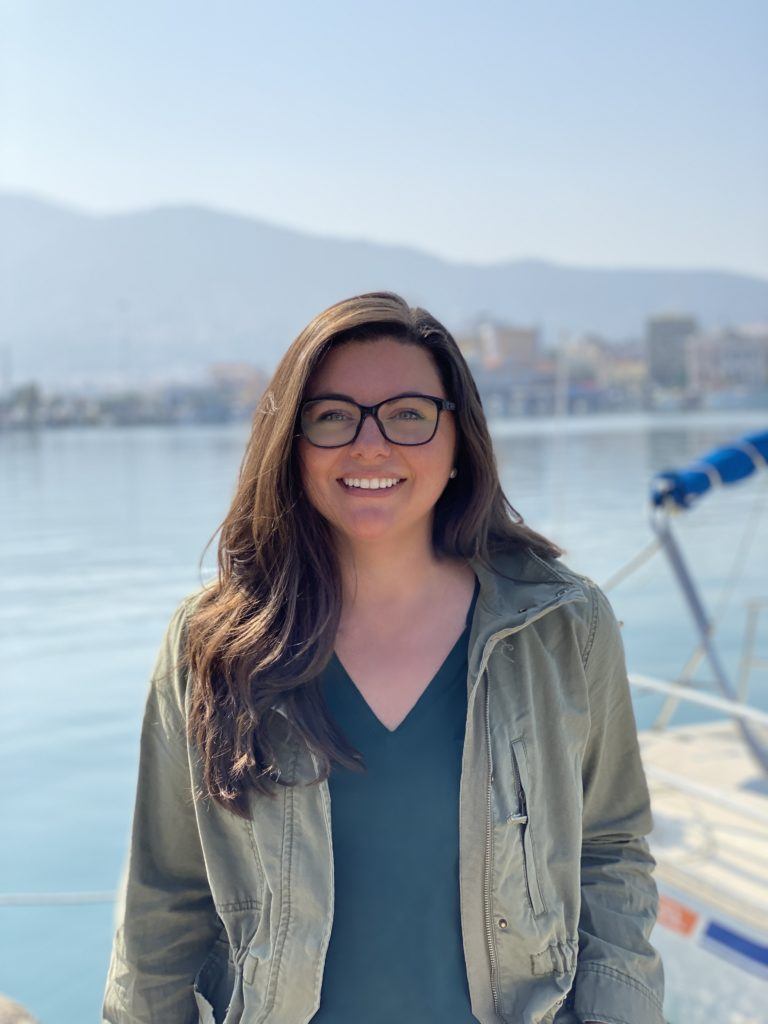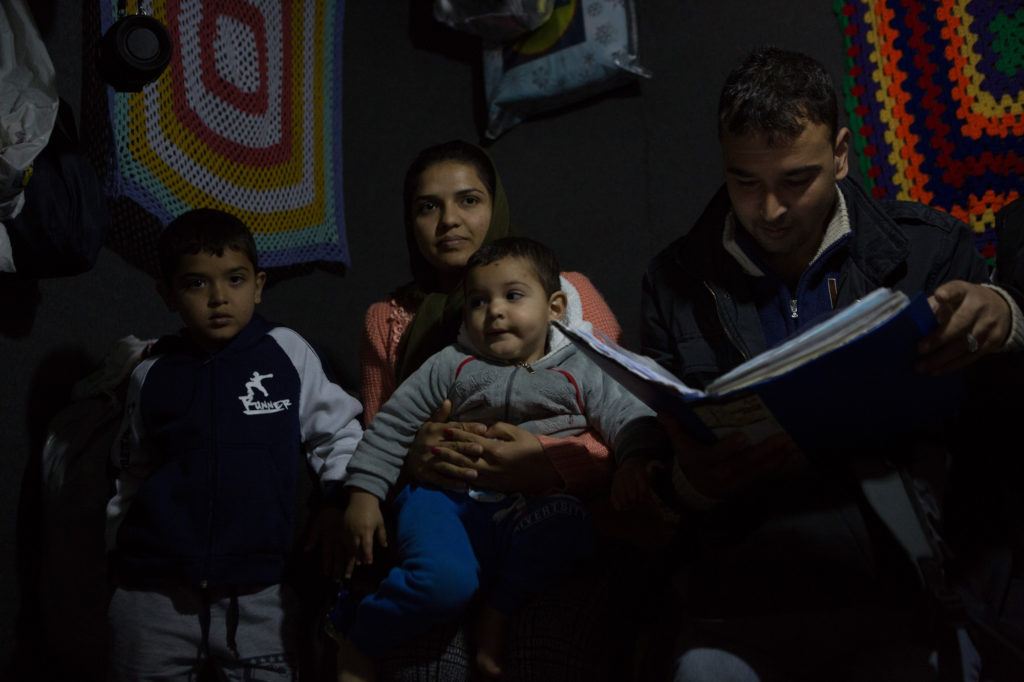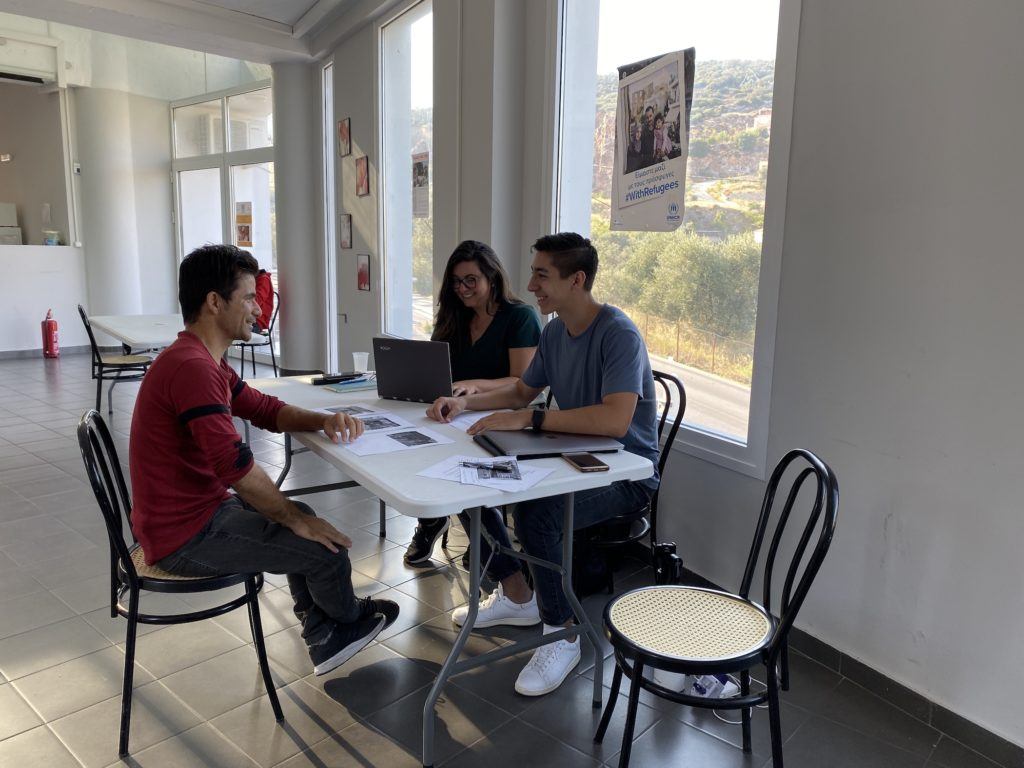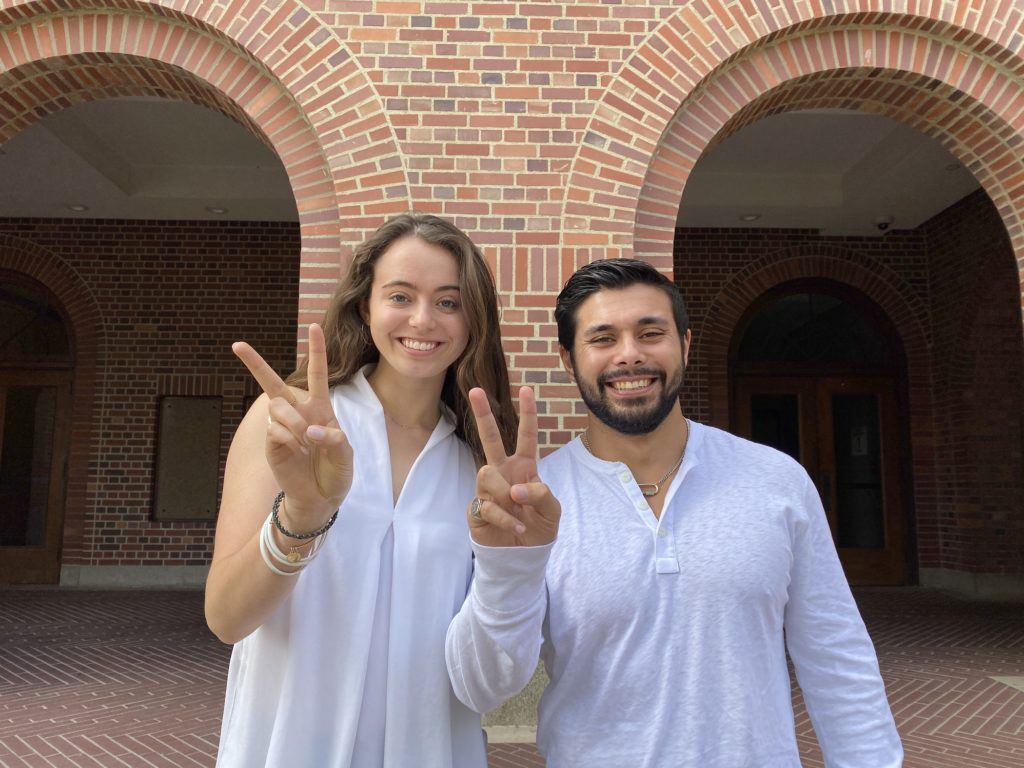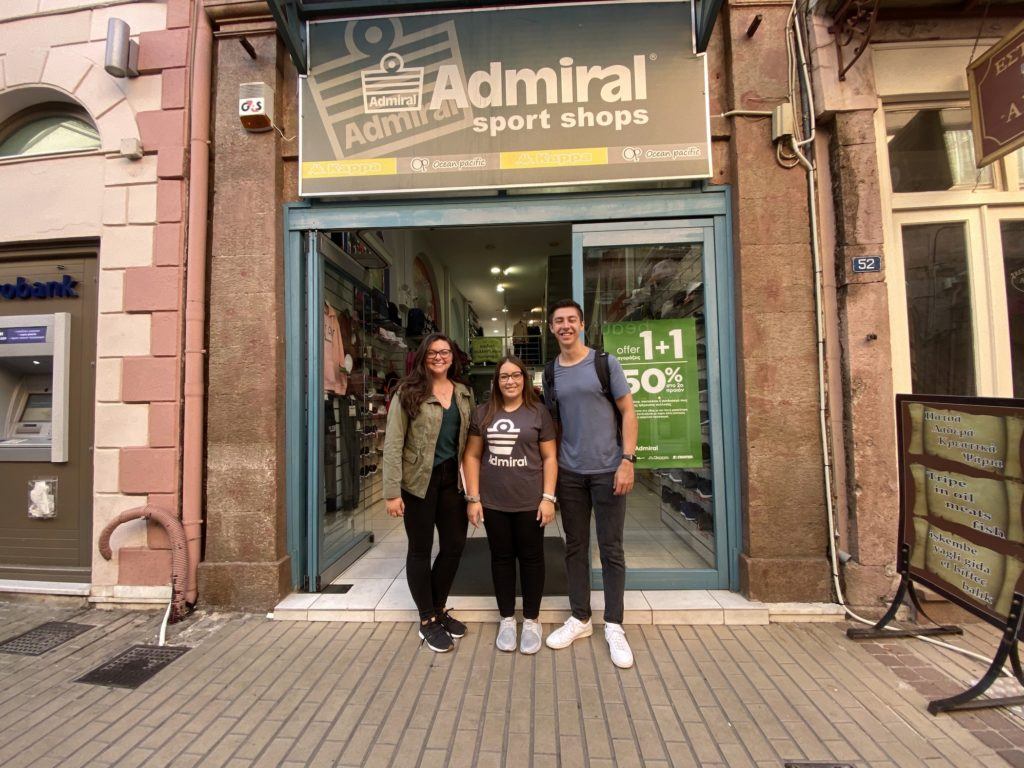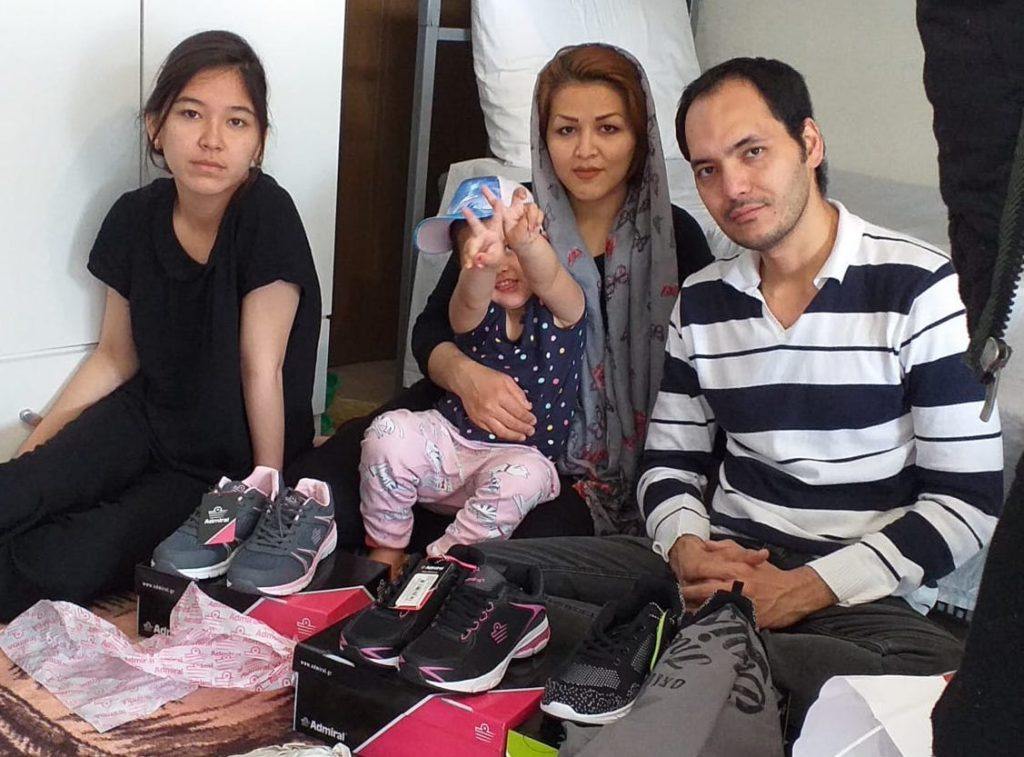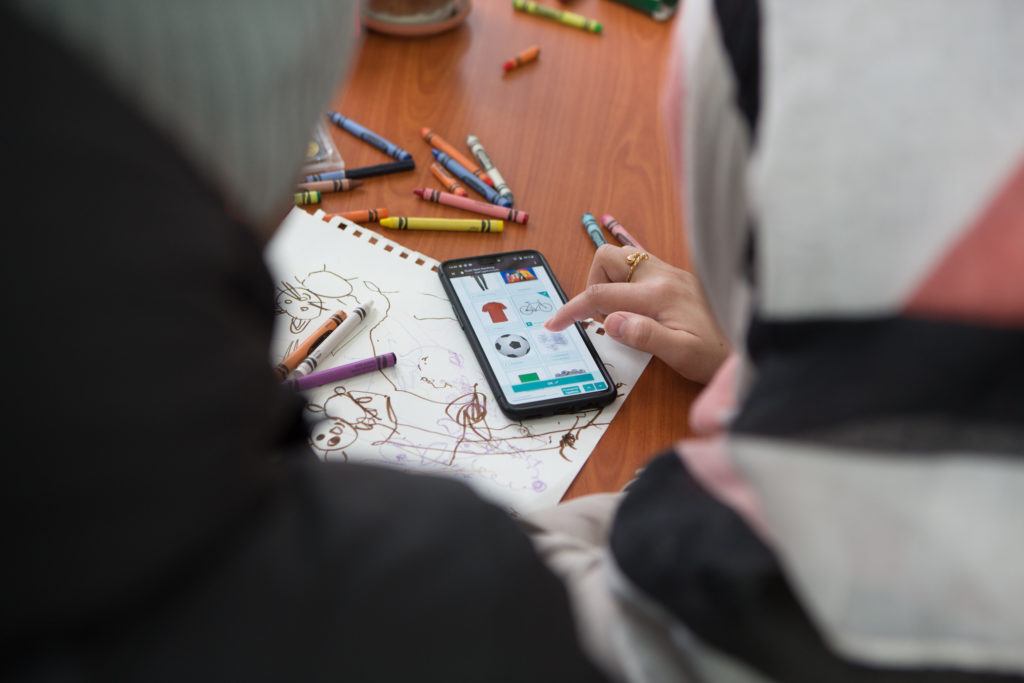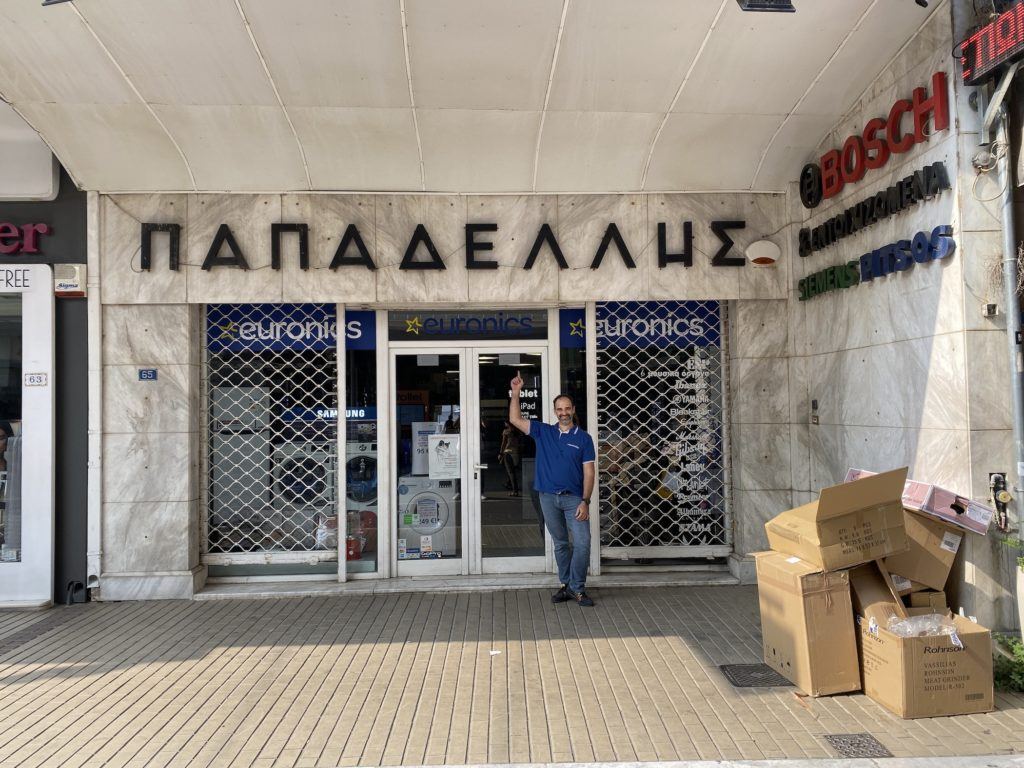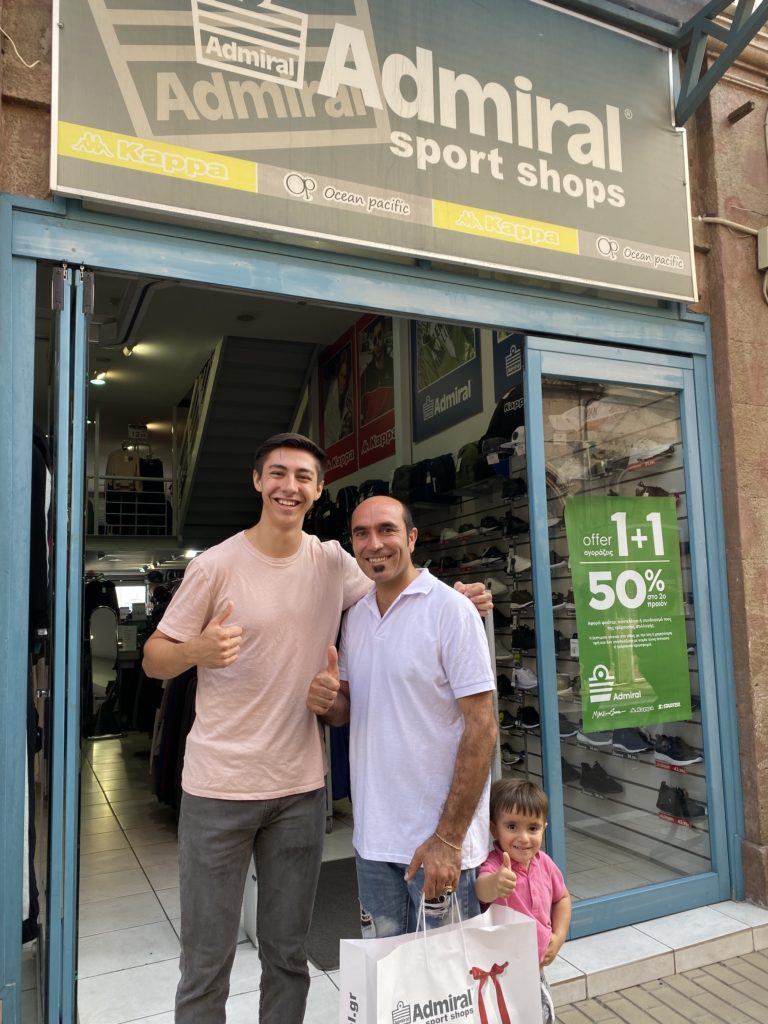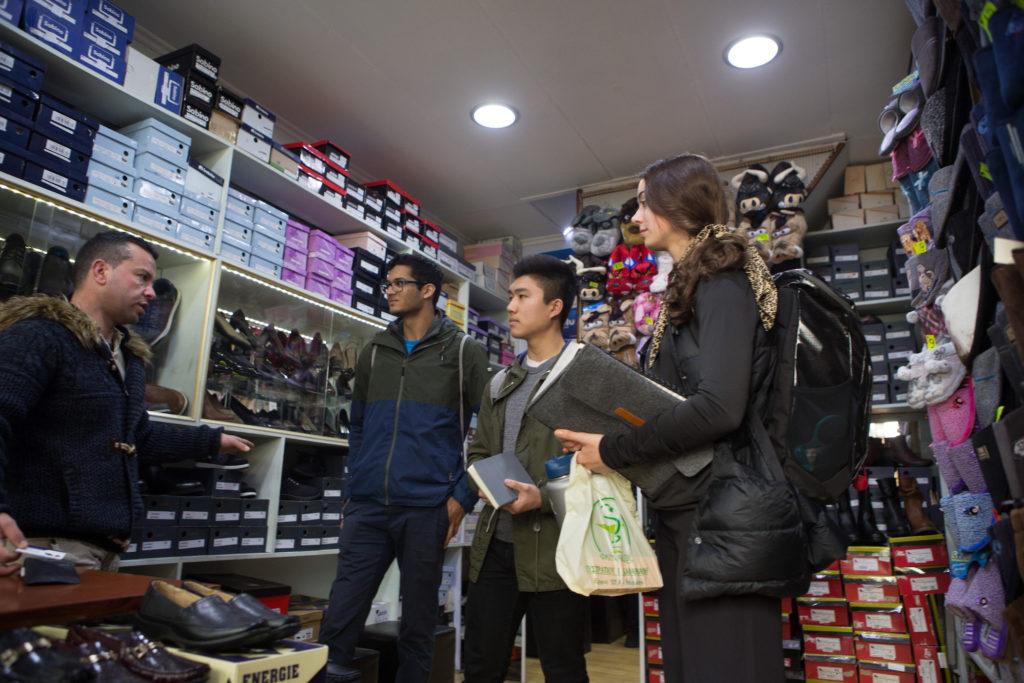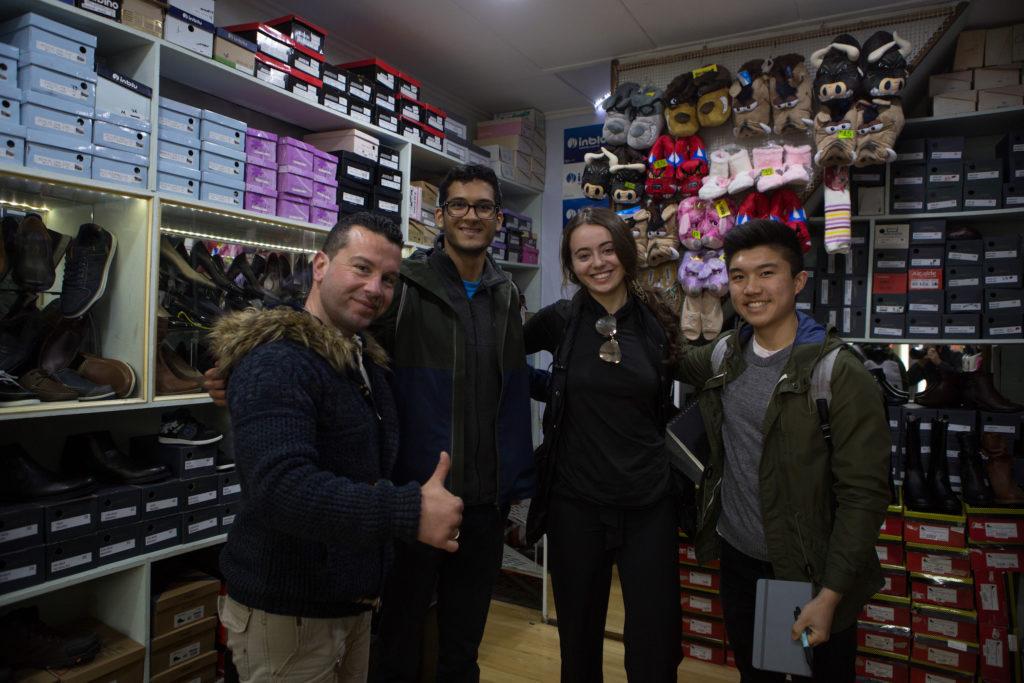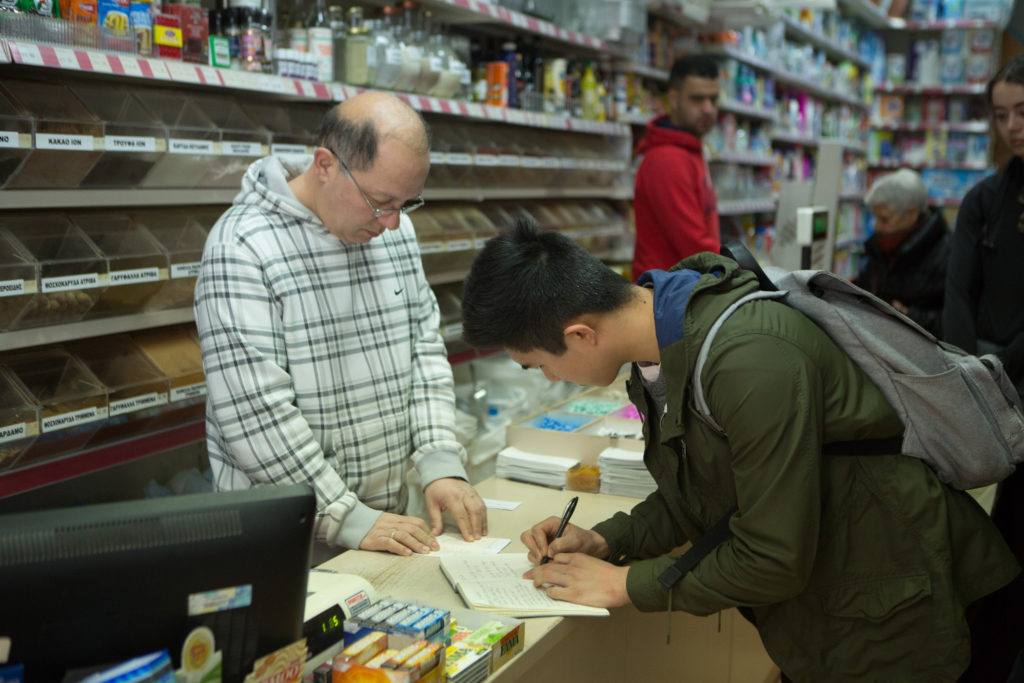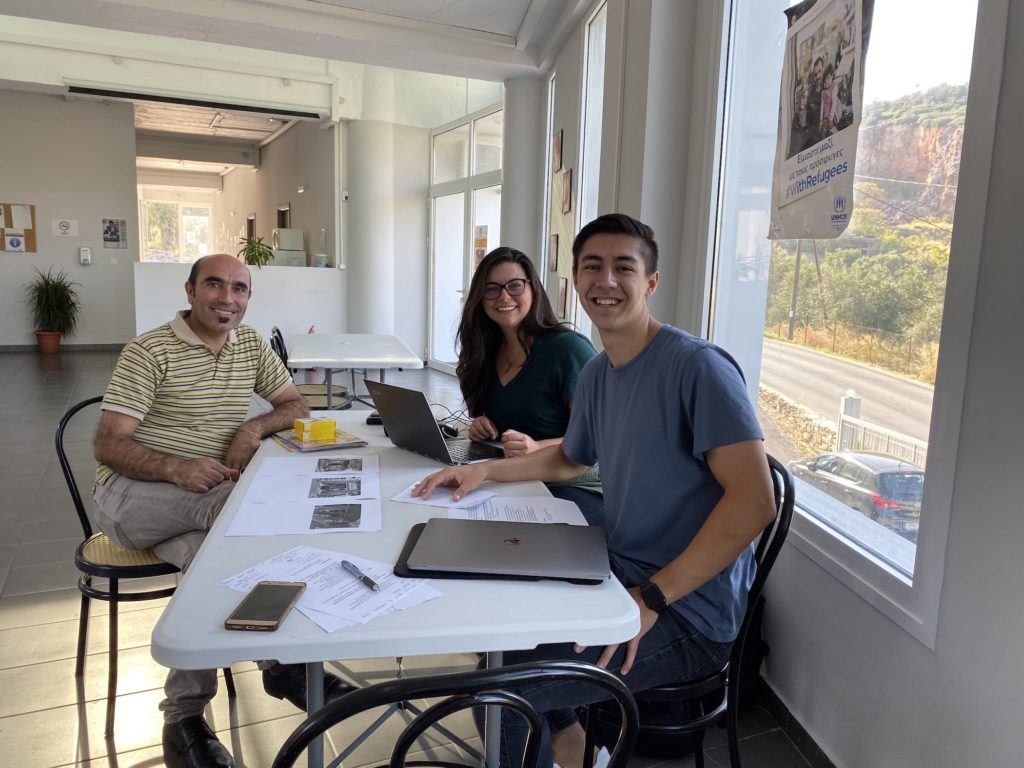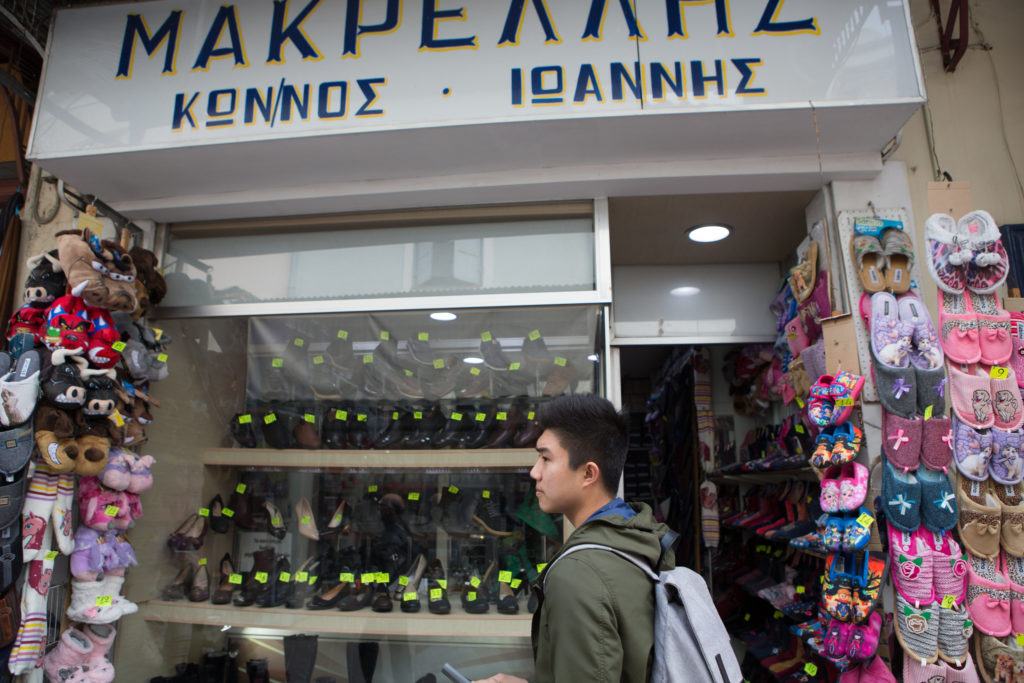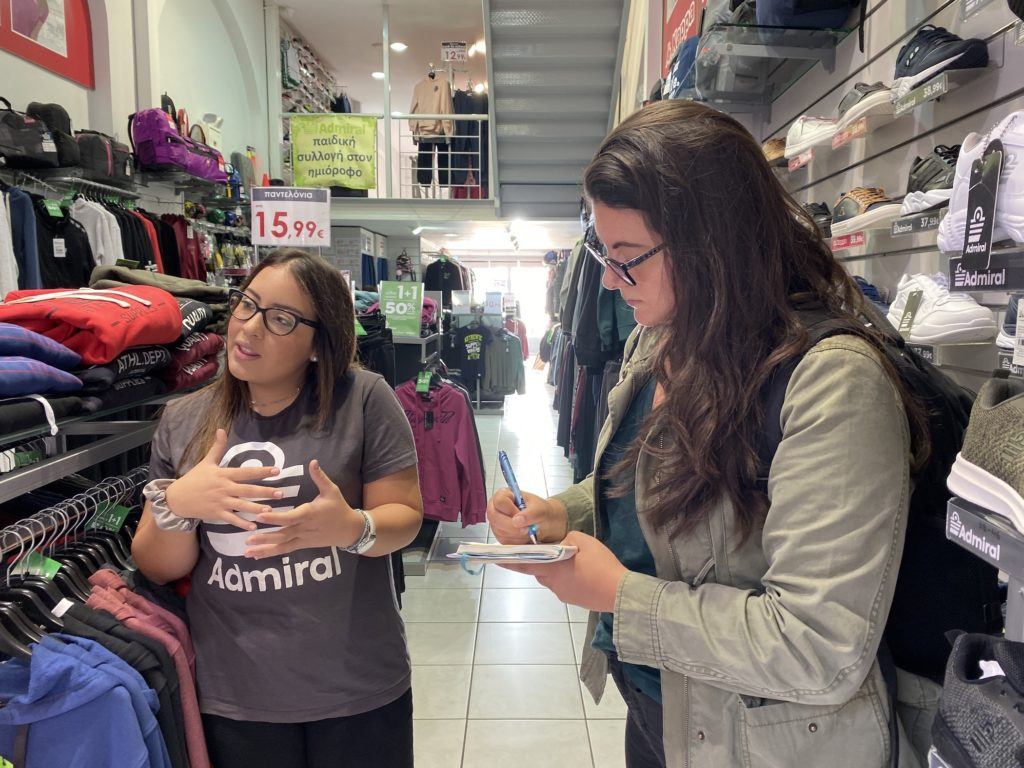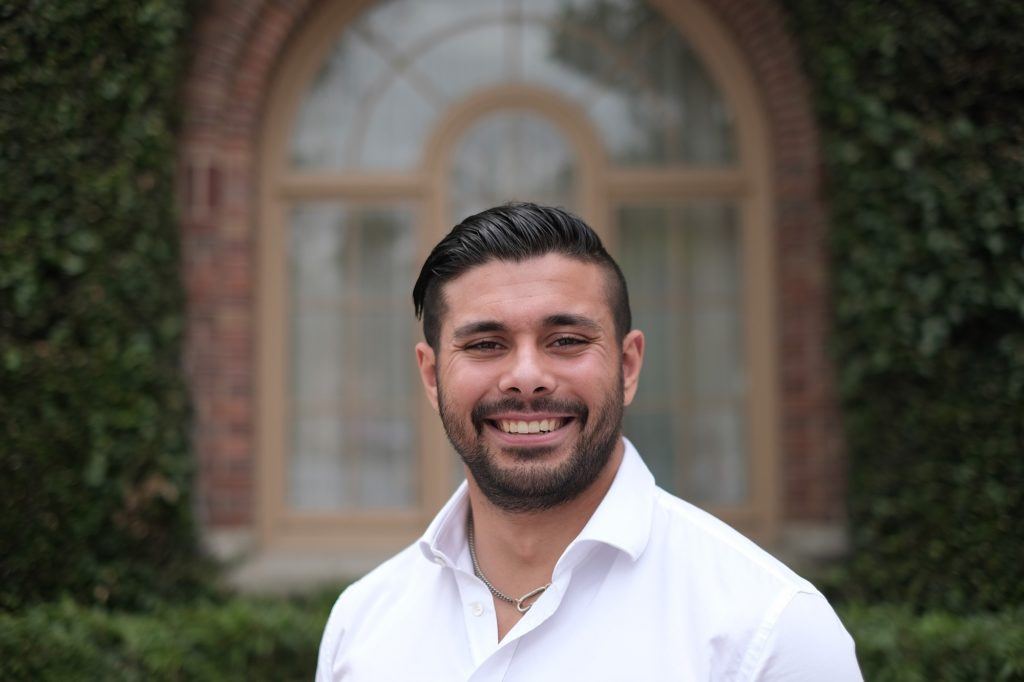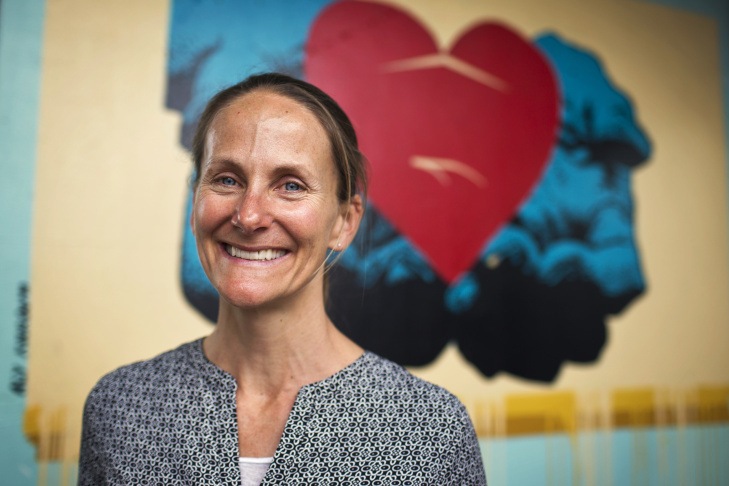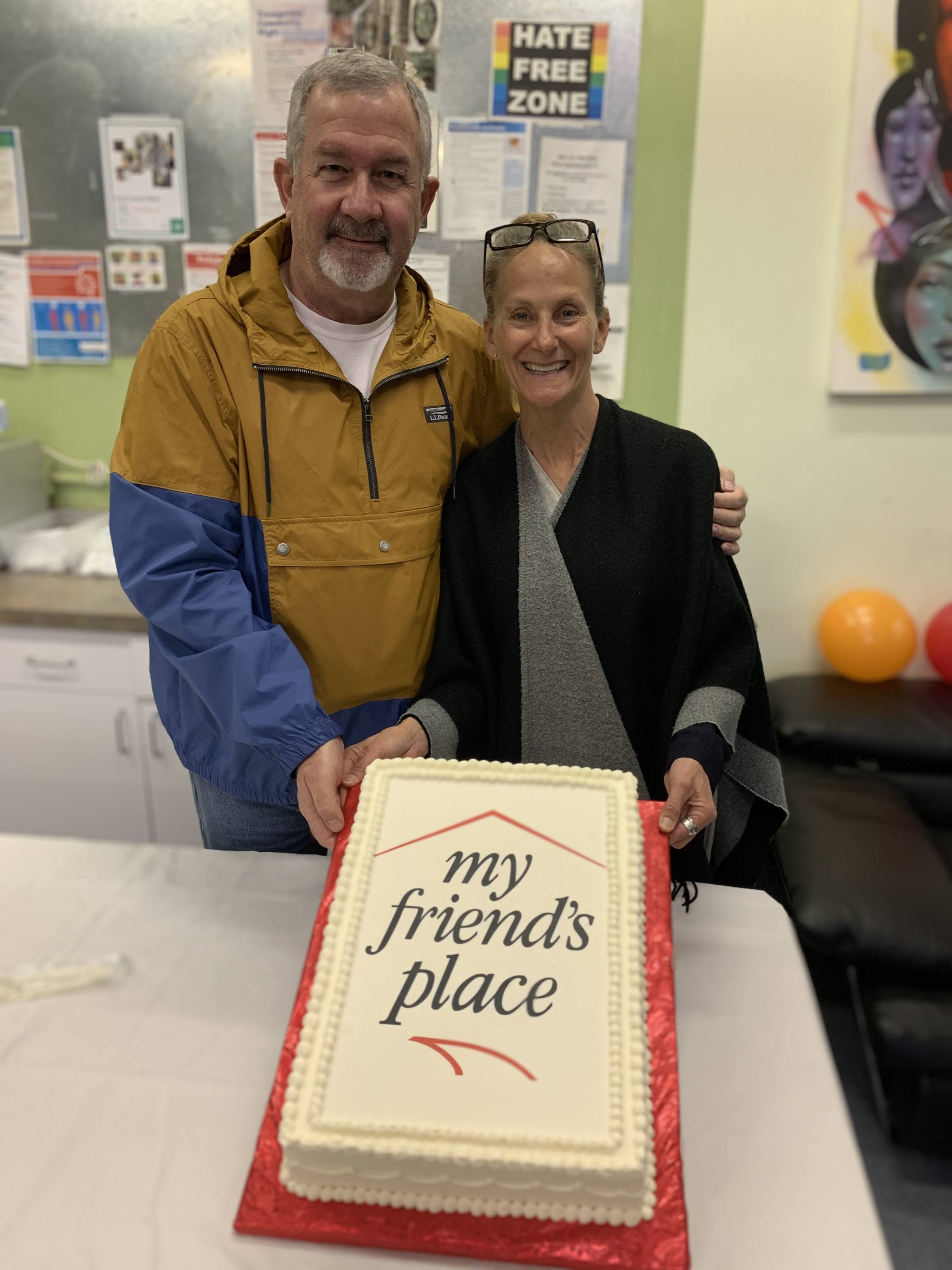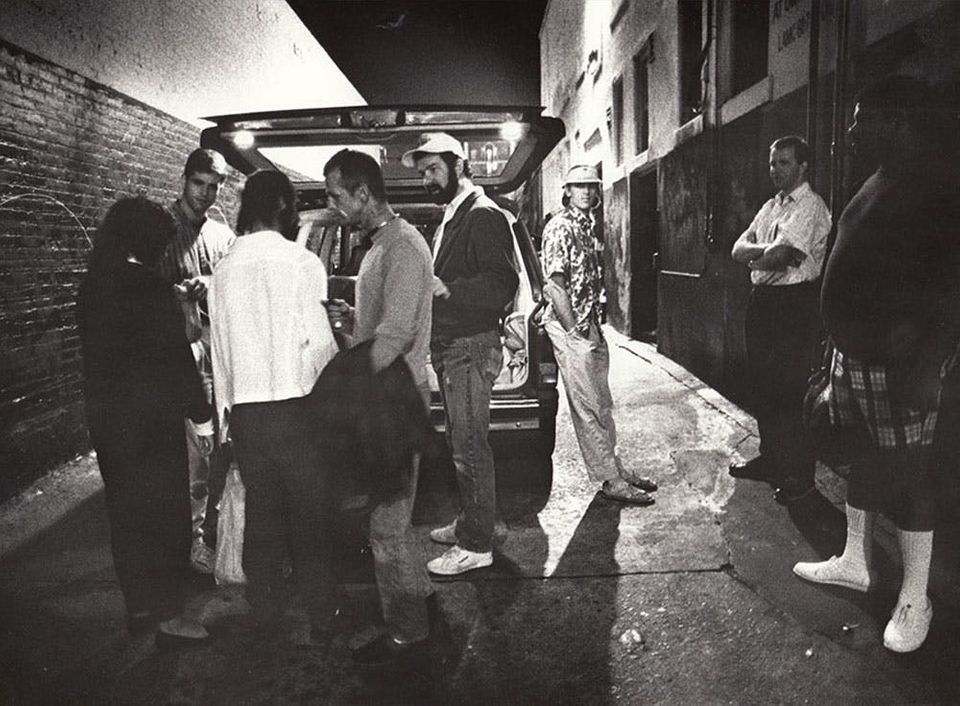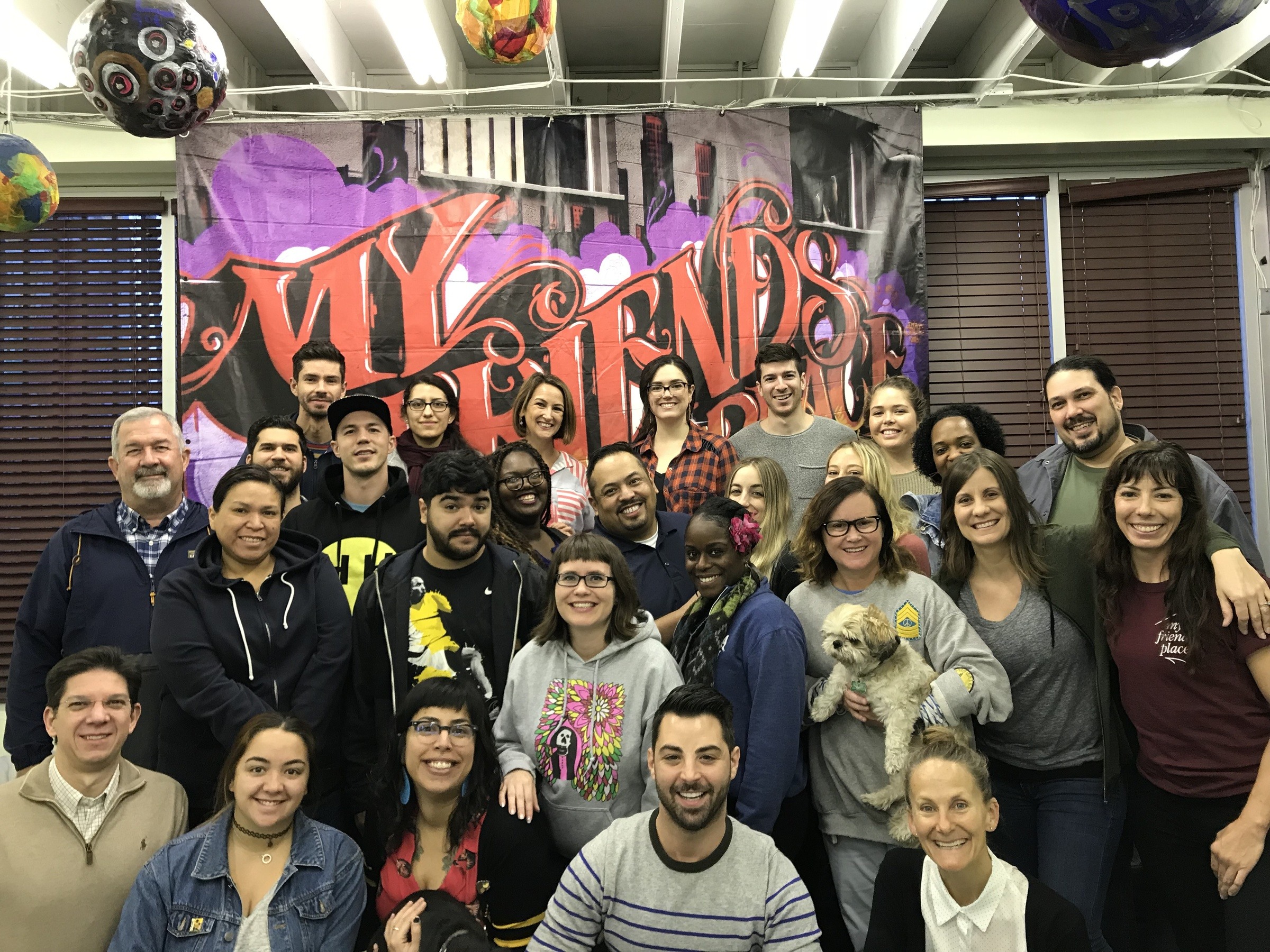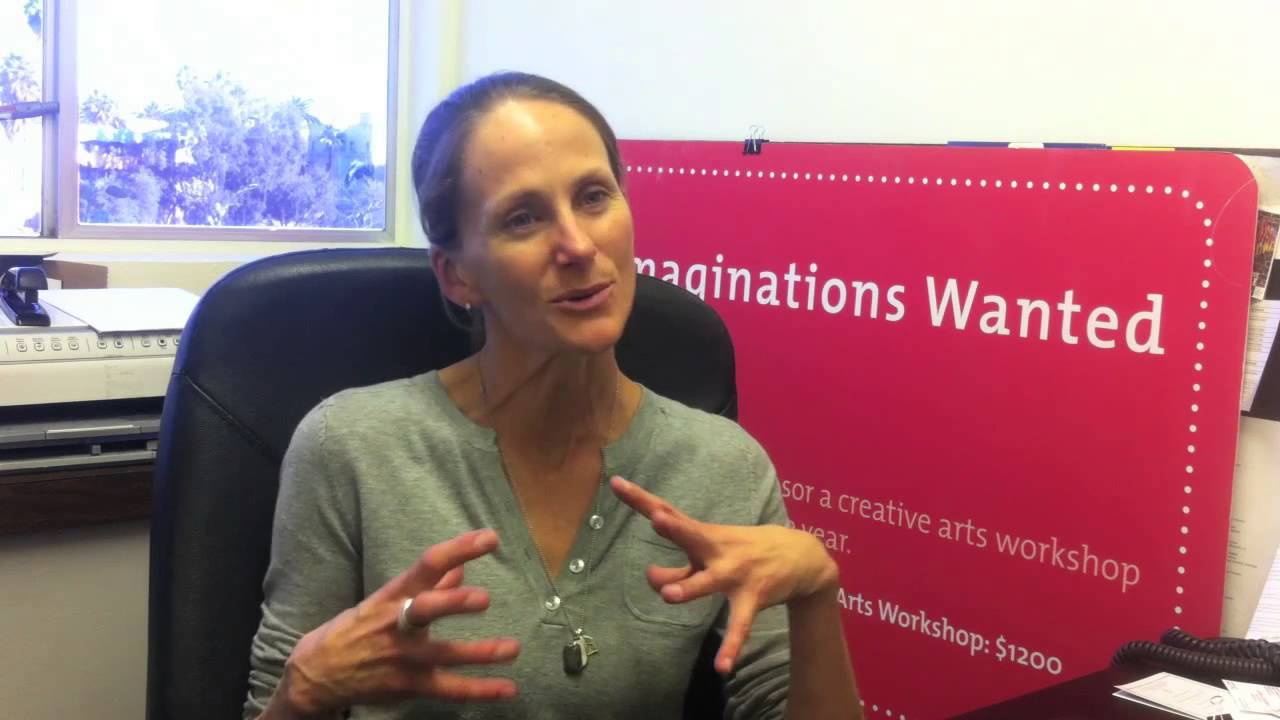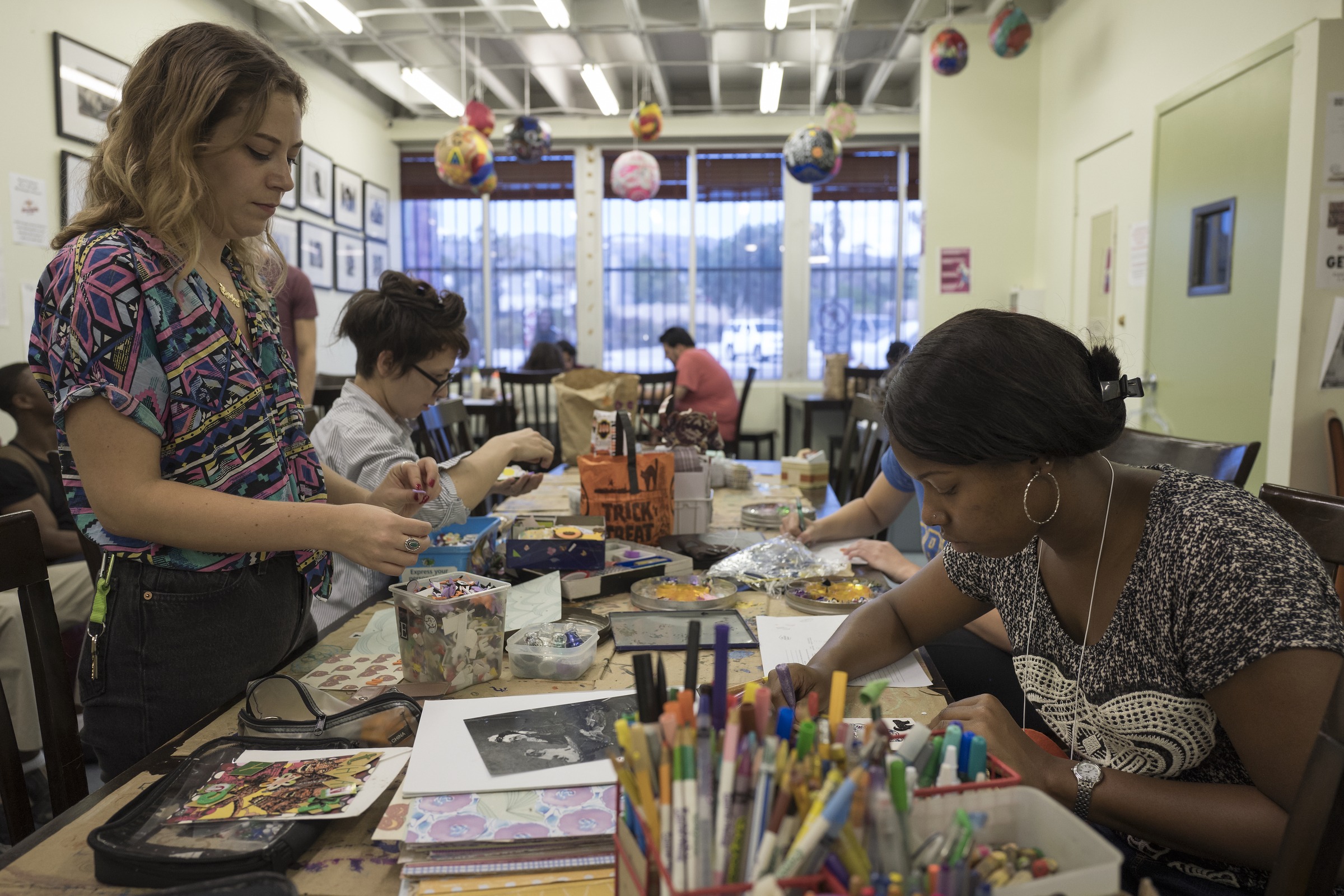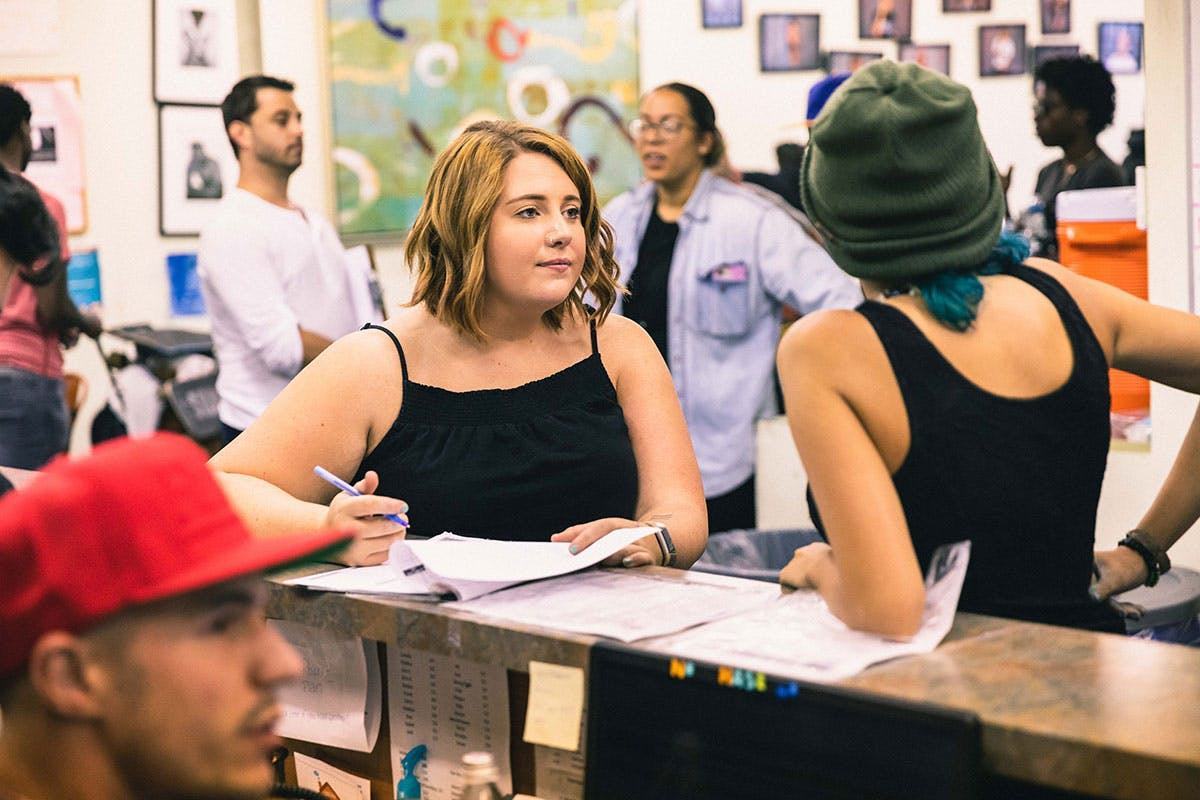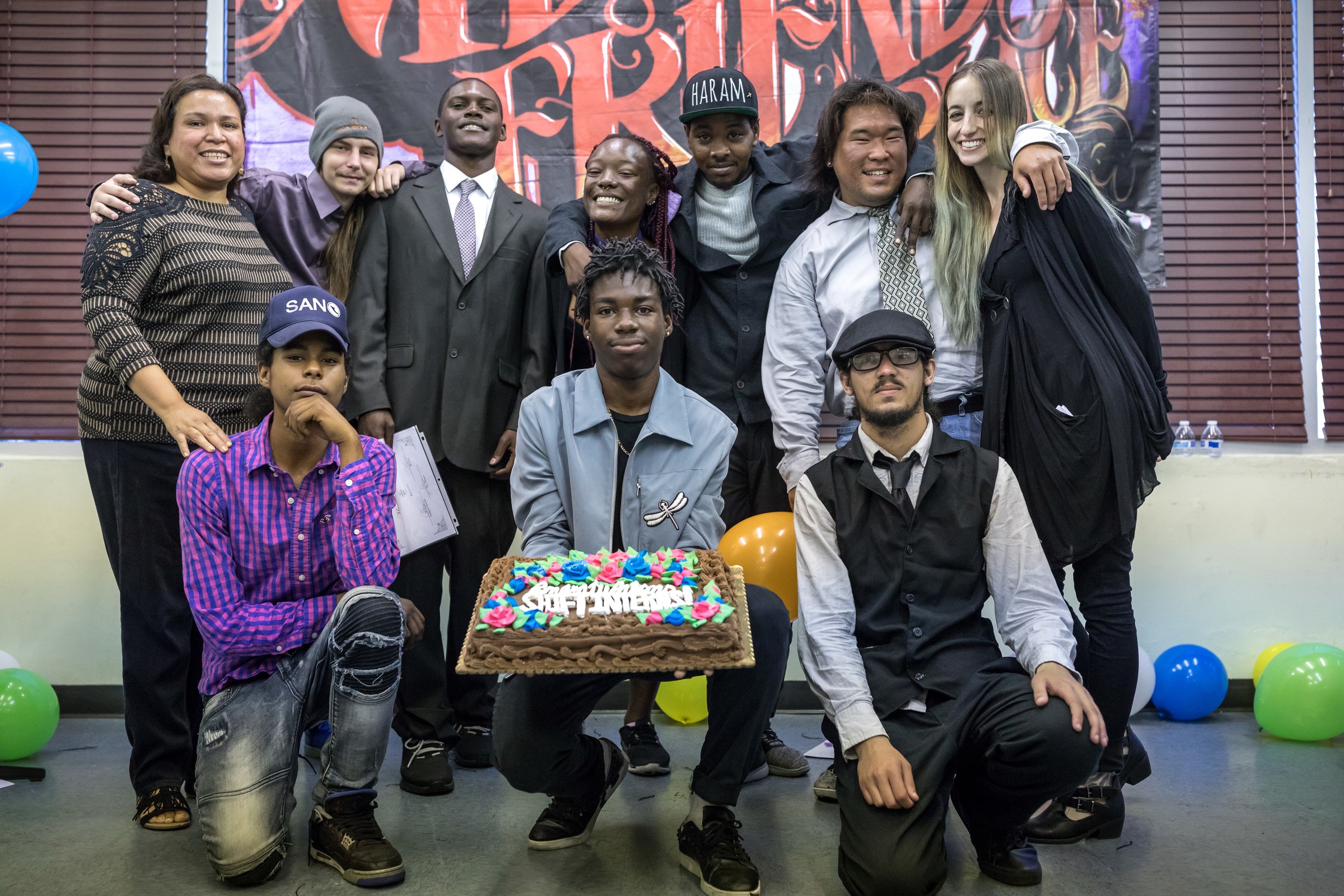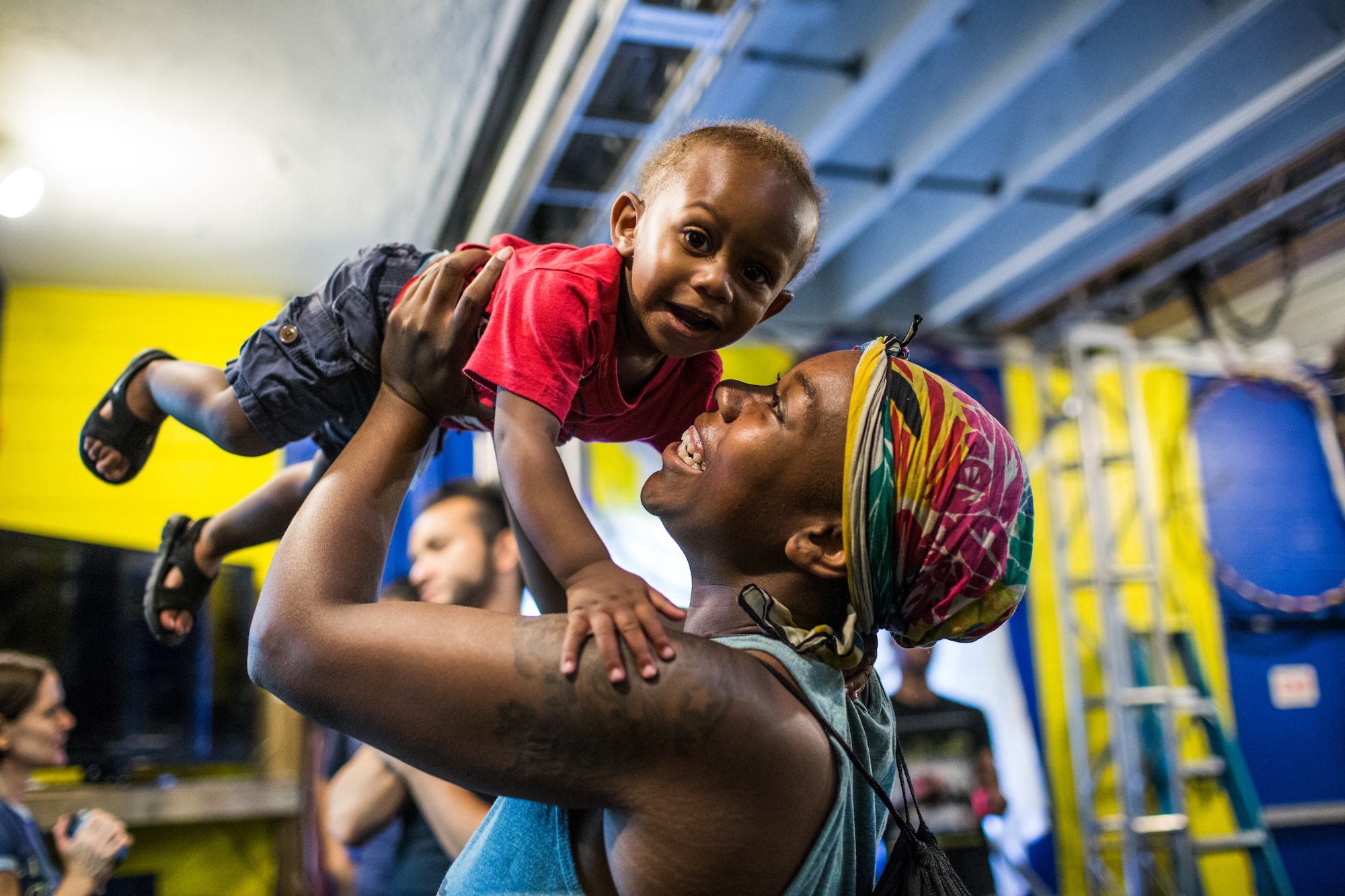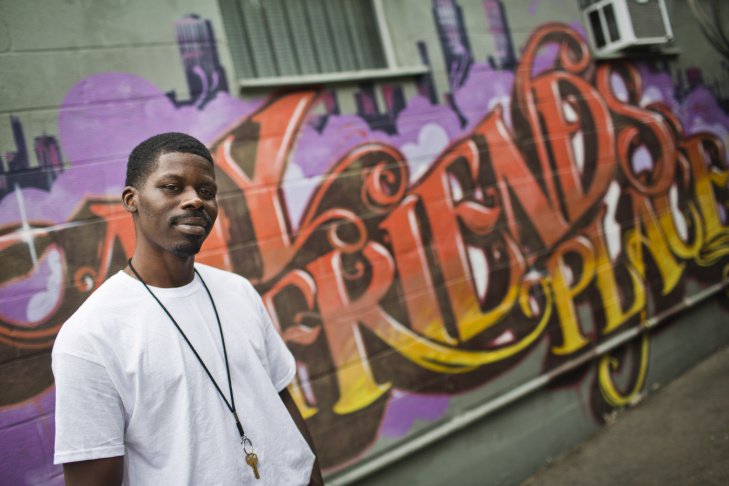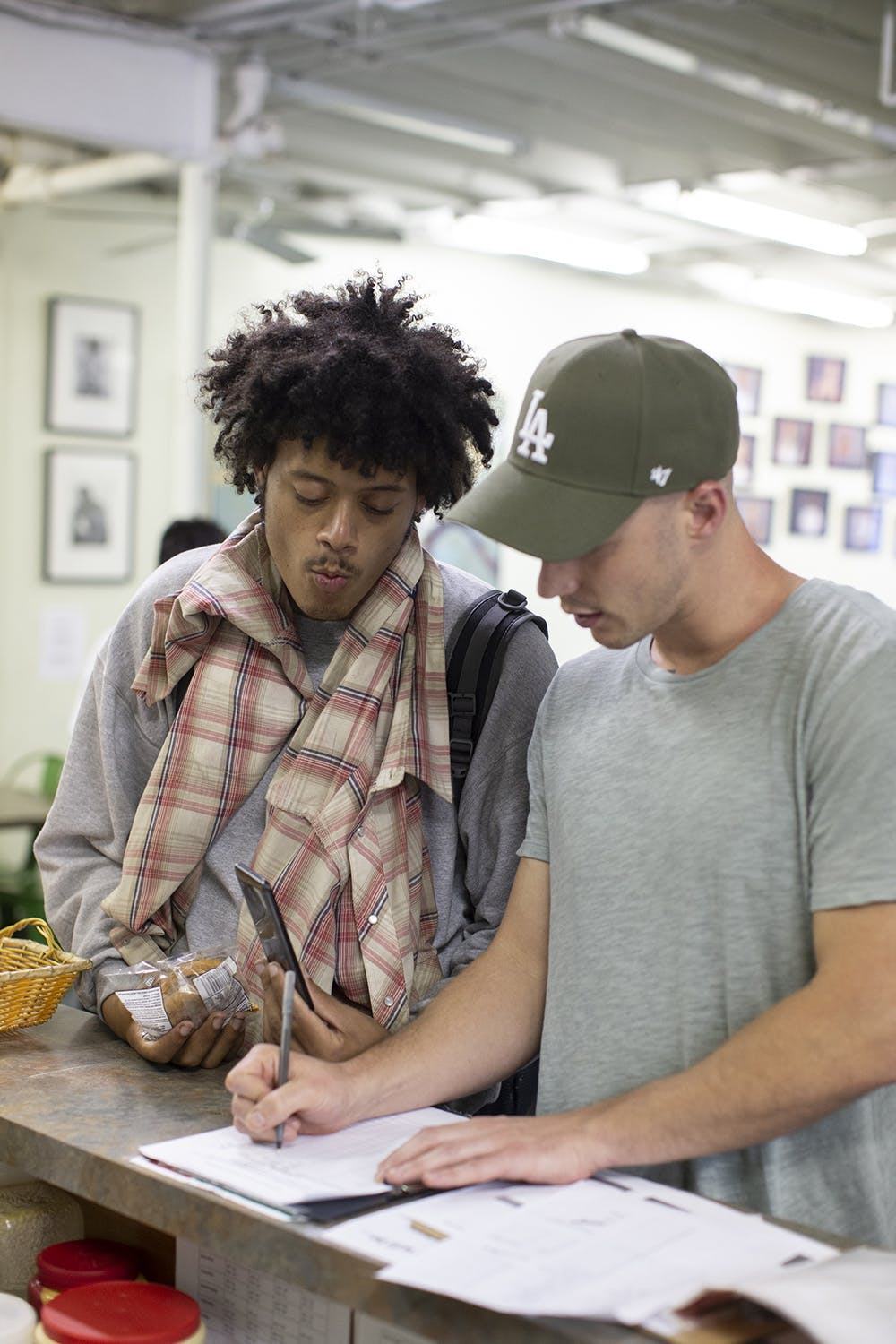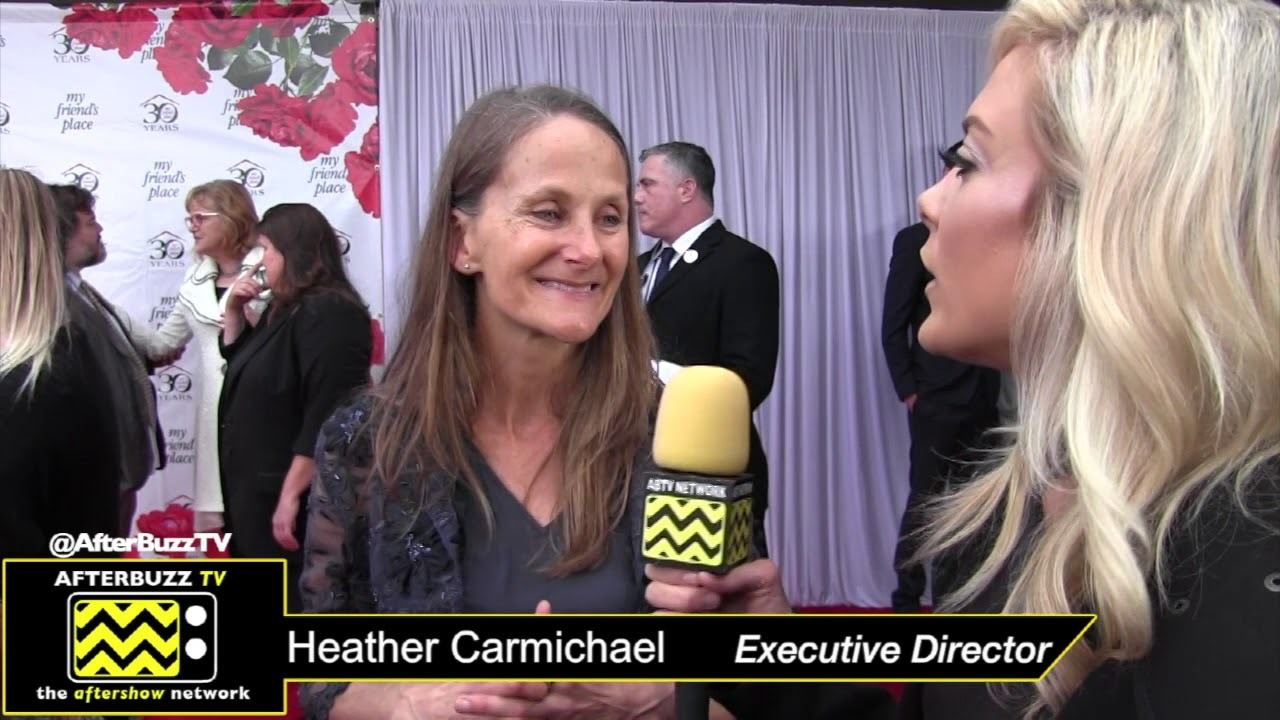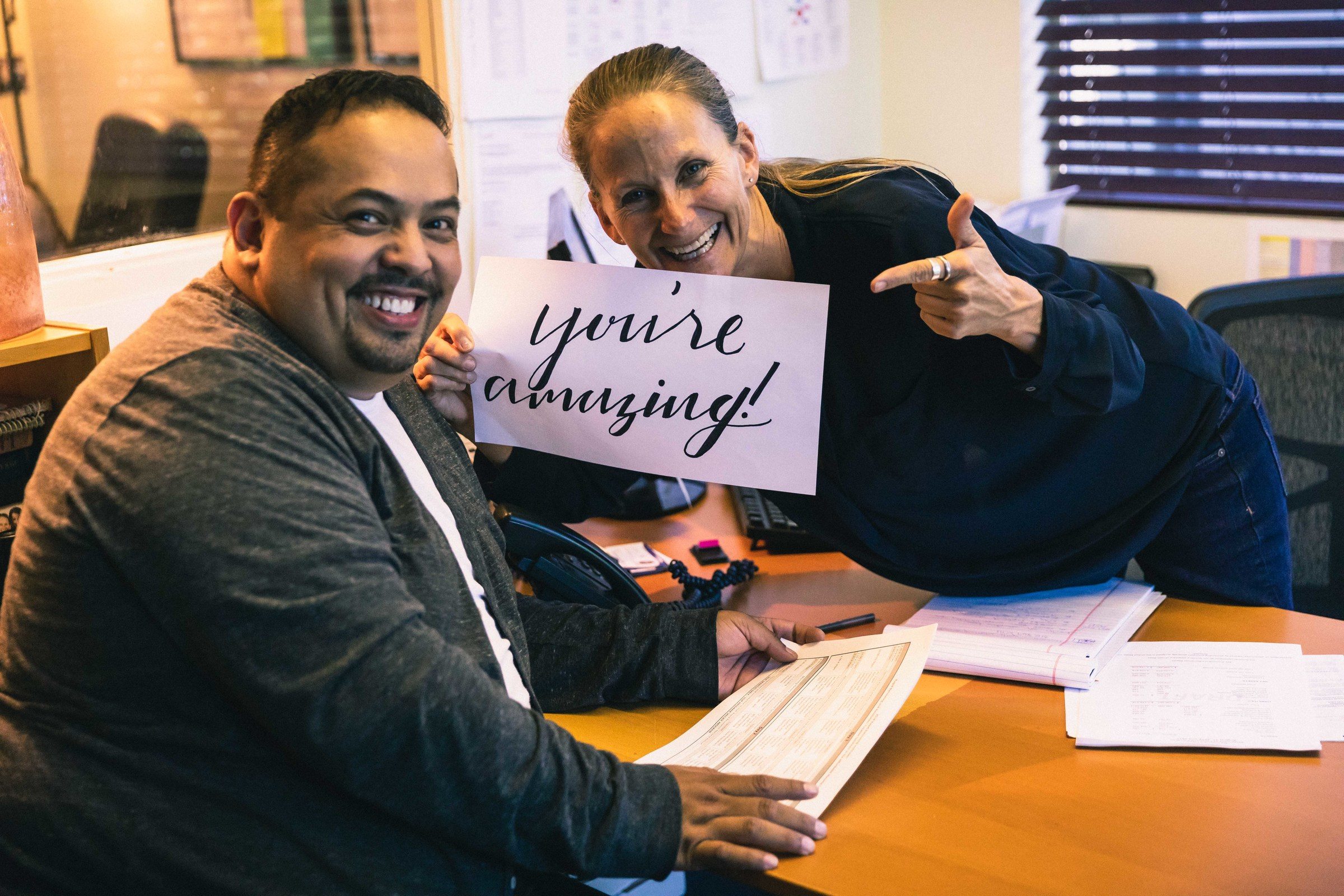“Without a sense of caring, there can be no sense of community.”
Anthony D’Angelo
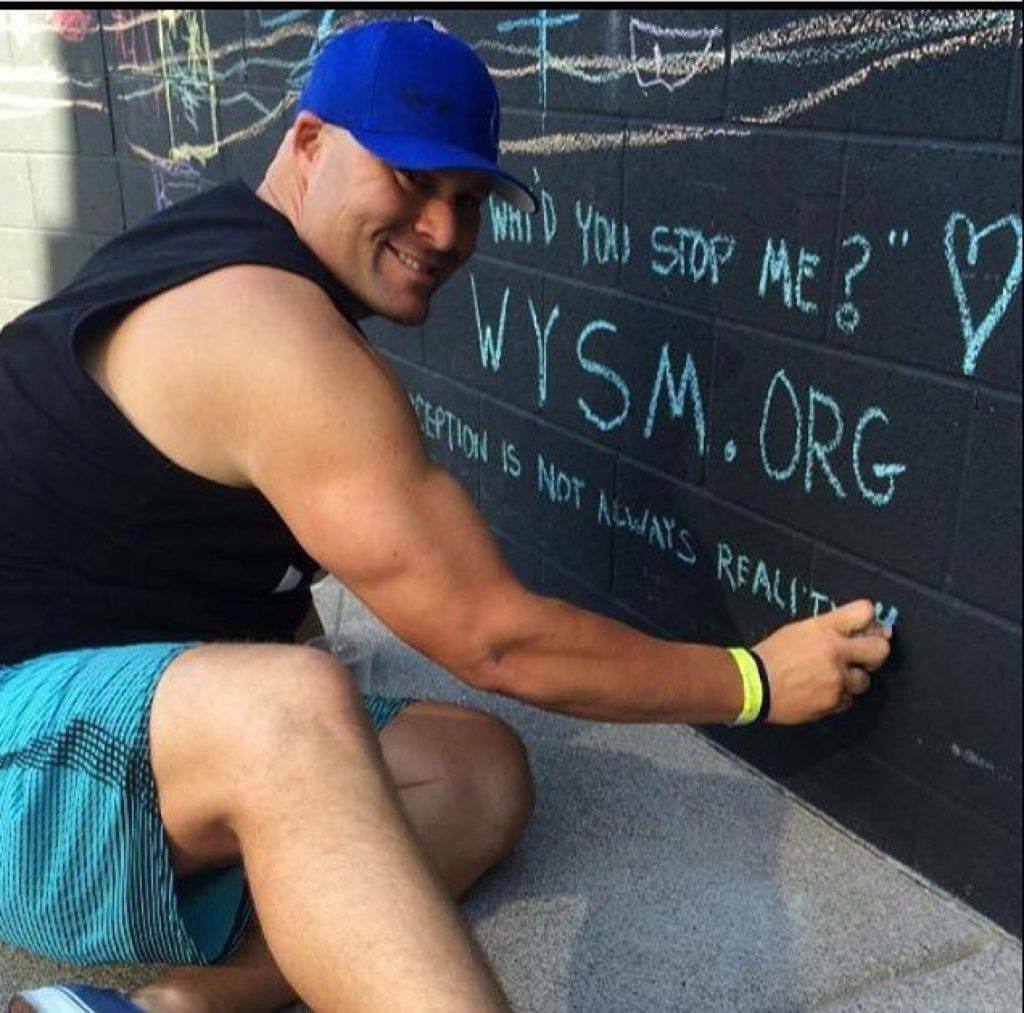
I don’t usually repost interviews but with so much attention lately on policing and communities, I thought this conversation was one worth revisiting. A year ago, I was at the StageCoach music festival and got separated from my husband. Standing next to me was a former college football player, a big man with an even bigger smile and heart. This stranger, named Jason Lehman, is a Long Beach Police Officer and nonprofit founder of Why’d You Stop Me? and he also found my husband in the large crowd that night. We exchanged information and spoke shortly after about his work and journey from law enforcement to nonprofit founder and his mission to bring people together. Such an inspirational man and story….the world needs people like Jason and his team now more than ever.
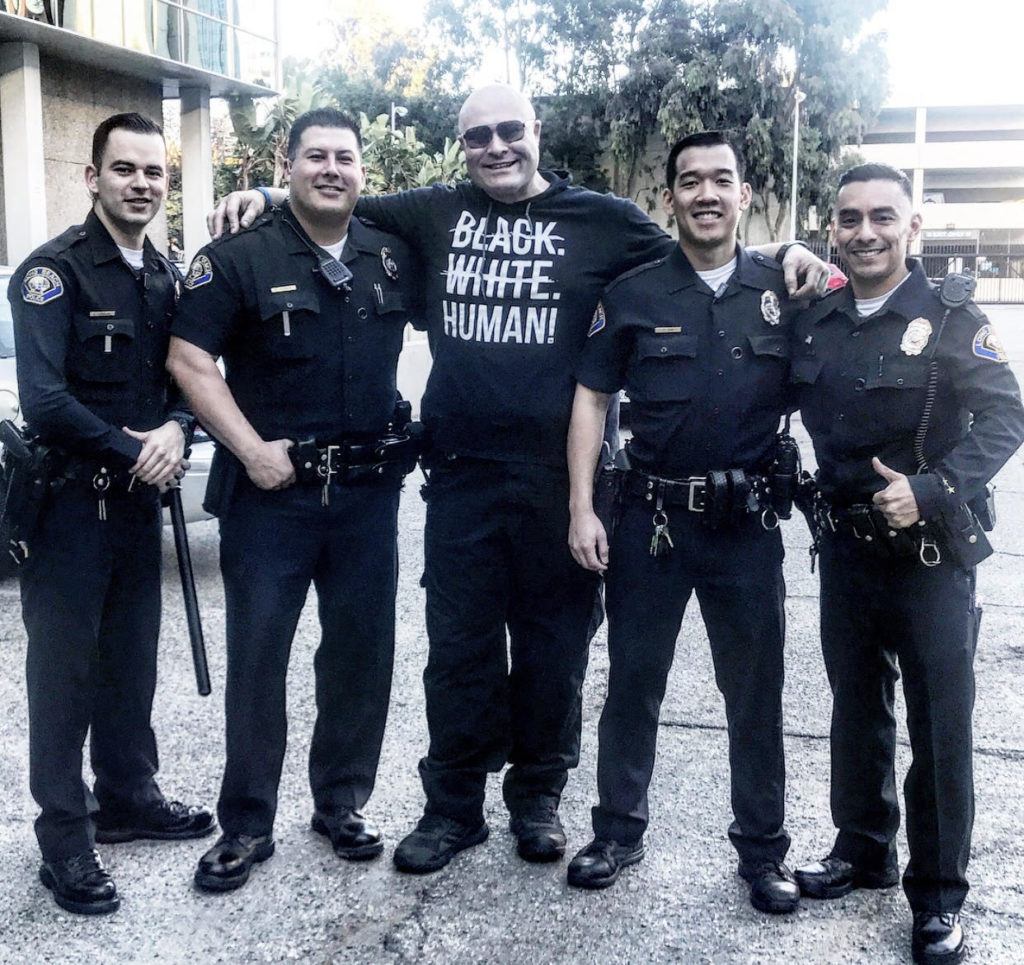
Charity Matters: Tell us a little about What WYSM is and does?
Jason Lehman: We are an empowerment educational organization that works to help build and strengthen relationships between the police and the community. We do that in scenario involved training by impacting six different aspects of a community. Not only do we provide education but we provide a three hundred and sixty-degree approach by bringing a police officer and an ex-felon to team-teach these incredible messages of peace to police officers, schools, and communities.
Charity Matters: What was the moment you knew you needed to act and start WYSM Foundation?
Jason Lehman: I think I had three Ah-Ha moments and two of them are the most valuable. The first one happened in 2009 when I was working undercover in Gang and Violent Crime Suppression Team for the City of Long Beach. Working on this Gang and Violent Crime Suppression Team we did a bunch of things and one of them was we bought drugs from gang members who were selling them. There was an undercover drug deal that went bad. That drug deal ended up with me having to fight for my life and at the end of the fight, only one person walked out alive. Immediately after this happened, I thought to myself something could have been done differently. I didn’t yet know what that meant but I really tried to figure out what that meant. I spent two years trying.
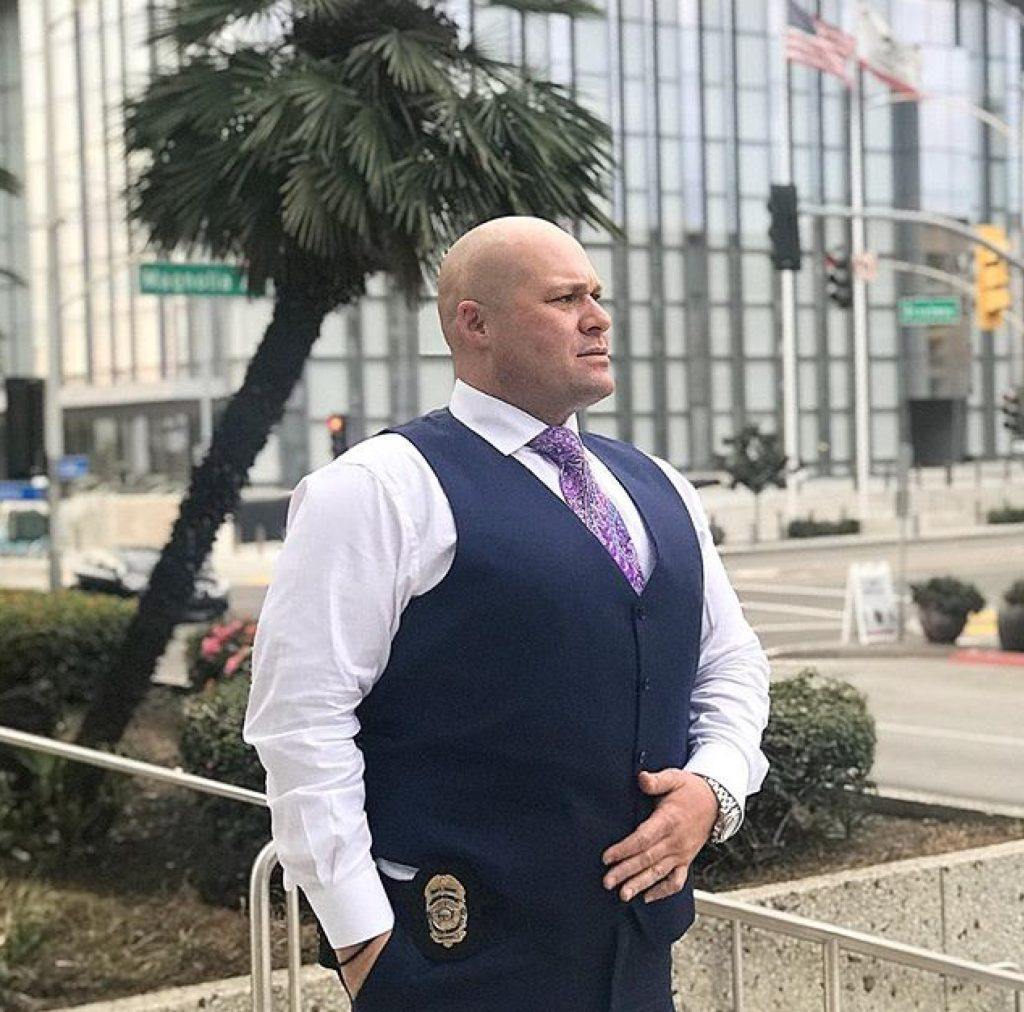 At the end of it, I was found to have used the force necessary in the situation and my name was cleared, but that didn’t completely help. I spent two years seeing psychologists, dealing with family issues, and trying to figure out how or why all of this was happening. I was found to have done the right thing and been fit of mind but this justifiable homicide was a horrible situation for me. That was my first AH-Ha moment. In December 2011, some informants tipped us off that there was going to be a gang hit on my life. It turns out that the person that died in the drug enforcement situation was a gang leader and the gang had spent two years plotting how they were going to ambush and kill me.
At the end of it, I was found to have used the force necessary in the situation and my name was cleared, but that didn’t completely help. I spent two years seeing psychologists, dealing with family issues, and trying to figure out how or why all of this was happening. I was found to have done the right thing and been fit of mind but this justifiable homicide was a horrible situation for me. That was my first AH-Ha moment. In December 2011, some informants tipped us off that there was going to be a gang hit on my life. It turns out that the person that died in the drug enforcement situation was a gang leader and the gang had spent two years plotting how they were going to ambush and kill me.
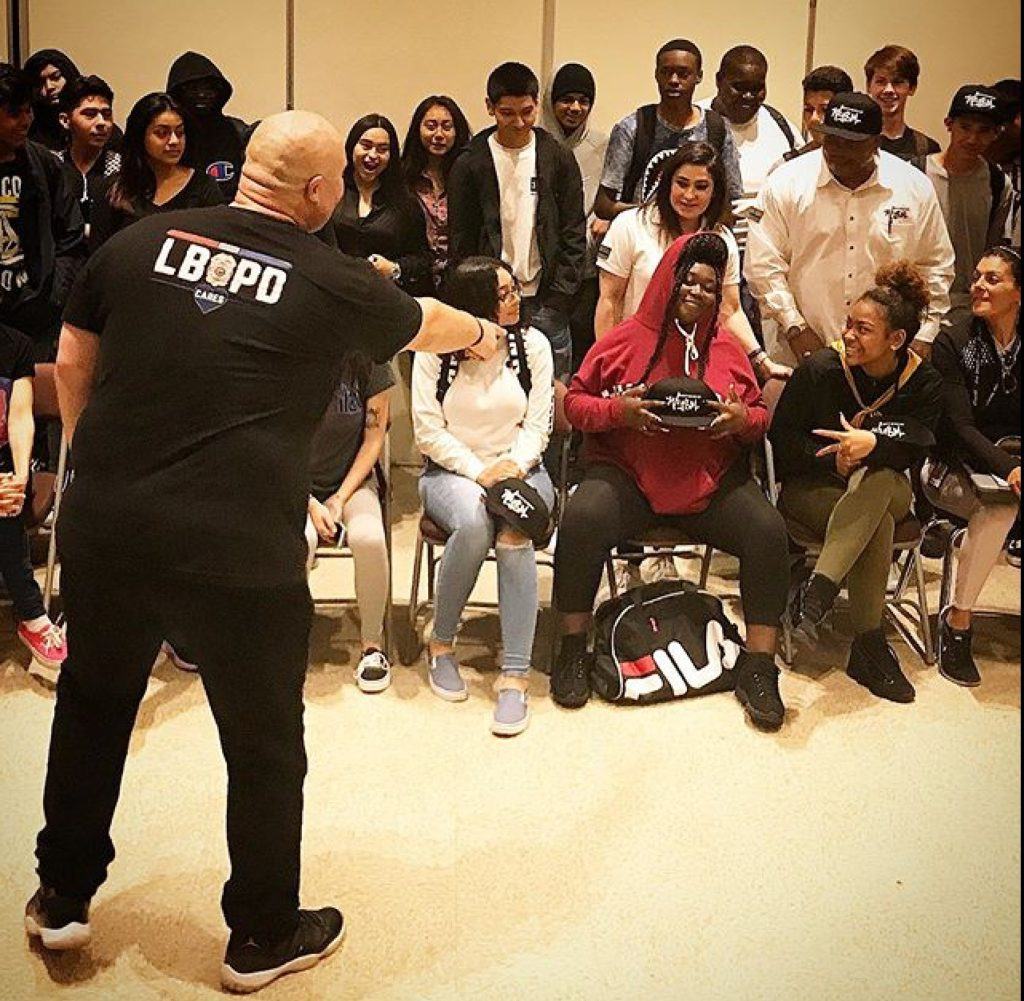
In hearing this situation I walked into a classroom at a local high school knowing that there were students in that classroom that were affiliated with the gang trying to kill me. I walked in and spent about an hour telling them how scared I was and how much I struggled with power. The kids were listening and they were with me, they knew me as Tiny, the gang cop that worked in their neighborhood.
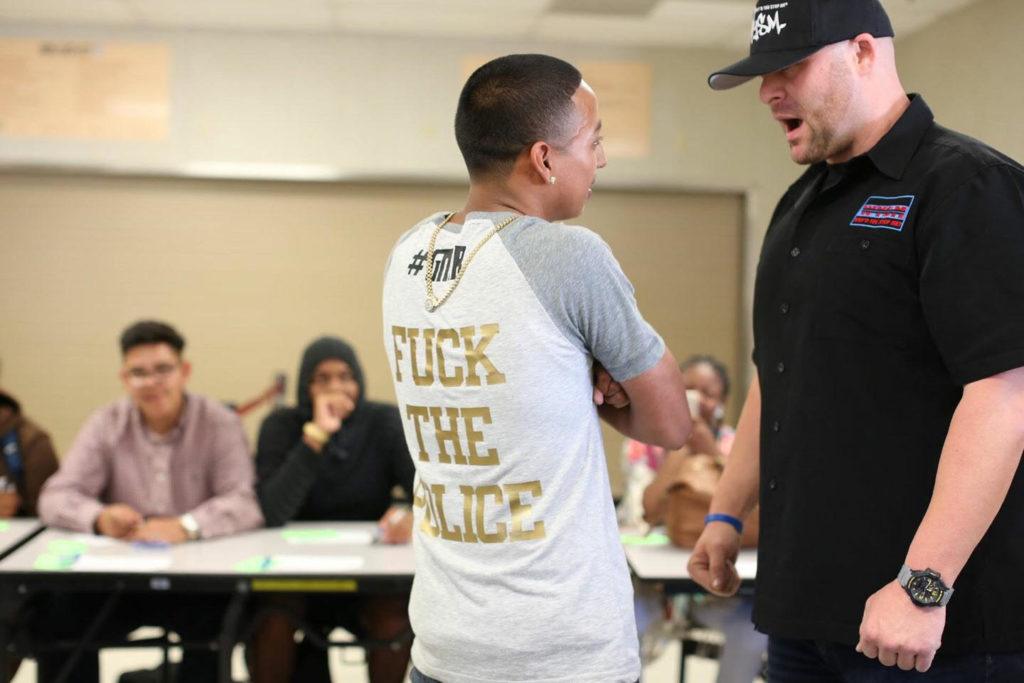
One kid at the end of the program raised his hand and changed my world forever. He said, “Hey Tiny, you talked about how scared you are but you haven’t said a word about me? Do you remember me? Two years ago you arrested me with a gun in my waistband, you made me crawl through the rain and layout in front of you. Did you ever think about who was standing next to me when you made me do that? My girlfriend. Do you know how it made me feel when you laid me down and put your knee in my back in front of my girlfriend? Did you ever stop to realize that gun wasn’t for you but for a rival gang? Did you understand I was raised never to be disrespected in front of a woman? I have had visions of hurting you for two years but after one hour of listening to you explaining things and what police officers go through. This is the first time I can ever say that I respect you.”
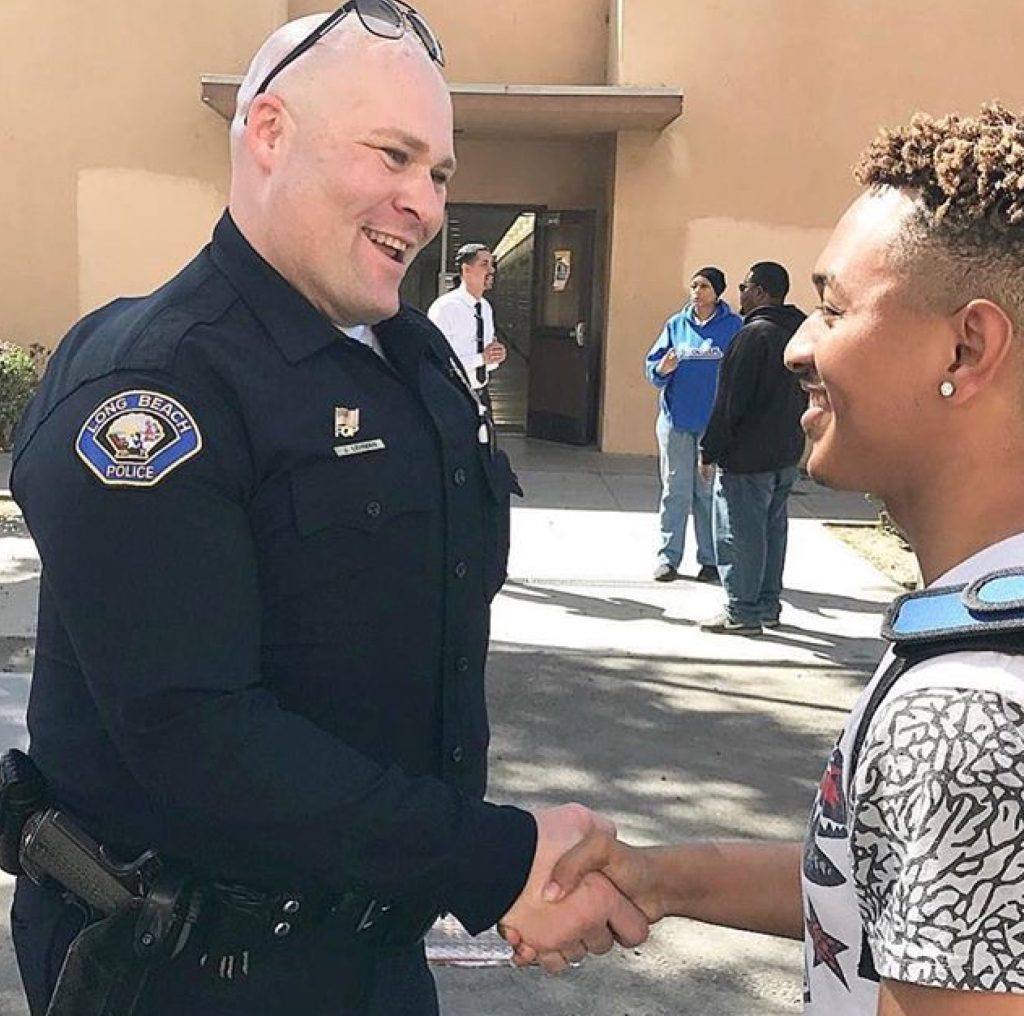
I walked out of the classroom and the principal said, “What’s the name of your program?” and I said, I didn’t have a program, I am going back to being a cop. The principal said, “We have a new website and I want to mention your work on it what do I call it? I said, ” The kids always ask me why did you stop me? So why don’t you call it that, Why’d You Stop Me? That was how we came to be.
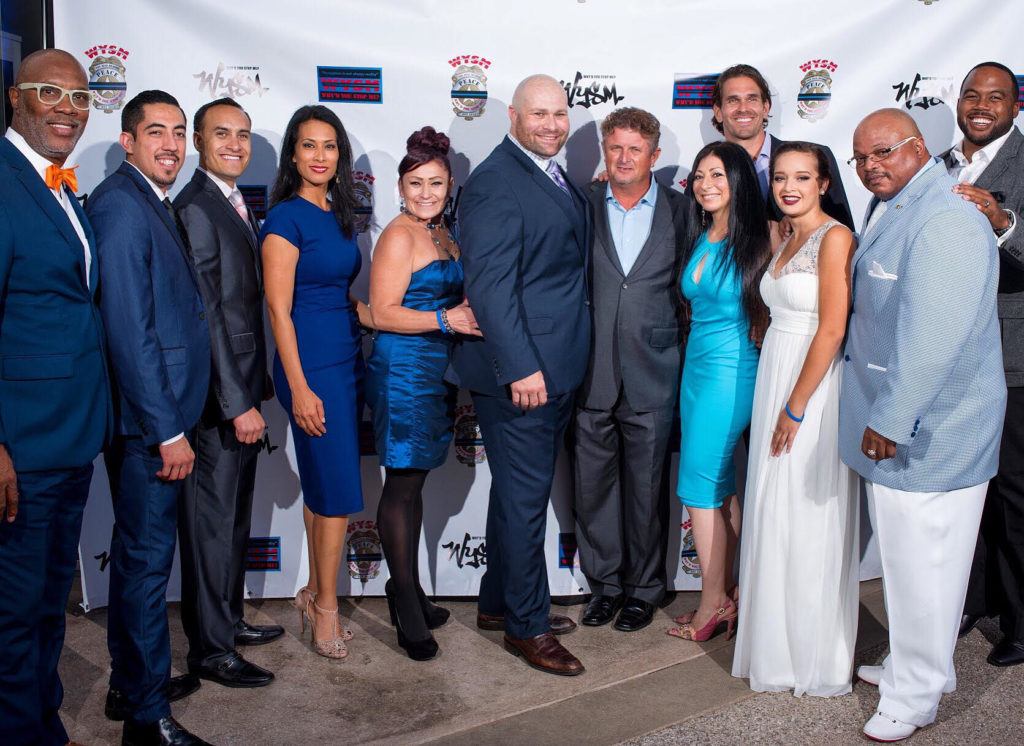
The second AH- Ha moment was on August 10th, 2014 when we had our first nonprofit event. We had 200 hundred plus people coming and we had just gotten our 501c3. I had not been watching the news so I didn’t know that Michael Brown was shot in Ferguson, MO by a police officer. We were the first organization of its kind in this country that could unite a police officer and an ex-felon to teach a message of peace. We knew that night that there was really something that WYSM had to offer and that is how we came to be.
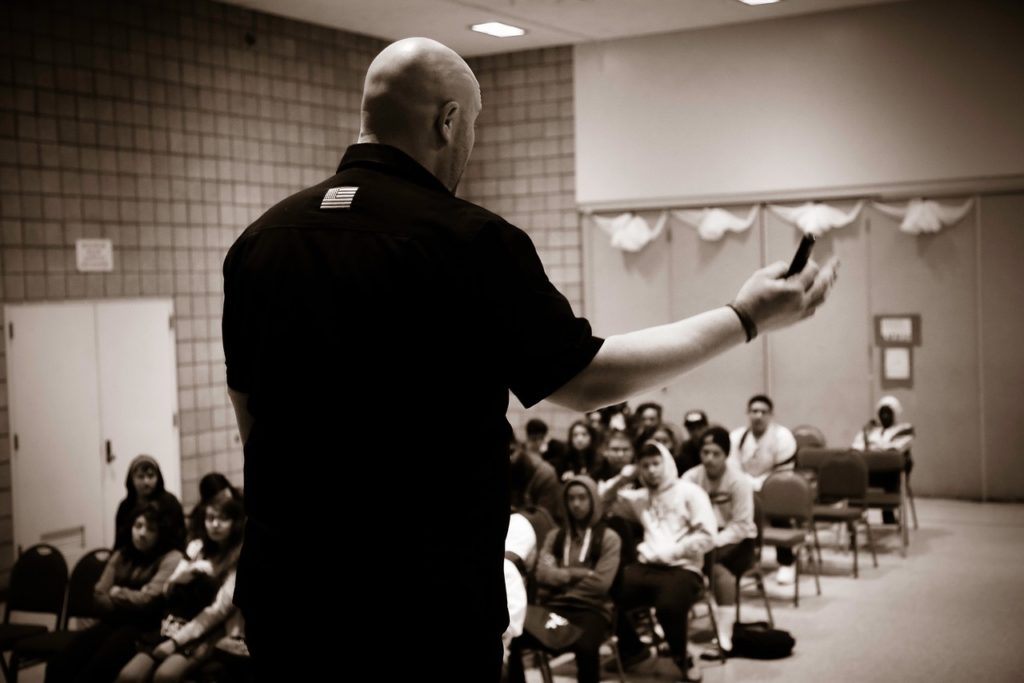
Charity Matters: What are the biggest challenges you face at WYSM?
Jason Lehman: The biggest challenge has been funding. The grant process can be very frustrating. It is hard to measure the amount of change that your work is doing and grant funders want to see the measurement. When we first started the organization, I worked with my family to raise over one hundred and fifty thousand dollars to fund this work. I did this because I care enough about this organization to try and grow this message. The other challenge is scaling the organization. We can’t scale without the funding, those are two biggest challenges.
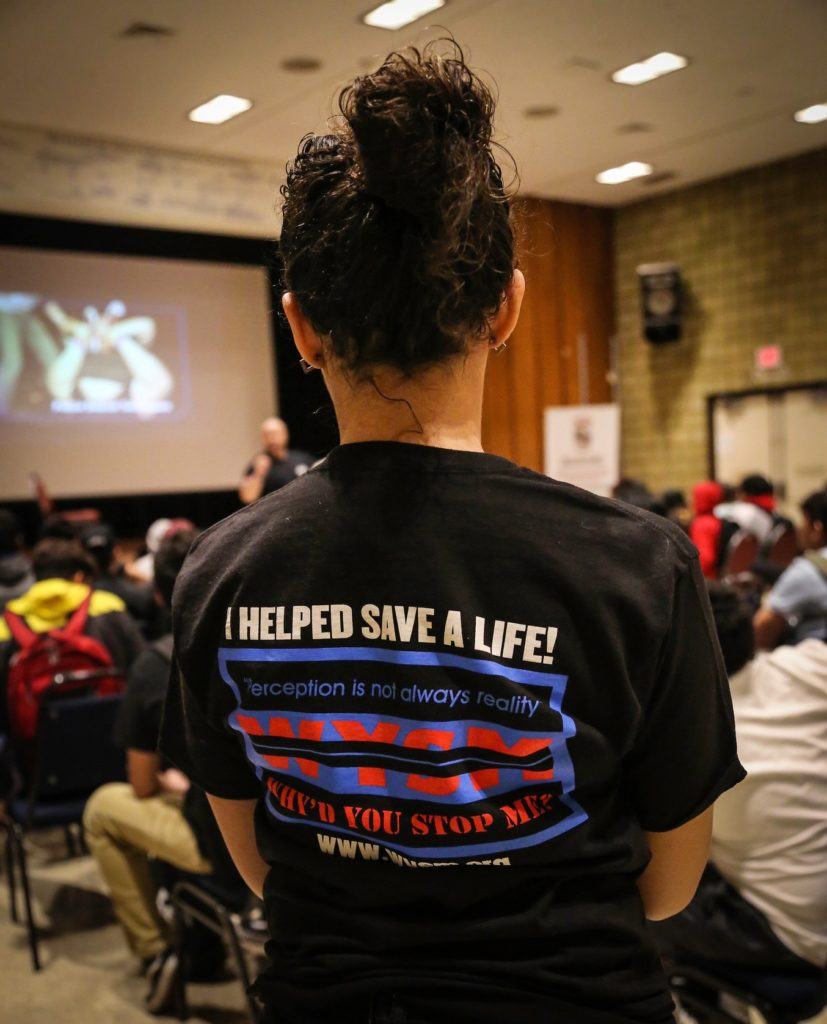
Charity Matters: What fuels you to keep doing this work?
Jason Lehman: I think I have two fuel sources. The first one is the change that you see in the community members after they receive this training. We have a million amazing stories. One of them is about a young girl named Jasmine Simpson, she was placed in the foster care system for years and was dealing with some problems. Jasmine went to school two days in an entire semester and on the second day I had her in class teaching about positive outcomes to situations and in that messaging, I pulled her up on stage to re-enact a scenario to allow her to make some decisions. A few weeks later the school resource officer calls me and said you need to read what Jasmine wrote. She had submitted a poem in her English class that said, “I used to hate you but now I want to be just like you.”
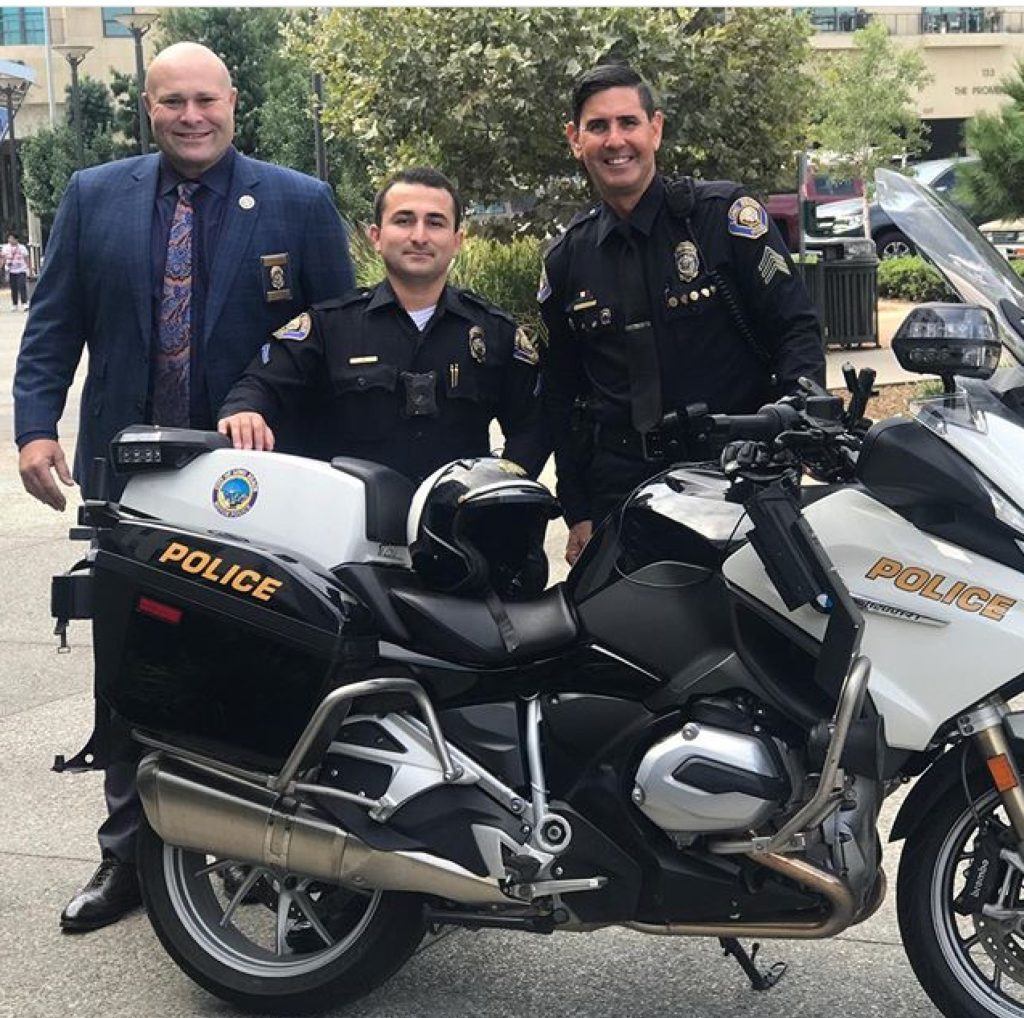
The second fuel source is when we train police officers and talk about being kind for 2 minutes during every stop. Often times as police officers we don’t find time to be kind. After a law enforcement presentation, I was approached by a Sergeant of 27 years and he told me, ” I just arrested someone a week ago and I vividly remember not saying a word to them. I remember them asking for air and to roll the window down, I remember them trying to talk about their problems but all I could tell them was to shut up. After your speakers came and spoke to us and asked us what it would be like if our own children were arrested and treated this way? How would we want our children to be treated by the police if they were arrested? He said to me after hundreds and hundreds of arrests I have never humanized one and I will never do that again after your training. More than that I will do my best to ensure that everyone I supervise in our department treats every person we arrest as a human being.” Those are the types of stories that fuel me to do the work that I do.
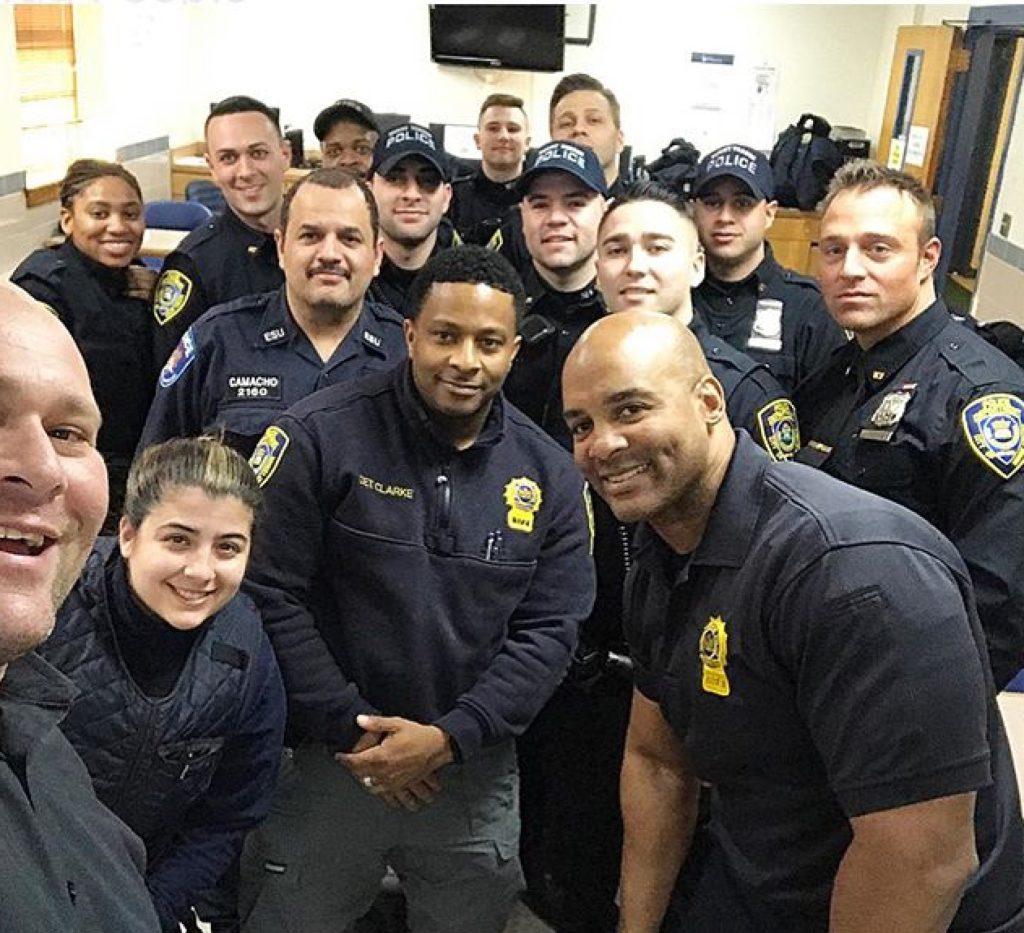
Charity Matters: When do you know that you have made a difference?
Jason Lehman: An individual is affected by our training when an organization brings us in. So a payday for me is when an organization wants to embrace the training. Whether it’s a school district, a police department or one of the county’s probation agencies., that is a payday for us. We want to change behavior and now we know we have an audience, a captive audience. We get on their level if we are talking to a group of prisoners we talk about their mind being free from the walls of a prison.
When I talk to police officers I talk to them about being kind to someone to make it easier for the next police officer that pulls someone over. They get that. Being able to see the organizations buy into the message and then being able to see the individuals shift, that’s when we know we are doing good stuff.
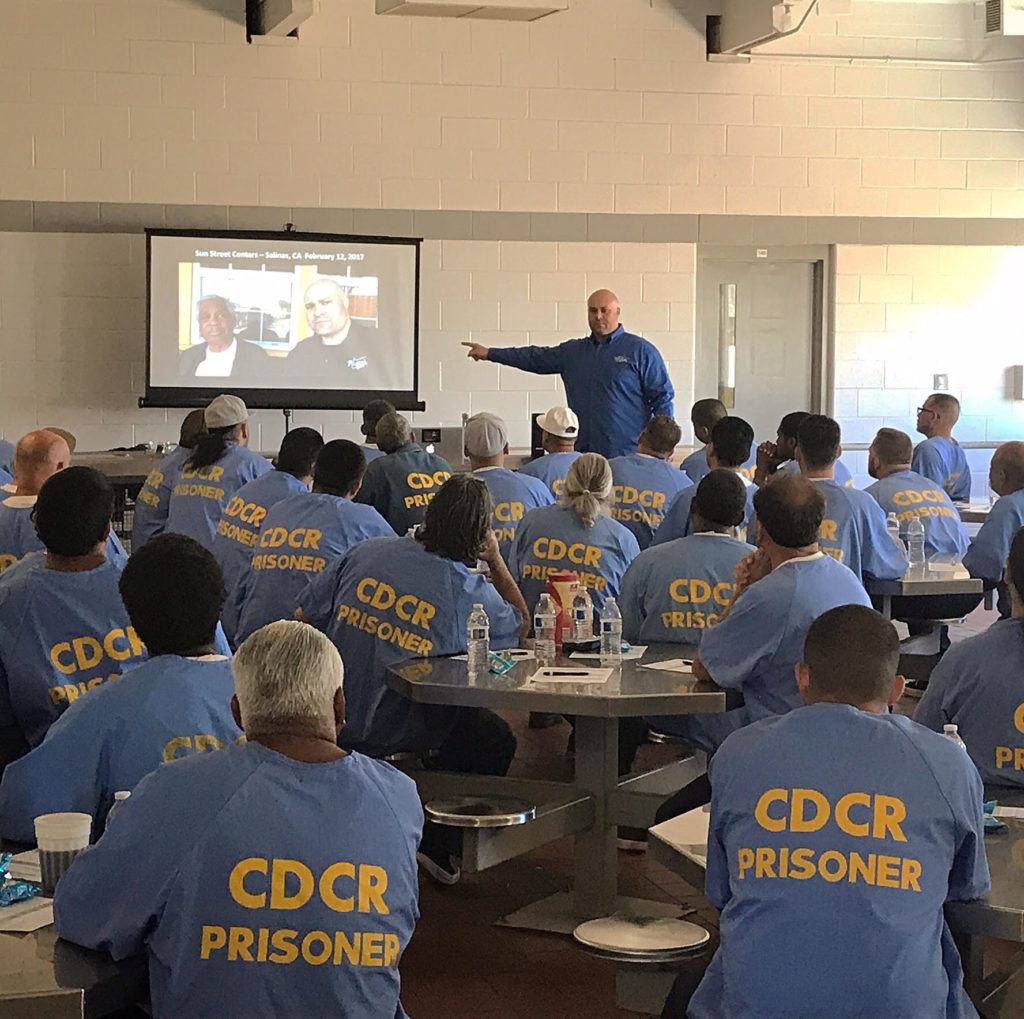
Charity Matters: Tell us a little about some of the impact you have had at WYSM?
Jason Lehman: We are the only nationally endorsed program by the fraternal order of police. We have 380,000 police officers supporting our organization, we are the only organization in the state that’s been called the best practice organization by Senator Harris. Right now WYSM operates in 19 cities and five states.
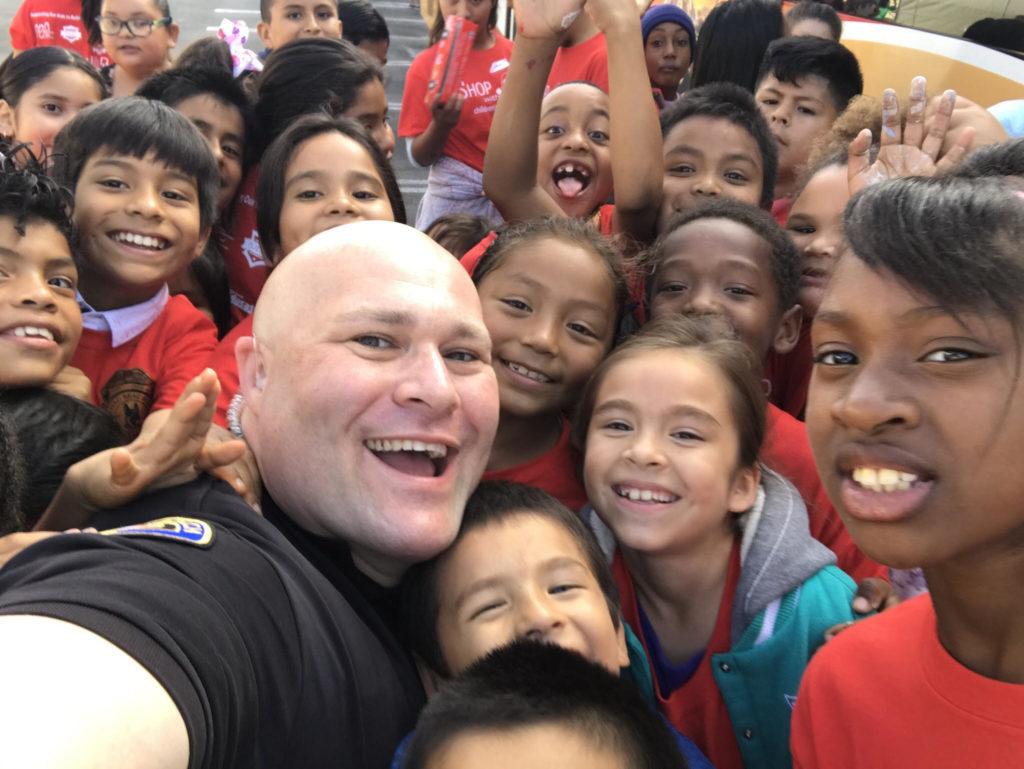
More importantly, since we started doing this work that human beings see other human beings differently. When they see other human beings differently they have less opportunity to judge them for something they are not. We are now able to see more of the human being behind the condition in order to allow them to grow and thrive, the power happens when we see kindness in people where kindness didn’t exist before. Our work teaches people to cooperate with the authority to achieve their greatness.
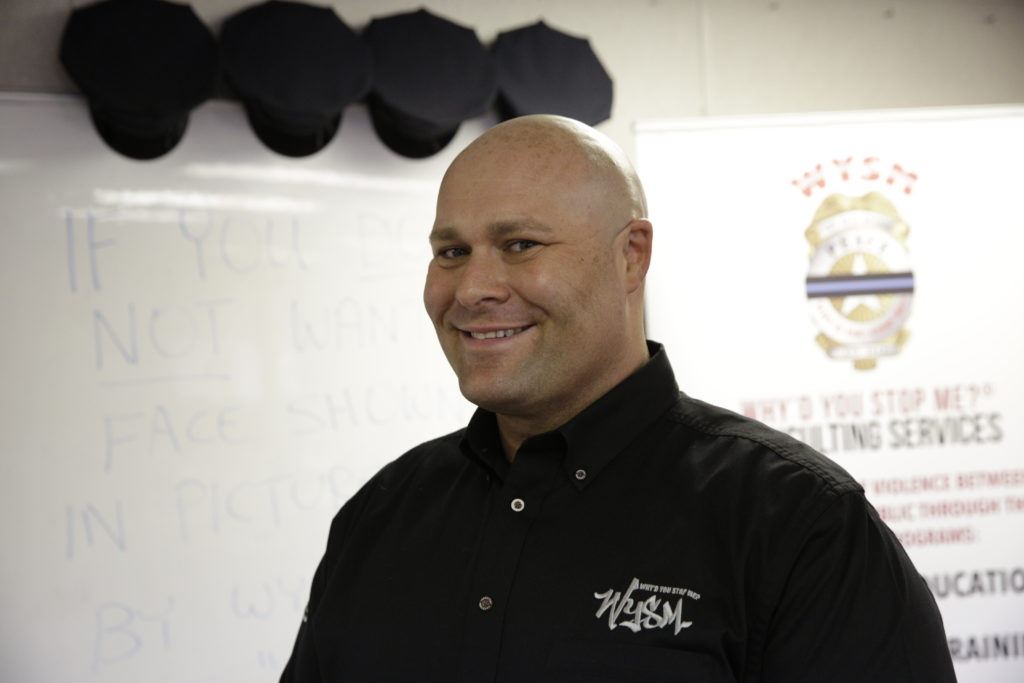
Charity Matters: What life lessons have you learned from this experience?
Jason Lehman: When starting WYSM I learned about myself. Back in 2008, I made a bad decision in my early years as a cop, that could have had me charged federally for excessive force. I am fortunate not to have been charged and having gone through this was horrible. In creating this movement and mission I have been able to hold myself to the highest accountability I can think of with WYSM. I am now in a position of leadership where I can model positive behavior for others and teach others to model behavior for those that come after them.
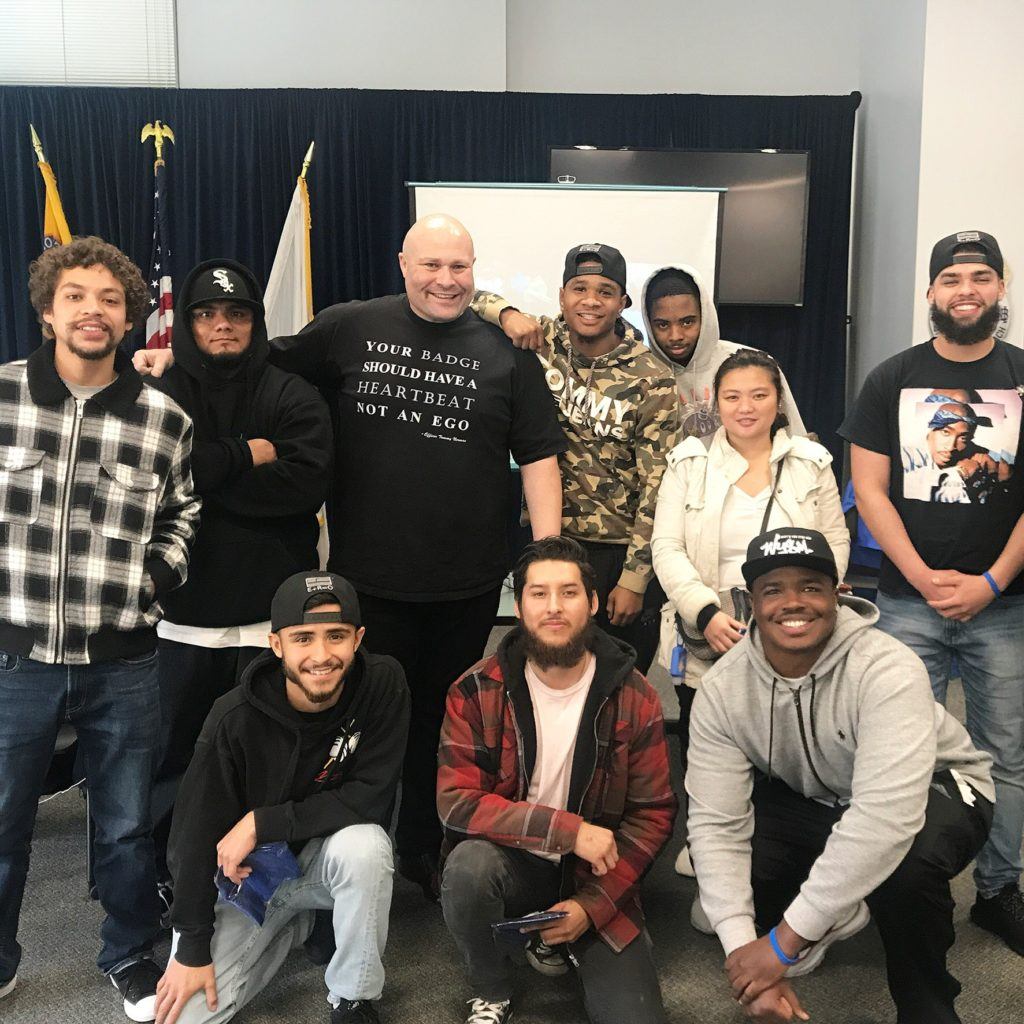
Charity Matters: If you had one wish for WYSM what would It be?
Jason Lehman: I have two wishes, one is for the community side and the other is for the police side. On the community side, I would like to replace the 7th grade home economics class with a class called, Cooperating with Authority to Achieve Greatness.
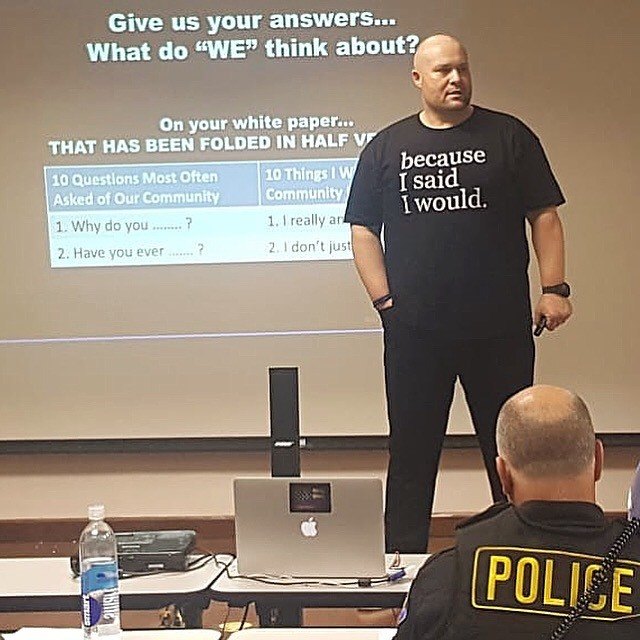
On the flip side, I would like police officers to see value in what they typically view as hug a thug training. I hope that police officers see value in this training and that this training will spread across the entire country. Those would be my two wishes.
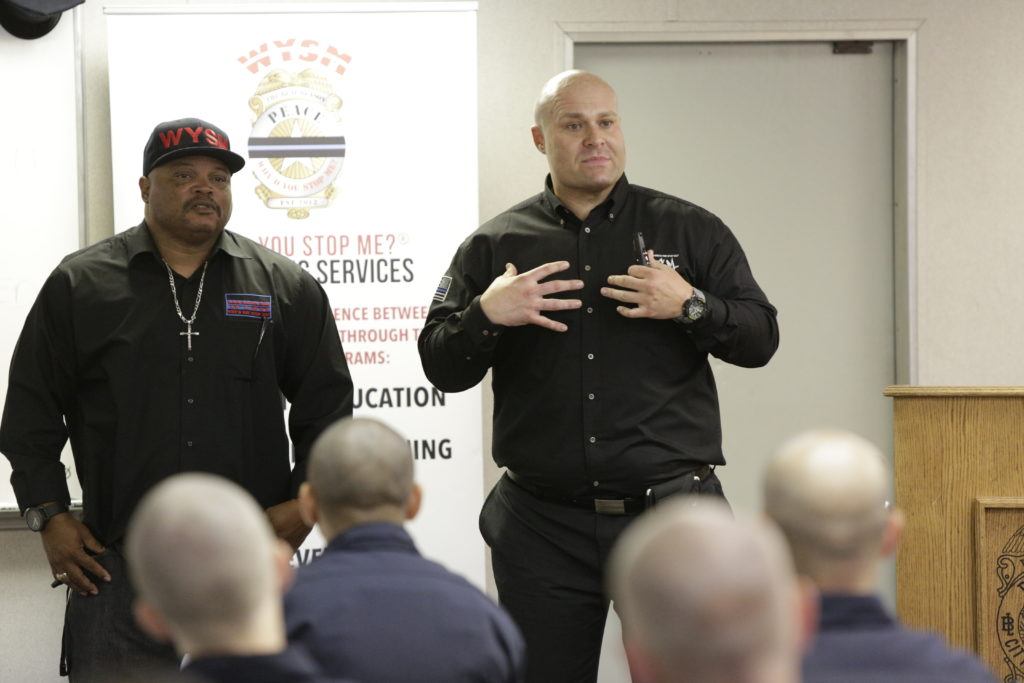
Charity Matters: Is there anything else you want to share about your work at WYSM?
Jason Lehman: I think one of the most valuable and important assets of this training is that my partner is somebody who is a college graduate, was 2016 Long Beach’s Hero of the Year beating out firefighters and police officers. This man whose name is Rodney Coulter spent 29 years of his life in prison or on parole or on probation. He has been arrested 39 times by the Long Beach Police Department and his cousin is the person whose life I took in that undercover drug deal. Rodney and I are best friends and we stand side by side in unity and team-teach. He is incredible. His line is, “I never thought a cop and a Crip could be best friends.” Rodney teaches gang members why cops are good and I teach the police why people like Rodney are good. The power happens when together we see kindness in people where kindness didn’t exist before.
Charity Matters
YOUR REFERRAL IS THE GREATEST COMPLIMENT, IF YOU ARE SO MOVED OR INSPIRED, WE WOULD LOVE YOU TO SHARE AND INSPIRE ANOTHER.
Copyright © 2019 Charity Matters. This article may not be reproduced without explicit written permission; if you are not reading this in your newsreader, the site you are viewing is illegally infringing our copyright. We would be grateful if you contact us.

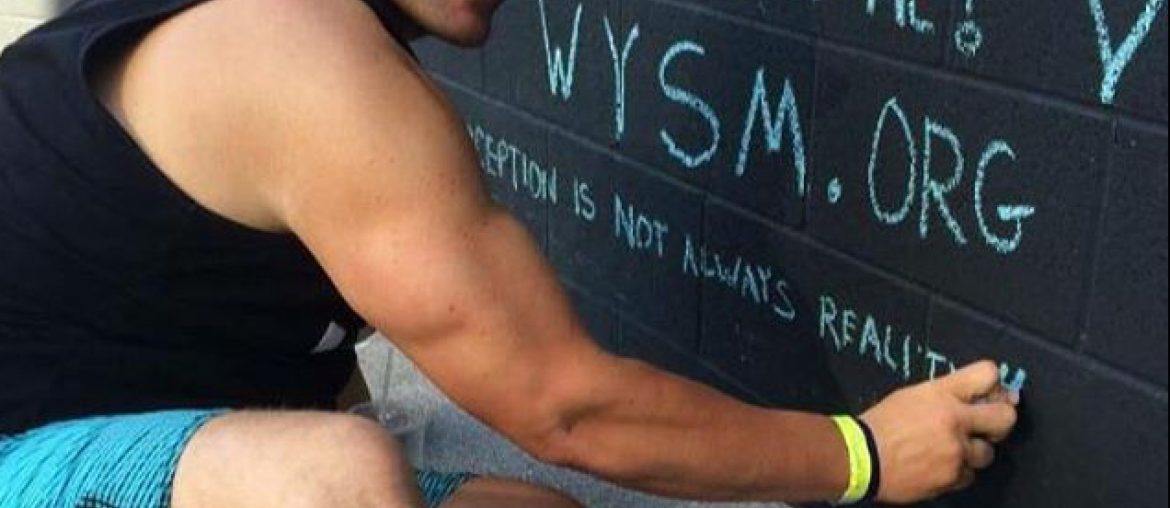
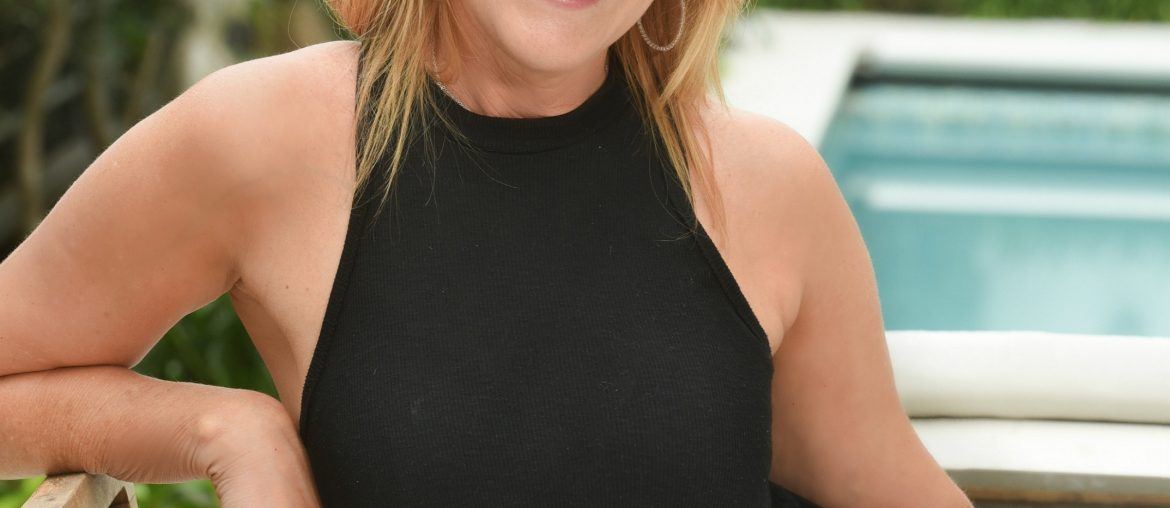
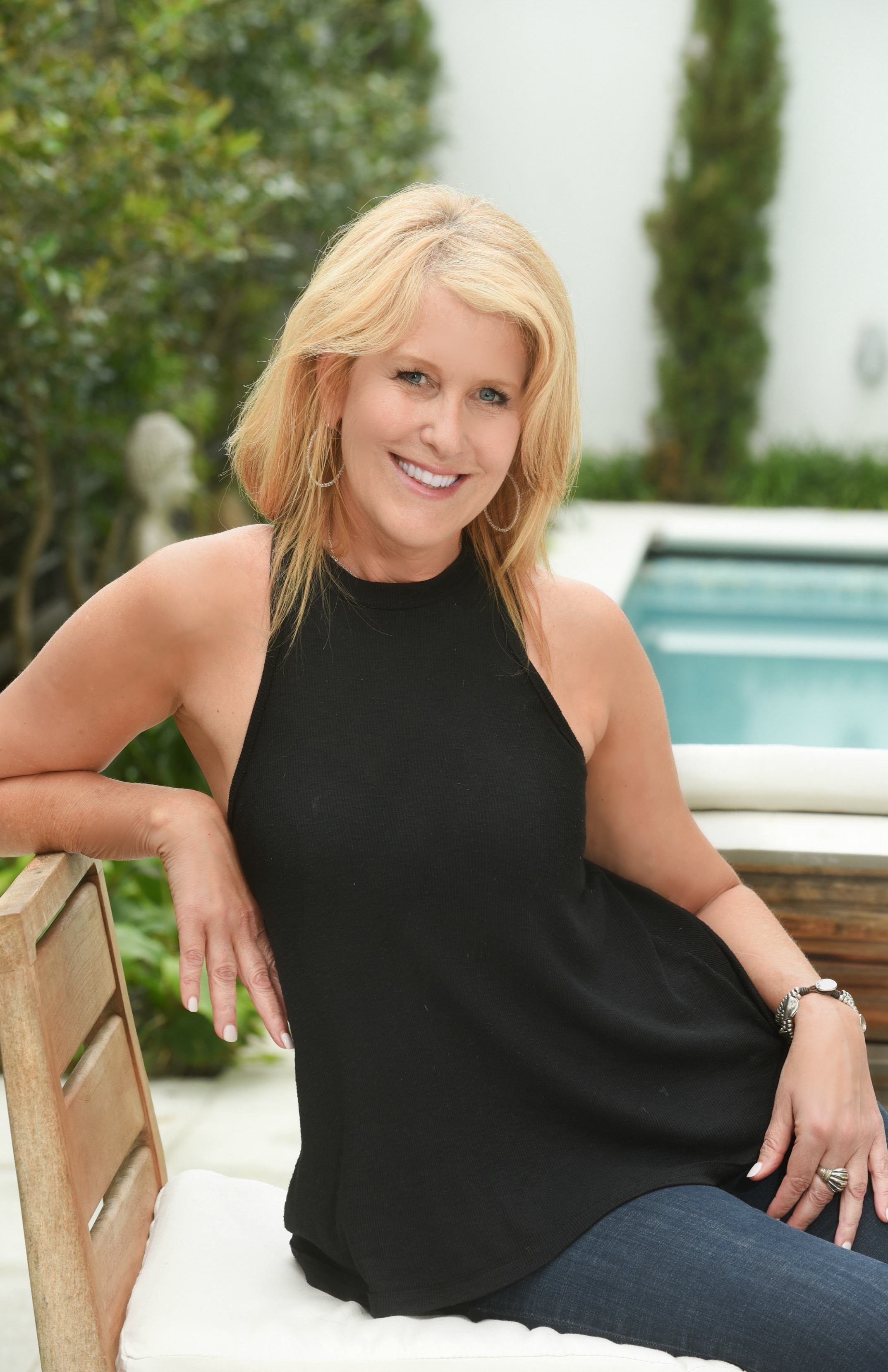
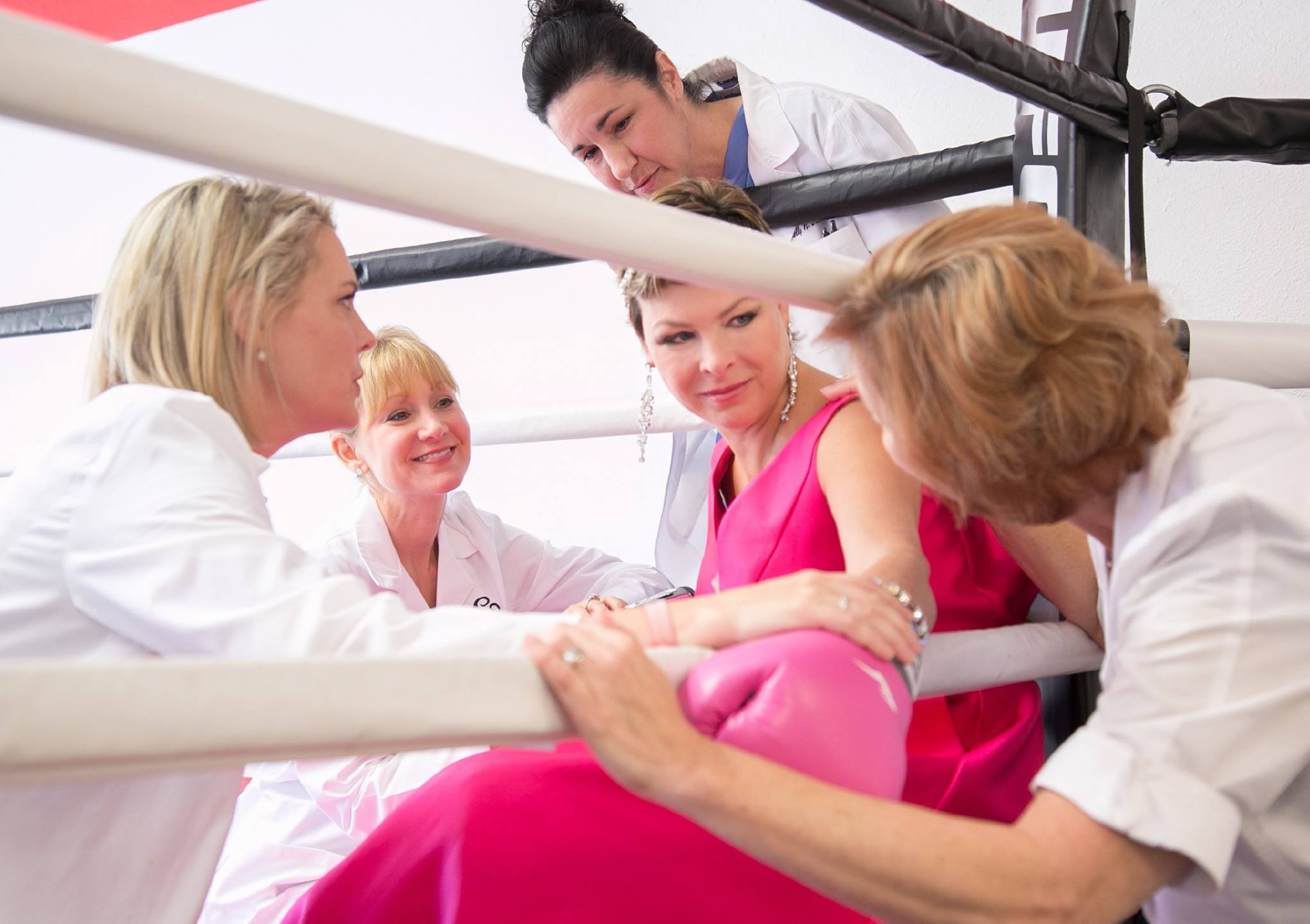
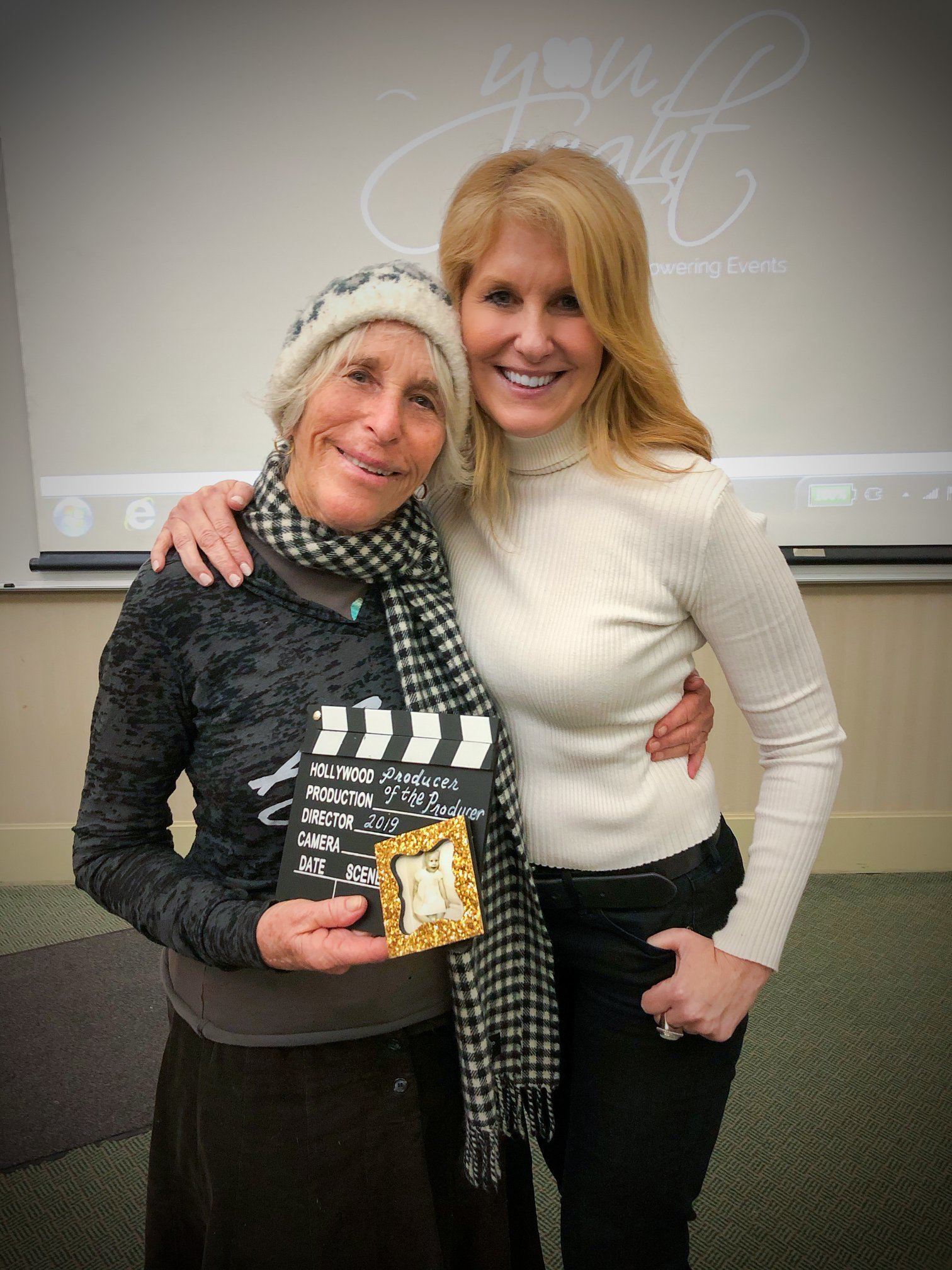
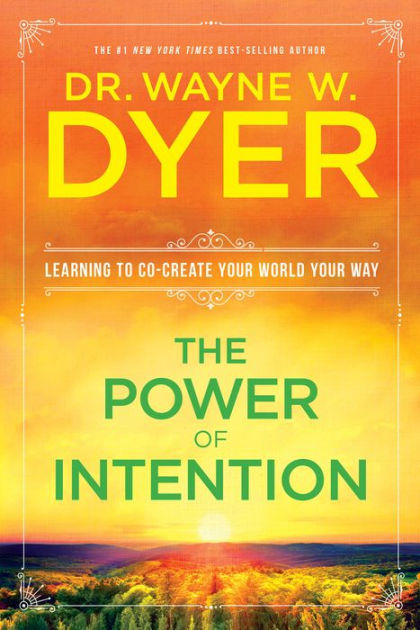
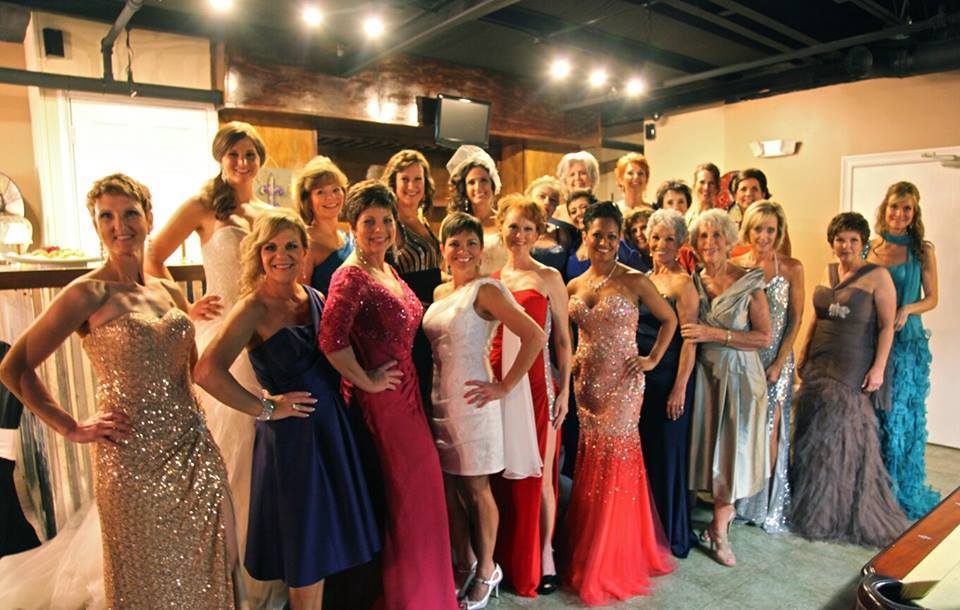
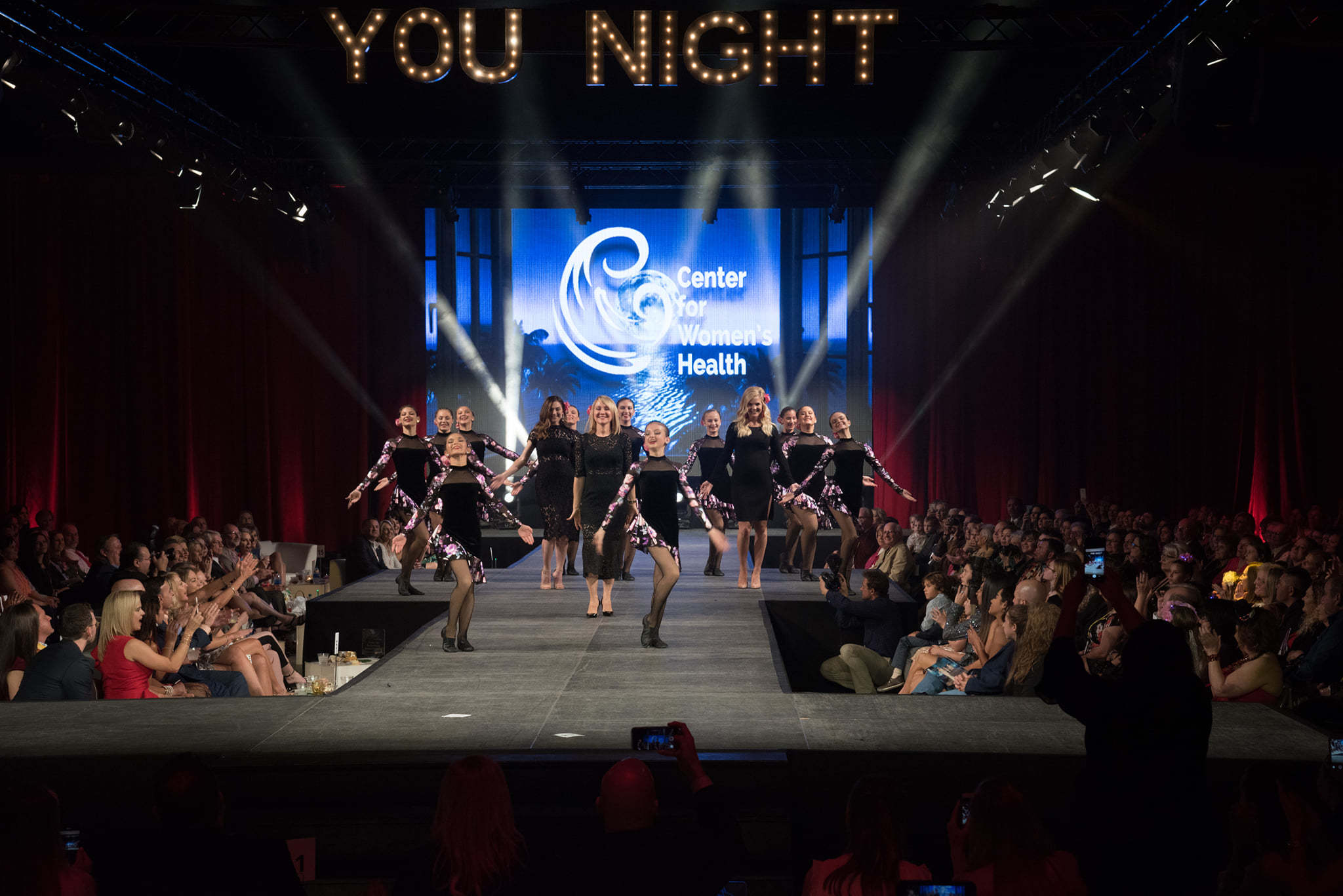
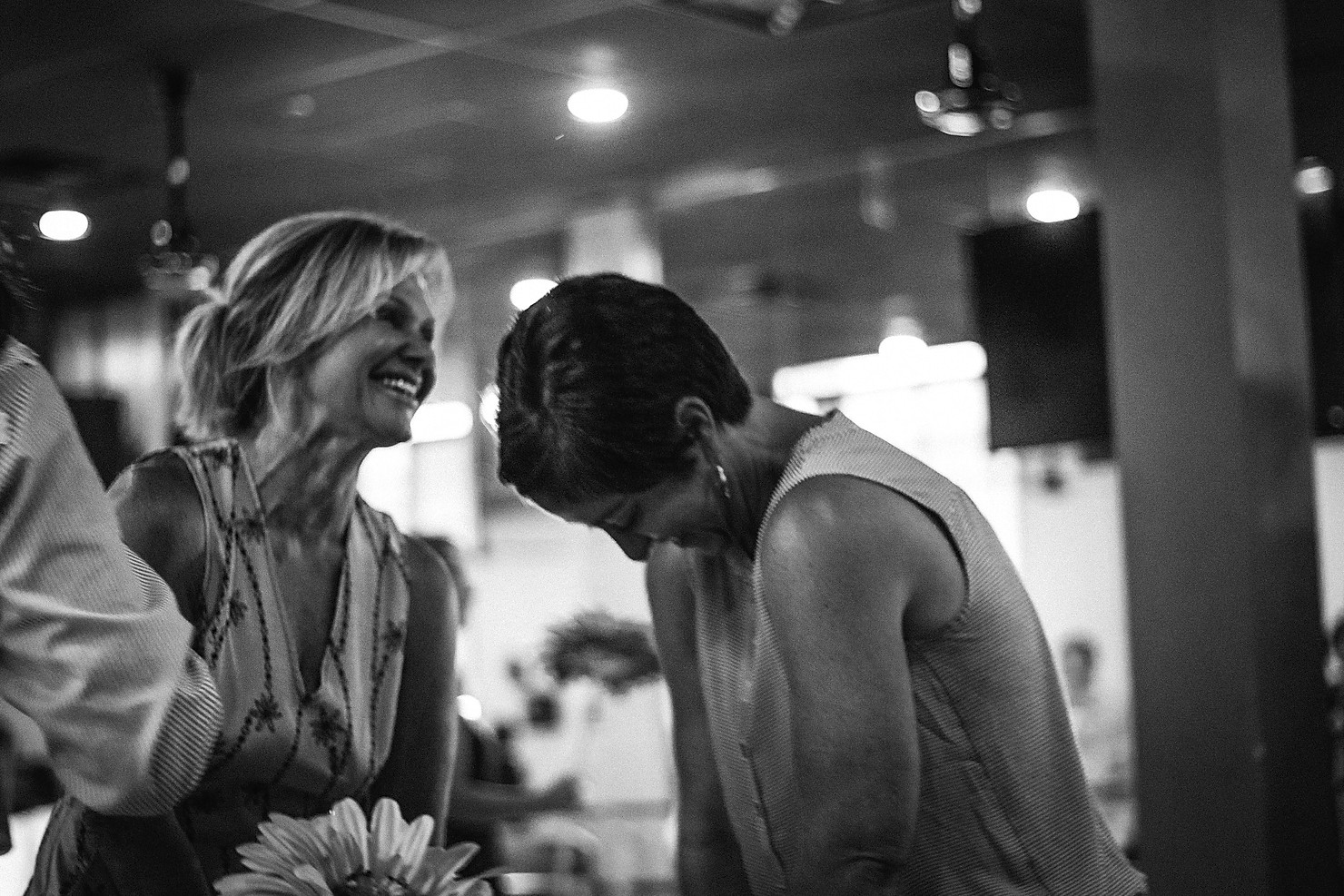
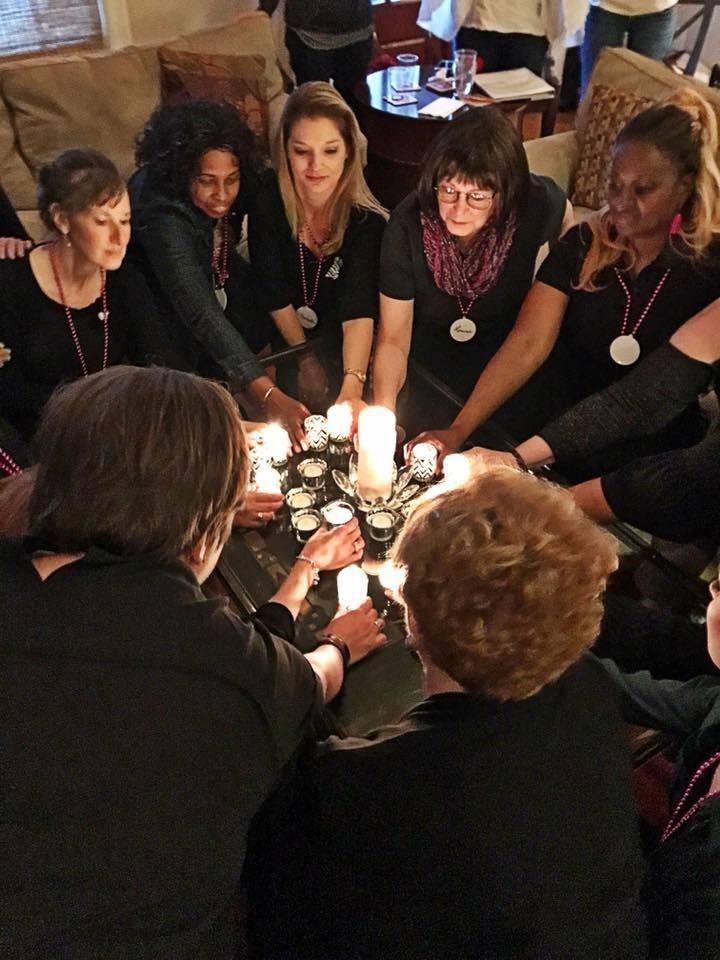
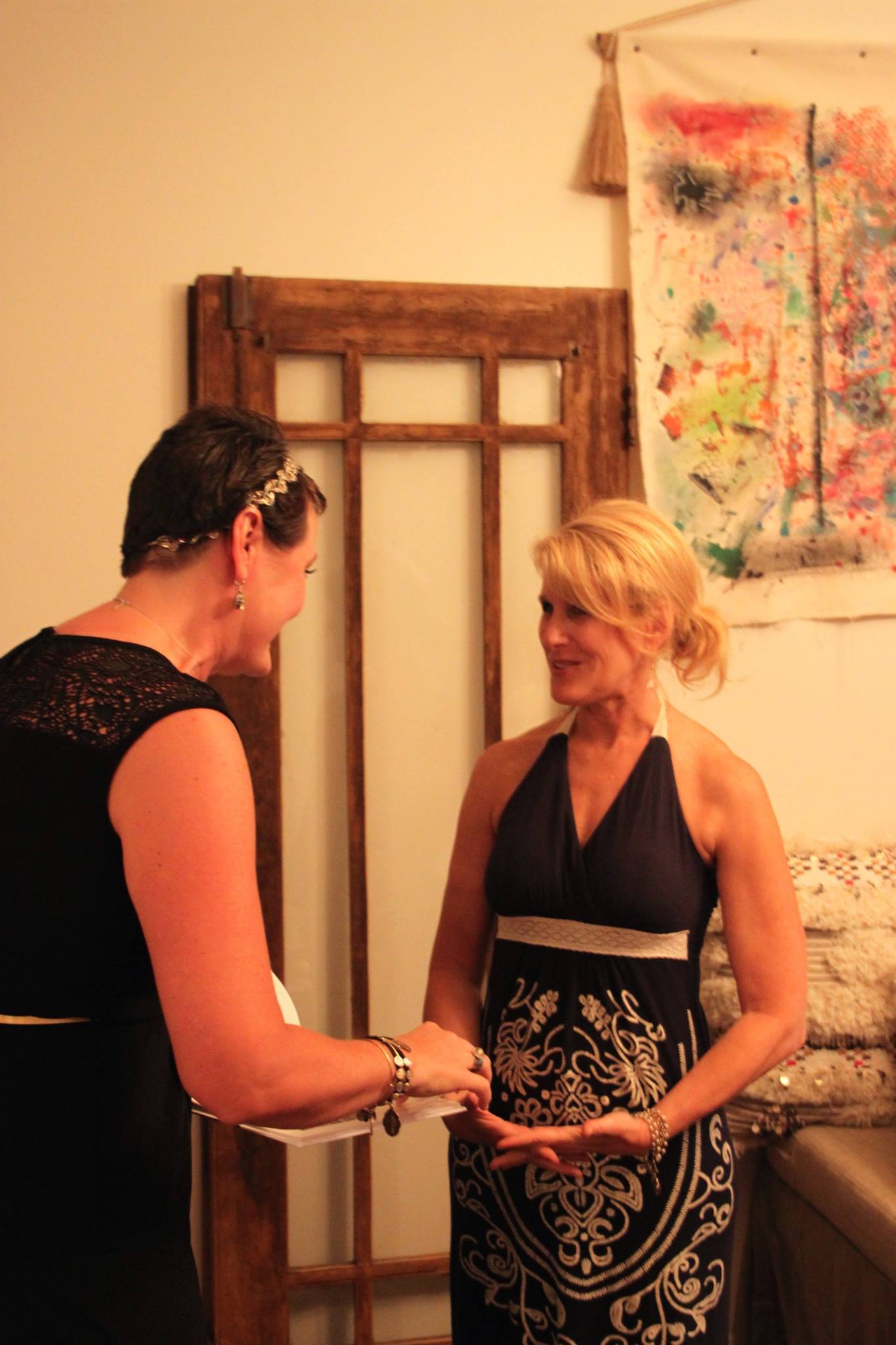
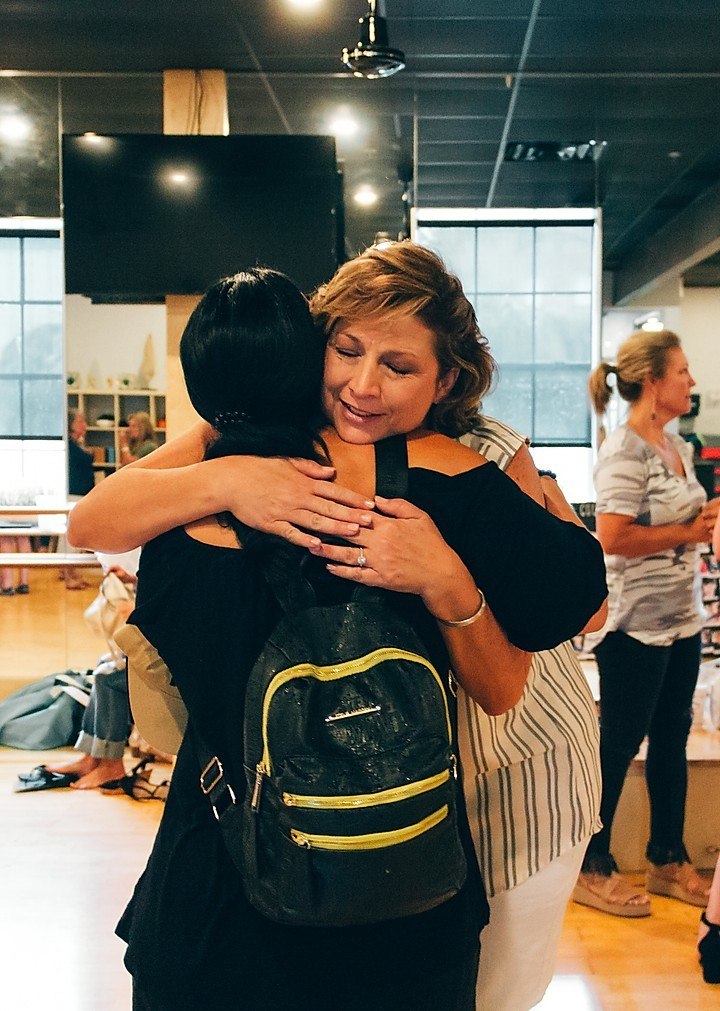
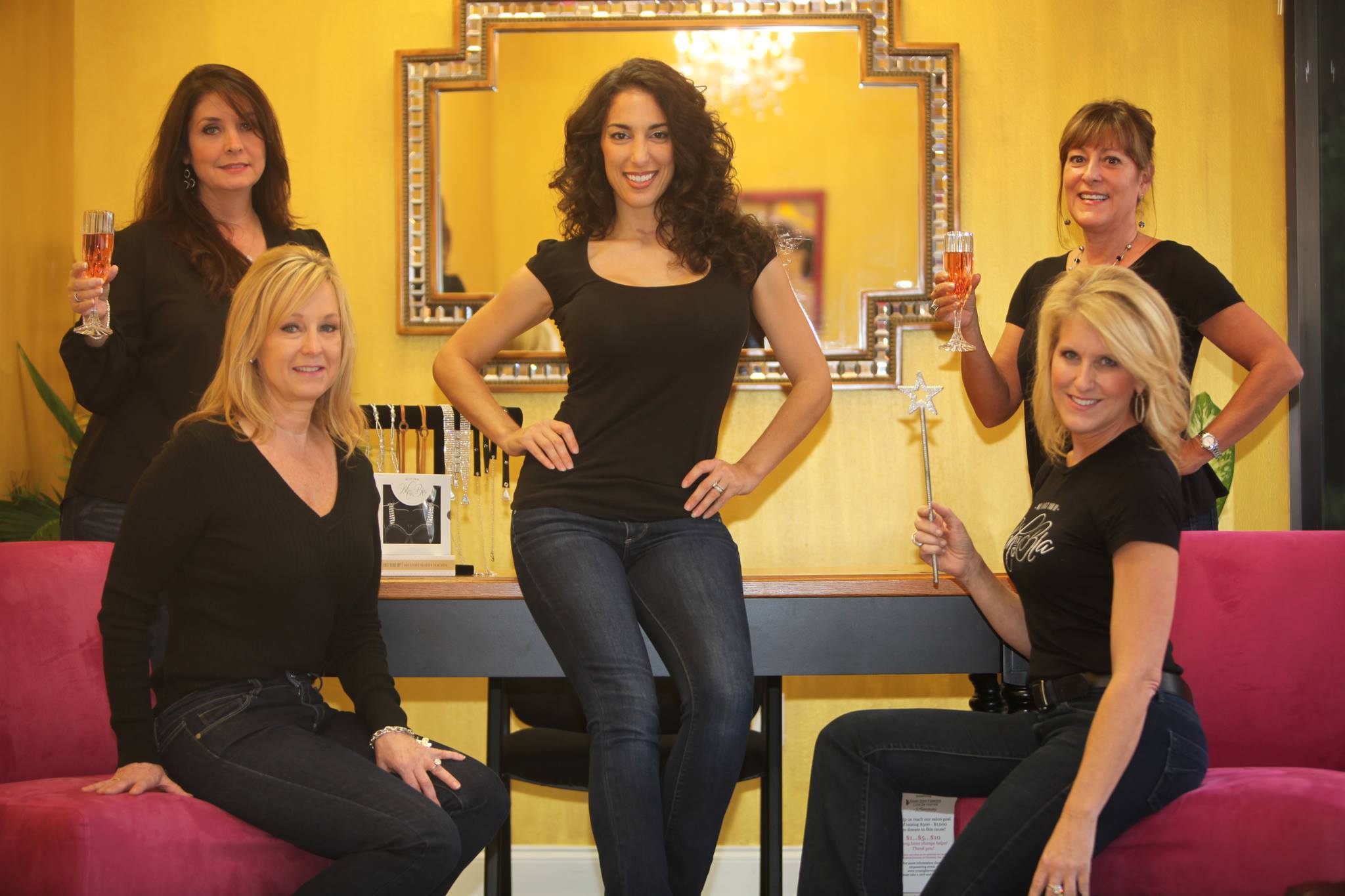 We sort of realized that our empowerment experience is a two year experience, the first year is giving them back their own self-esteem and their life and their attitude. And then pulling out you find out so many things about them like they’re amazing skills, and these are women are not defined by cancer.
We sort of realized that our empowerment experience is a two year experience, the first year is giving them back their own self-esteem and their life and their attitude. And then pulling out you find out so many things about them like they’re amazing skills, and these are women are not defined by cancer.